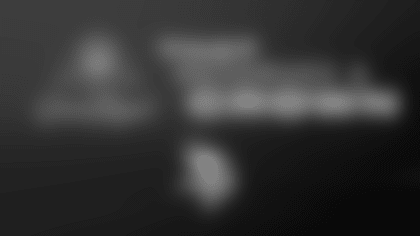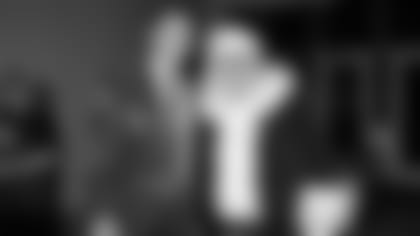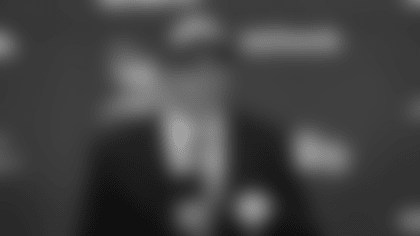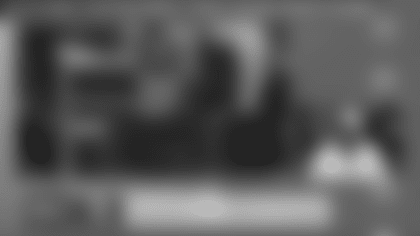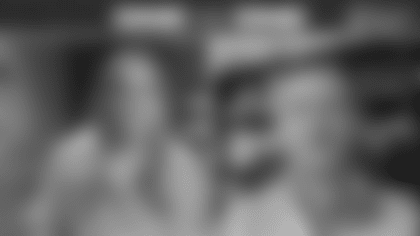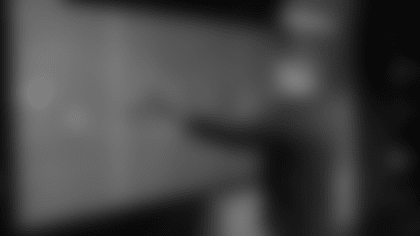The Vikings hosted an LGBTQ (lesbian, gay, bisexual, transgender and queer) Summit on Thursday at Twin Cities Orthopedics Performance Center, the first event of its kind that focused on inclusion, awareness and sensitivity.
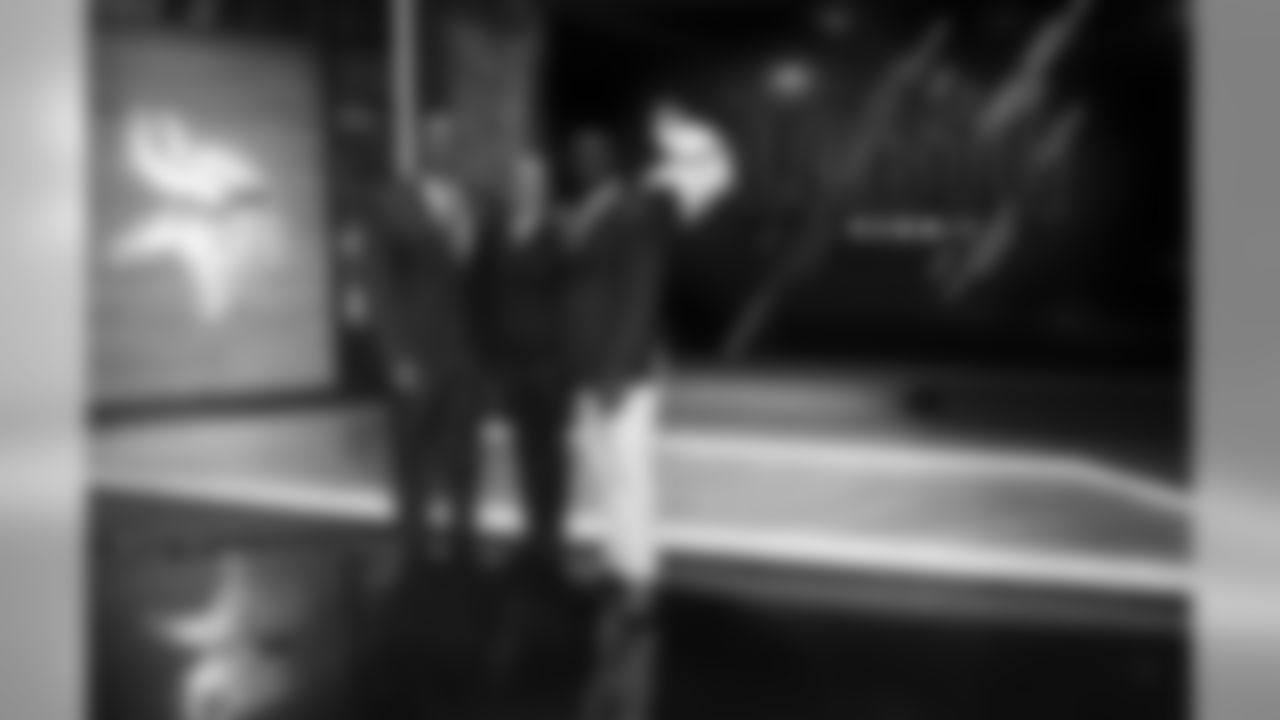
An image from June 21, 2018 of the Minnesota Vikings LGBTQ Summit held at TCO Performance Center in Eagan, MN.

An image from June 21, 2018 of the Minnesota Vikings LGBTQ Summit held at TCO Performance Center in Eagan, MN.
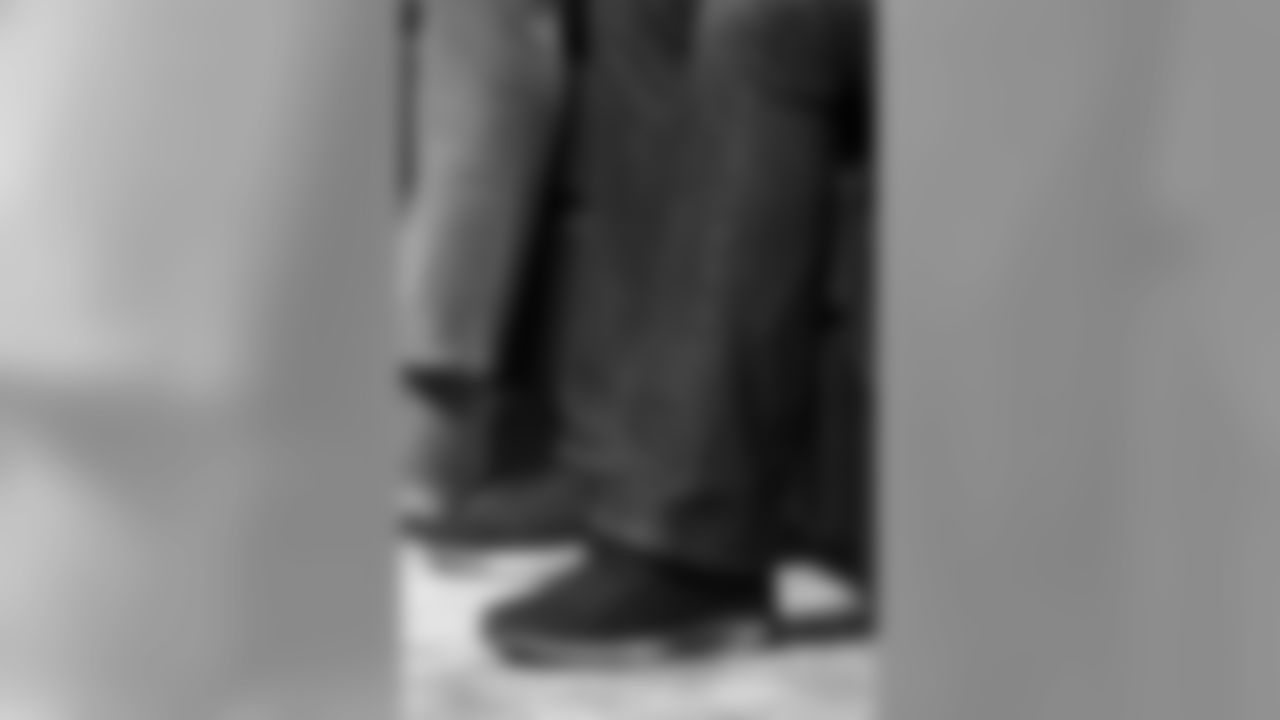
An image from June 21, 2018 of the Minnesota Vikings LGBTQ Summit held at TCO Performance Center in Eagan, MN.
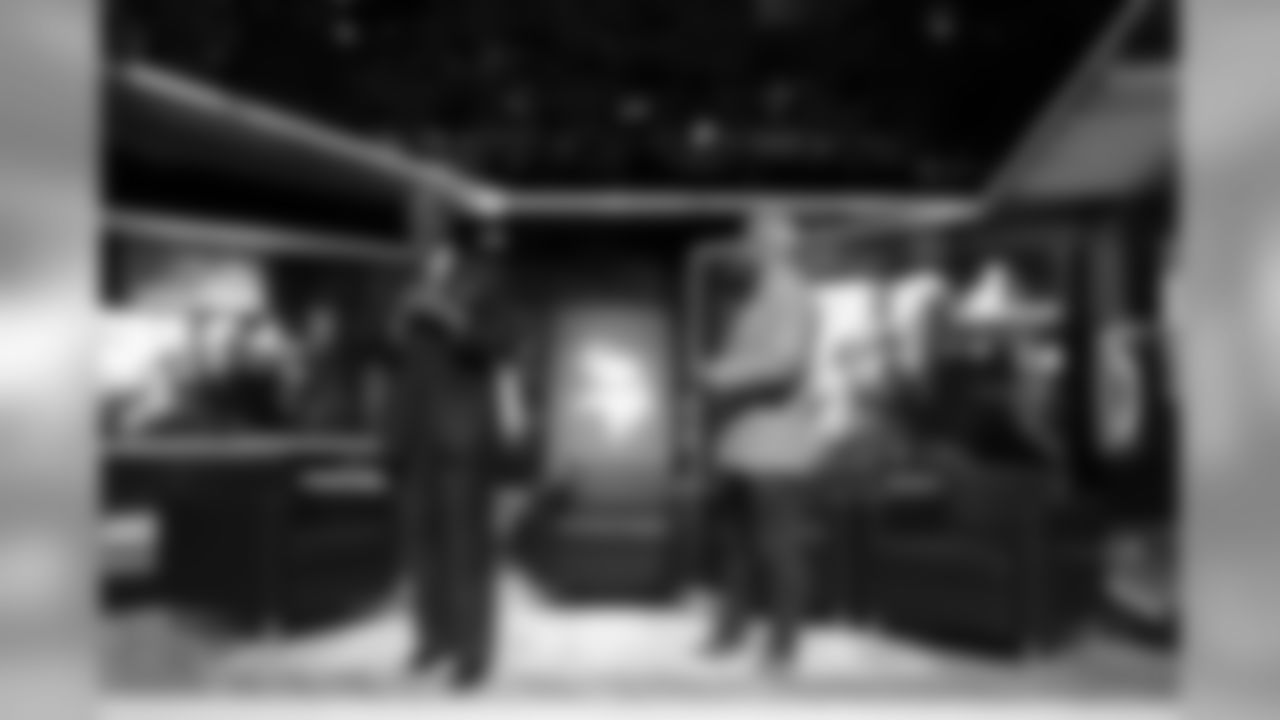
An image from June 21, 2018 of the Minnesota Vikings LGBTQ Summit held at TCO Performance Center in Eagan, MN.
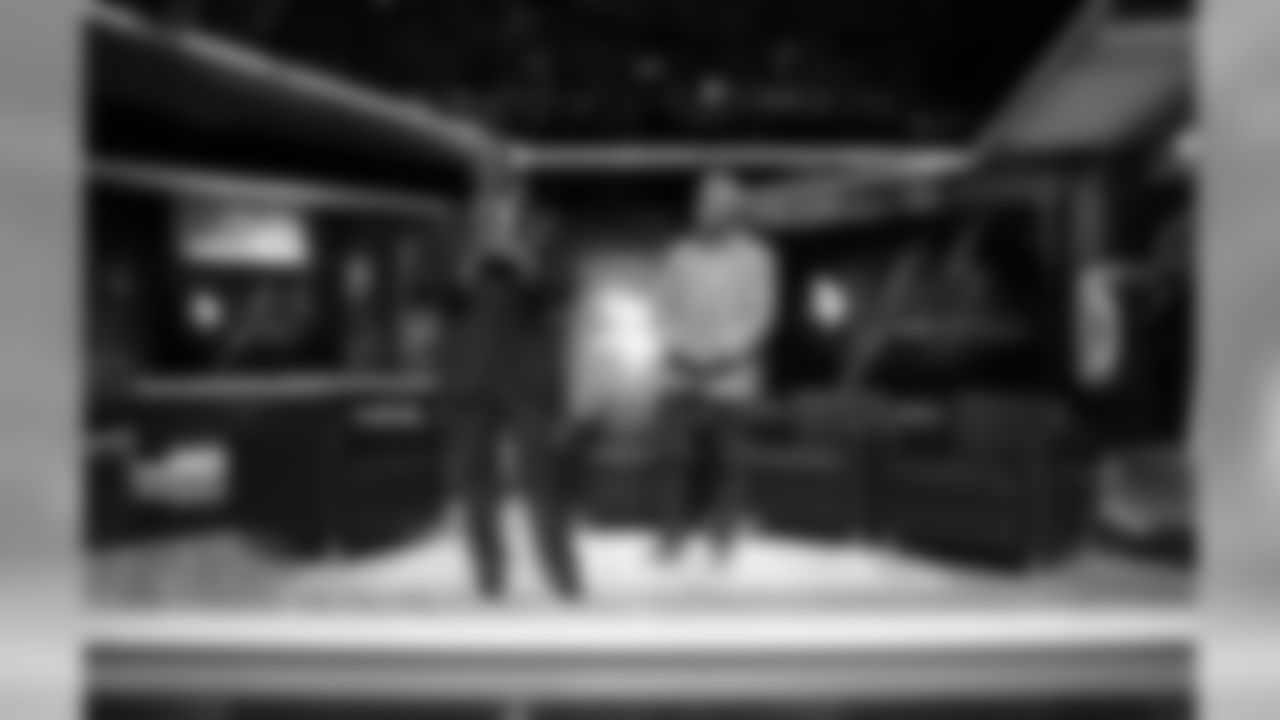
An image from June 21, 2018 of the Minnesota Vikings LGBTQ Summit held at TCO Performance Center in Eagan, MN.

An image from June 21, 2018 of the Minnesota Vikings LGBTQ Summit held at TCO Performance Center in Eagan, MN.

An image from June 21, 2018 of the Minnesota Vikings LGBTQ Summit held at TCO Performance Center in Eagan, MN.
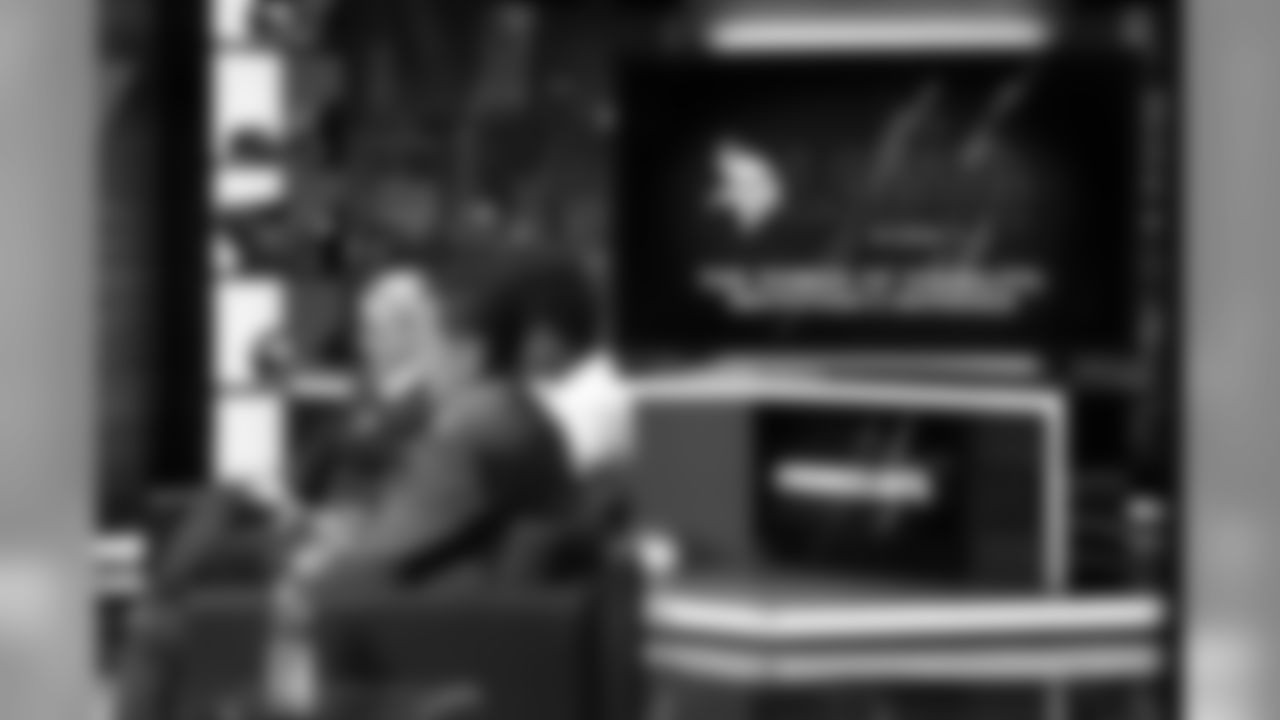
An image from June 21, 2018 of the Minnesota Vikings LGBTQ Summit held at TCO Performance Center in Eagan, MN.
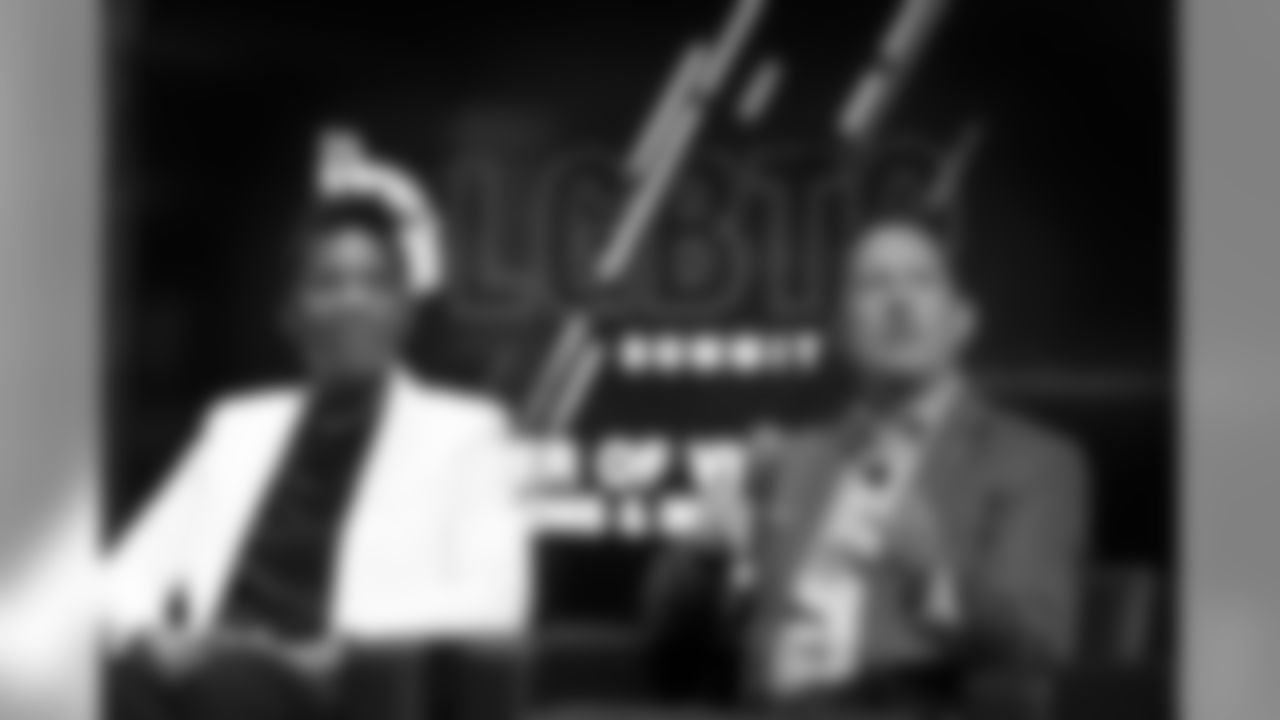
An image from June 21, 2018 of the Minnesota Vikings LGBTQ Summit held at TCO Performance Center in Eagan, MN.
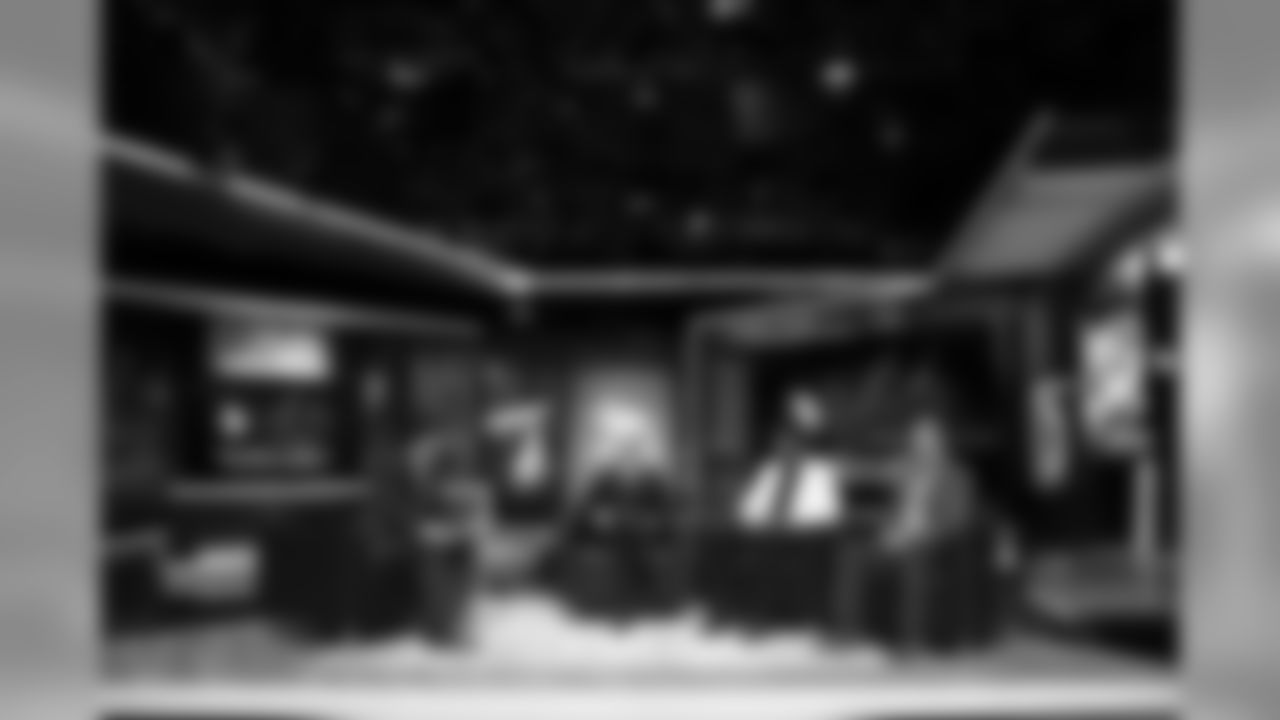
An image from June 21, 2018 of the Minnesota Vikings LGBTQ Summit held at TCO Performance Center in Eagan, MN.
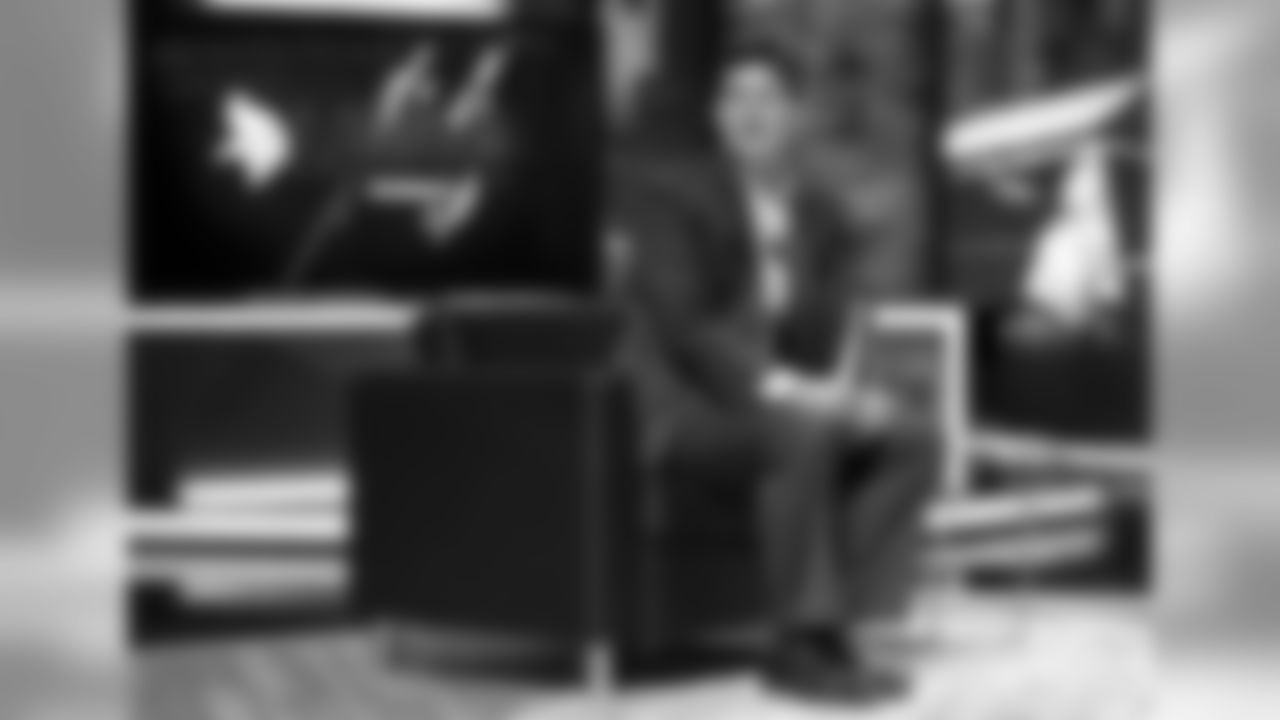
An image from June 21, 2018 of the Minnesota Vikings LGBTQ Summit held at TCO Performance Center in Eagan, MN.

An image from June 21, 2018 of the Minnesota Vikings LGBTQ Summit held at TCO Performance Center in Eagan, MN.
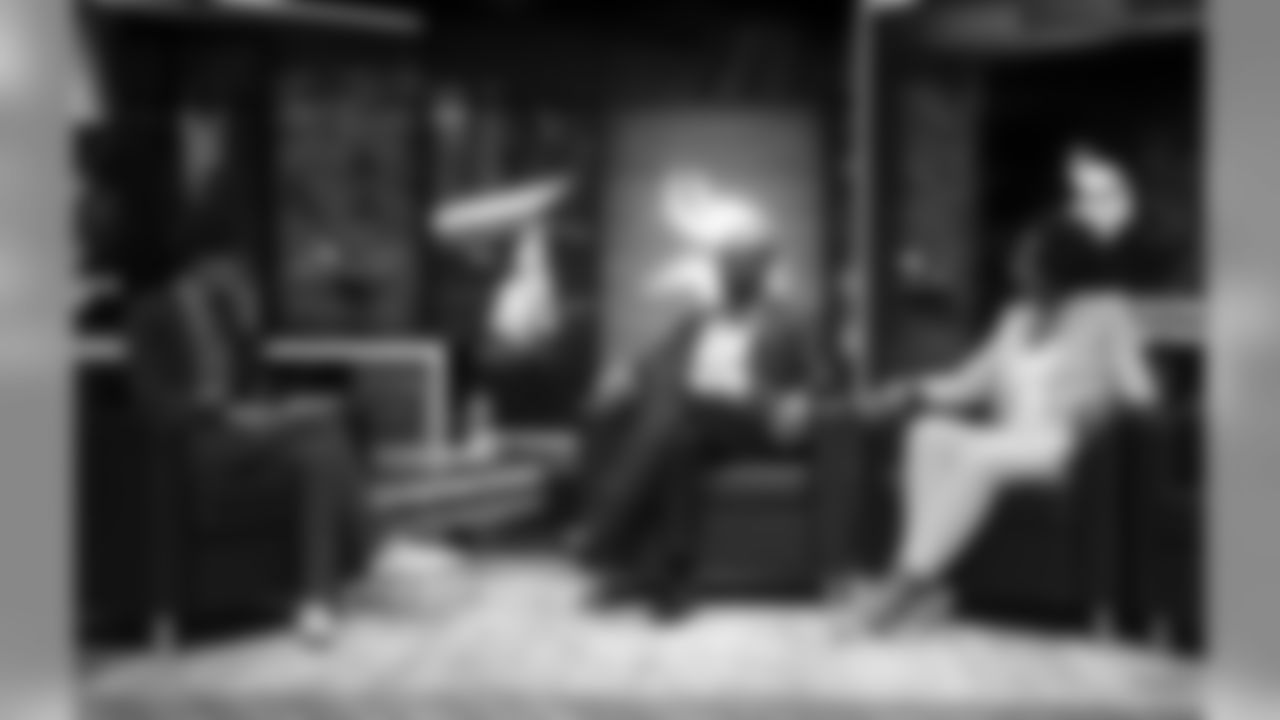
An image from June 21, 2018 of the Minnesota Vikings LGBTQ Summit held at TCO Performance Center in Eagan, MN.

An image from June 21, 2018 of the Minnesota Vikings LGBTQ Summit held at TCO Performance Center in Eagan, MN.
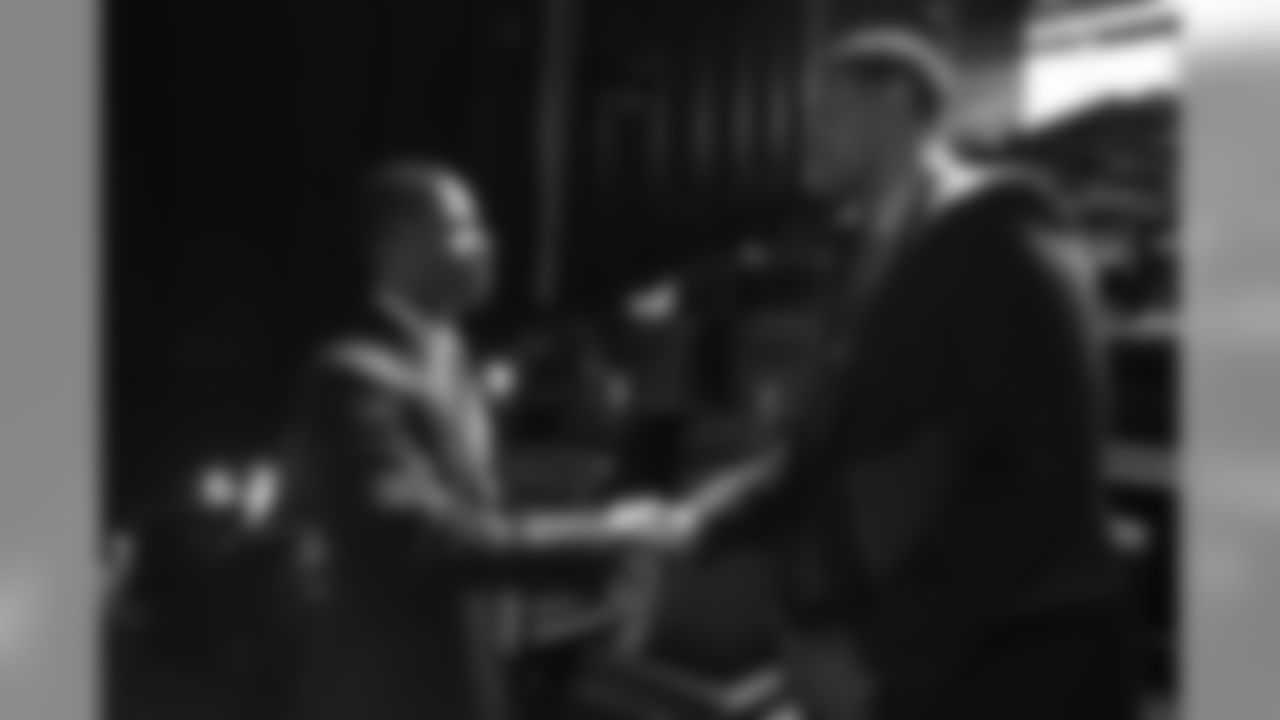
An image from June 21, 2018 of the Minnesota Vikings LGBTQ Summit held at TCO Performance Center in Eagan, MN.

An image from June 21, 2018 of the Minnesota Vikings LGBTQ Summit held at TCO Performance Center in Eagan, MN.
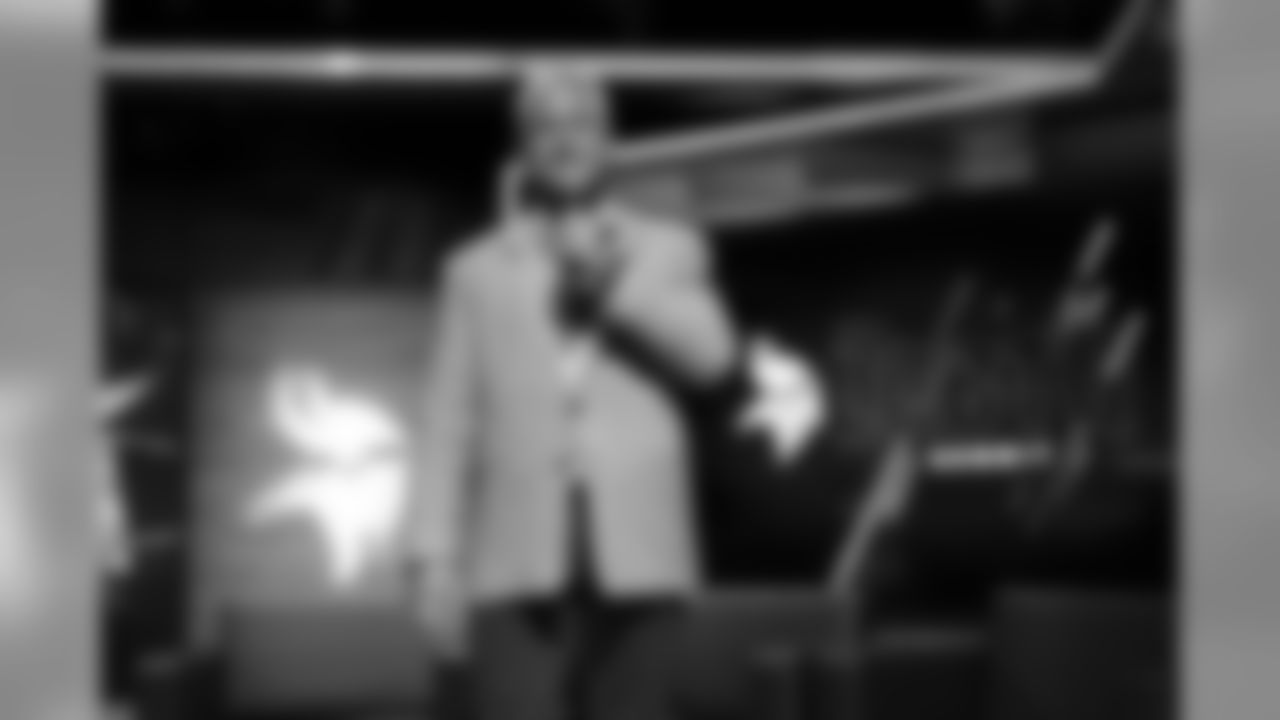
An image from June 21, 2018 of the Minnesota Vikings LGBTQ Summit held at TCO Performance Center in Eagan, MN.

An image from June 21, 2018 of the Minnesota Vikings LGBTQ Summit held at TCO Performance Center in Eagan, MN.
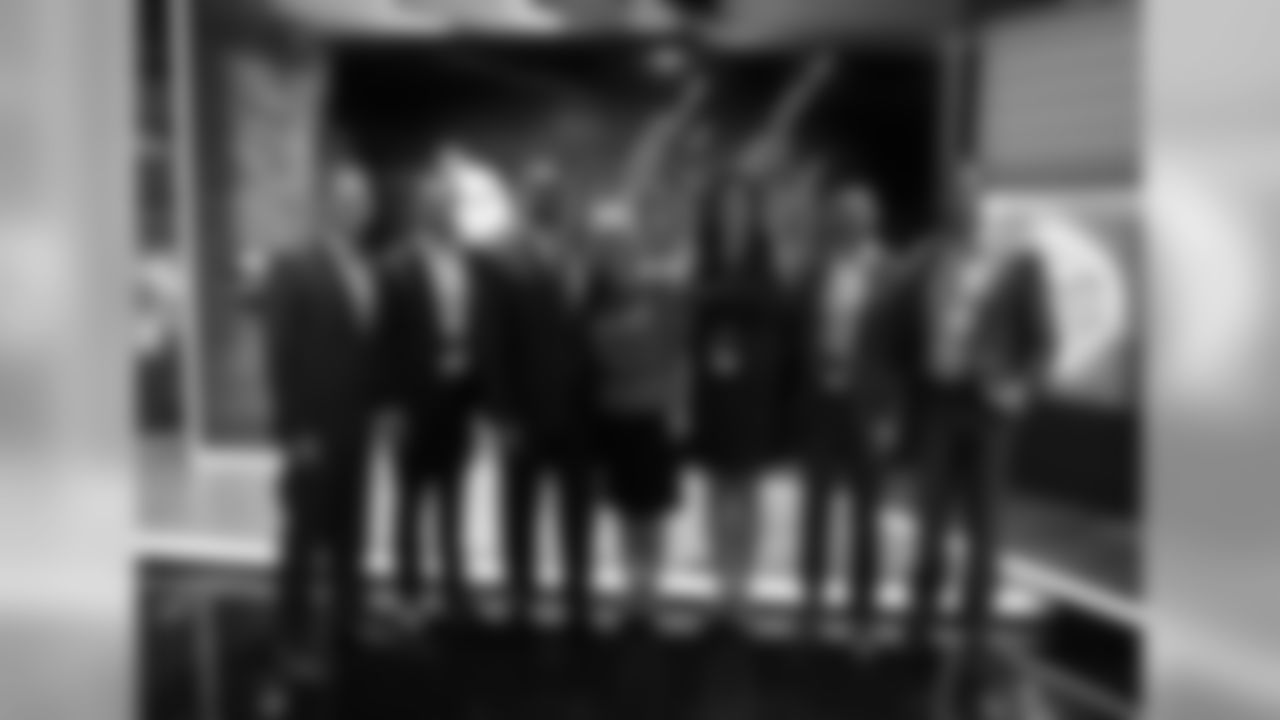
An image from June 21, 2018 of the Minnesota Vikings LGBTQ Summit held at TCO Performance Center in Eagan, MN.

An image from June 21, 2018 of the Minnesota Vikings LGBTQ Summit held at TCO Performance Center in Eagan, MN.
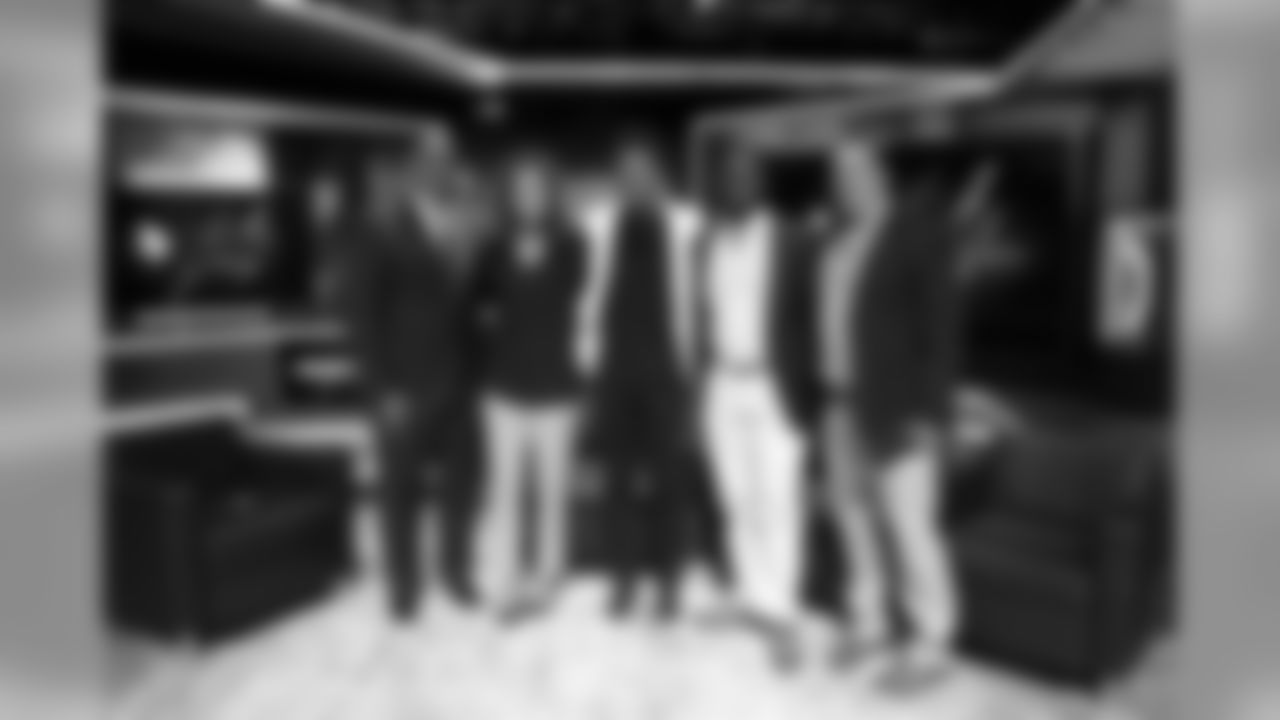
An image from June 21, 2018 of the Minnesota Vikings LGBTQ Summit held at TCO Performance Center in Eagan, MN.
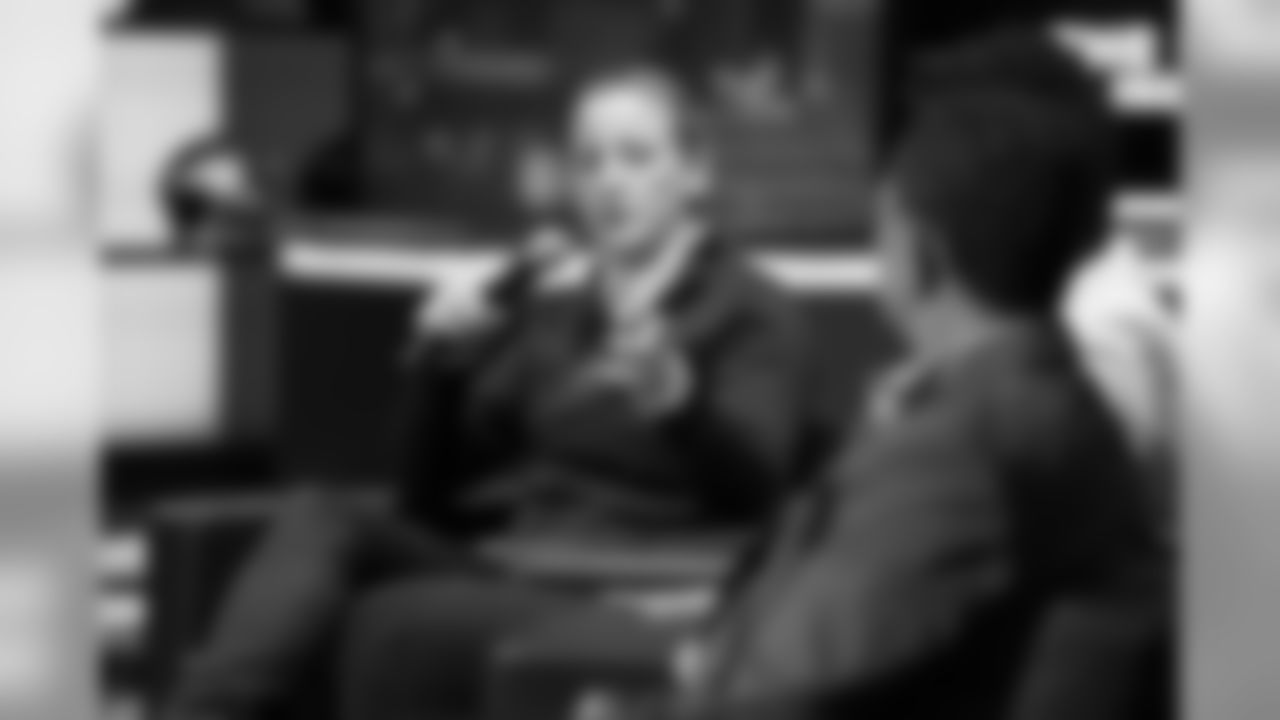
An image from June 21, 2018 of the Minnesota Vikings LGBTQ Summit held at TCO Performance Center in Eagan, MN.
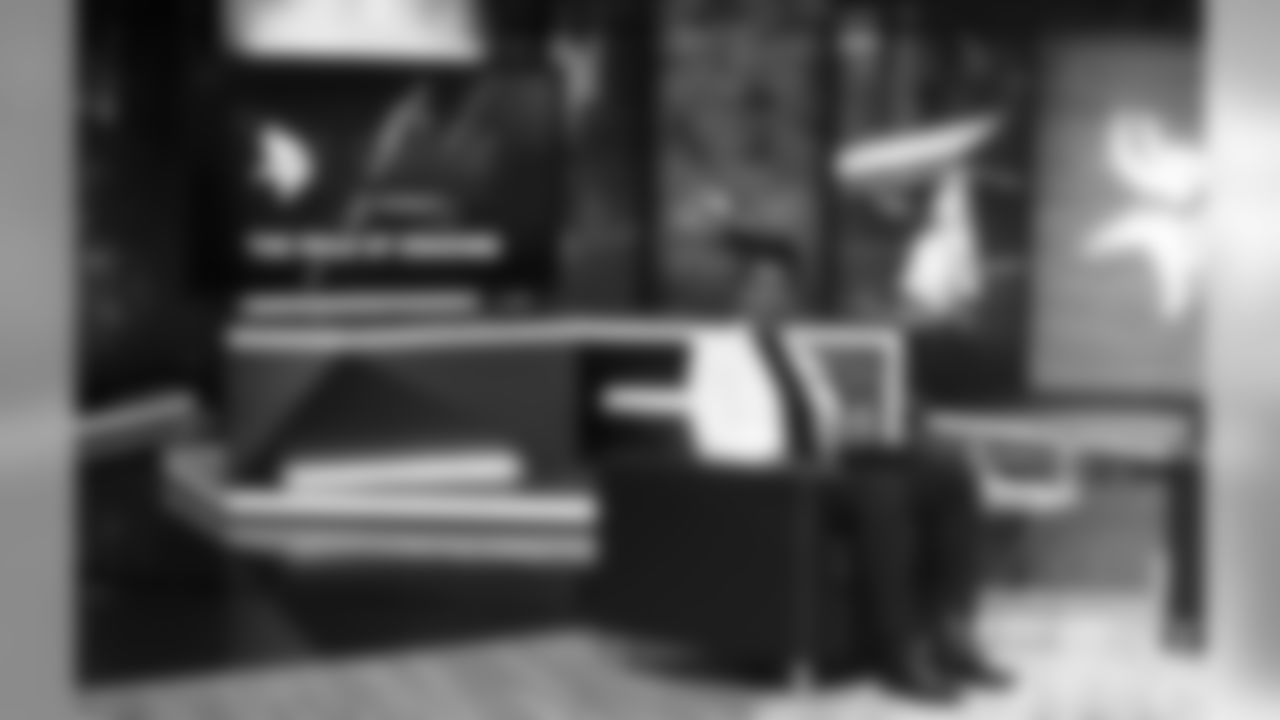
An image from June 21, 2018 of the Minnesota Vikings LGBTQ Summit held at TCO Performance Center in Eagan, MN.
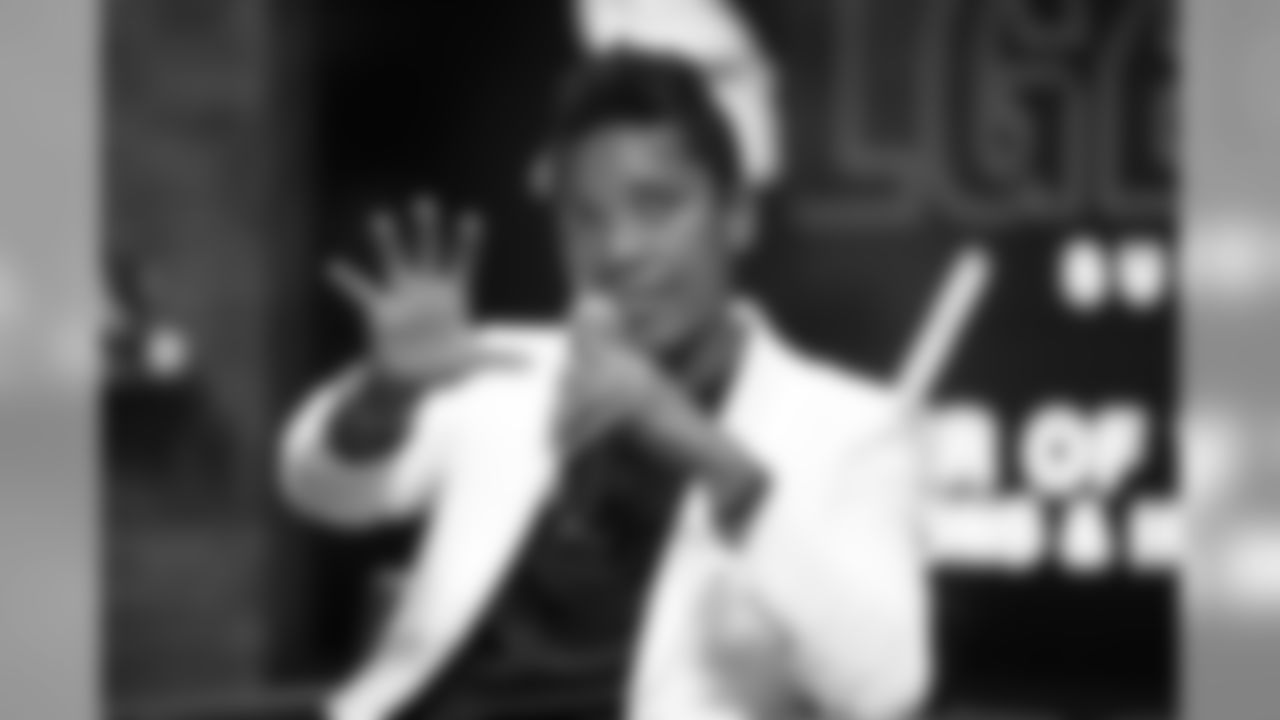
An image from June 21, 2018 of the Minnesota Vikings LGBTQ Summit held at TCO Performance Center in Eagan, MN.
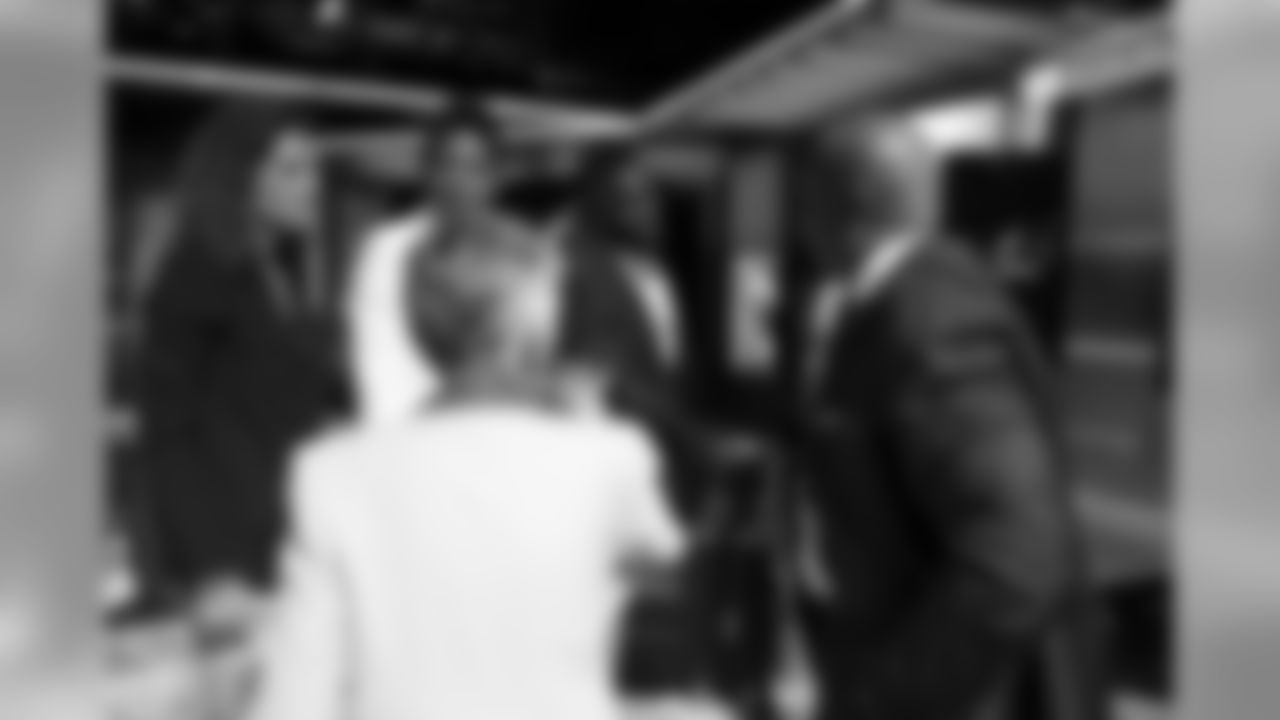
An image from June 21, 2018 of the Minnesota Vikings LGBTQ Summit held at TCO Performance Center in Eagan, MN.

An image from June 21, 2018 of the Minnesota Vikings LGBTQ Summit held at TCO Performance Center in Eagan, MN.
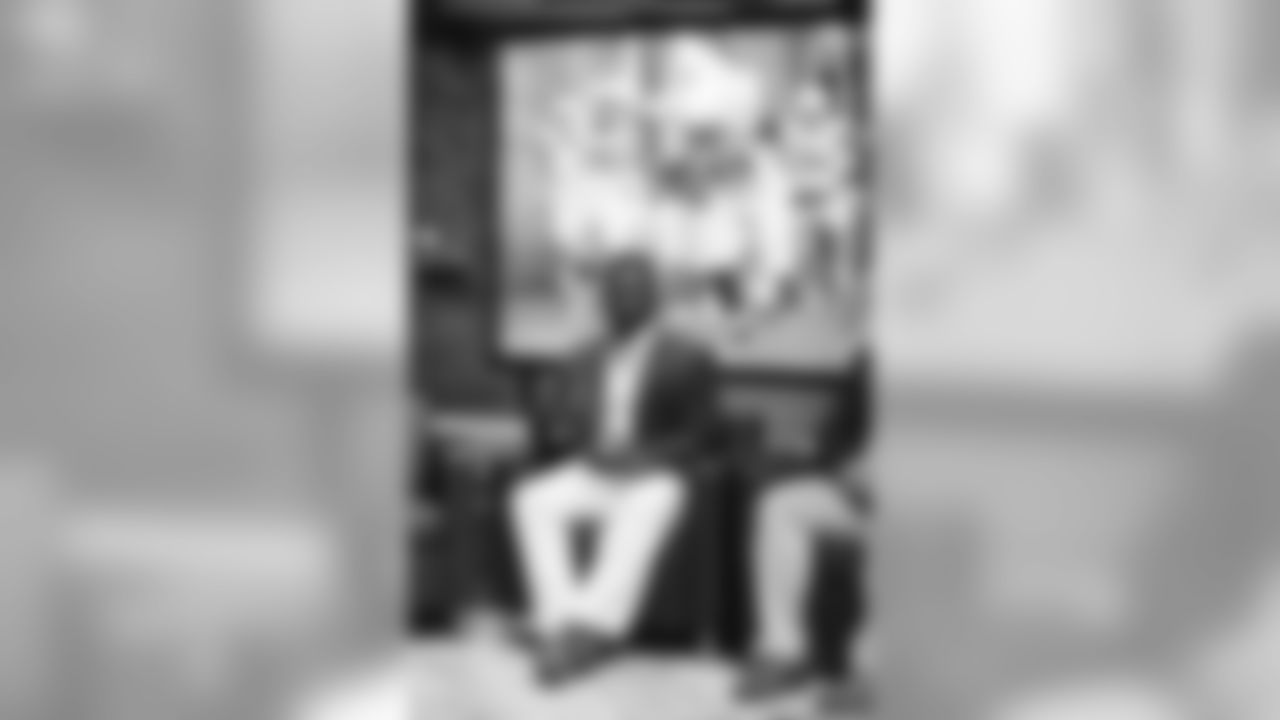
An image from June 21, 2018 of the Minnesota Vikings LGBTQ Summit held at TCO Performance Center in Eagan, MN.
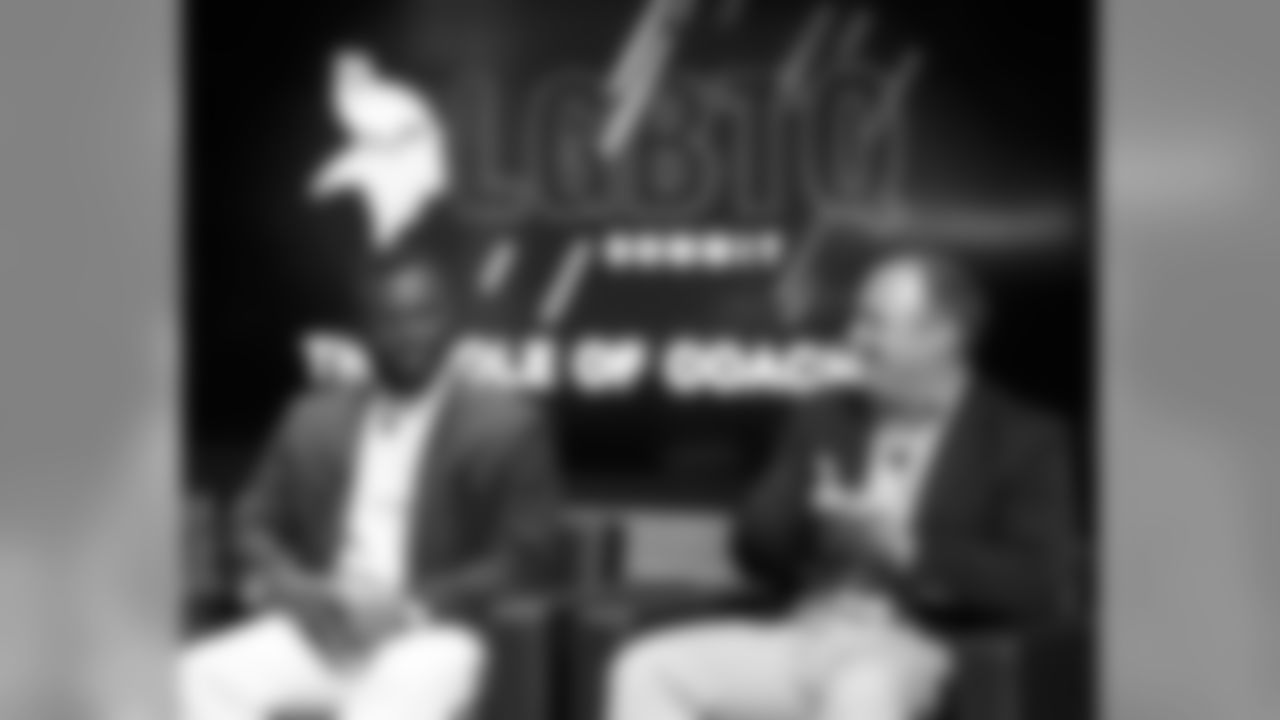
An image from June 21, 2018 of the Minnesota Vikings LGBTQ Summit held at TCO Performance Center in Eagan, MN.
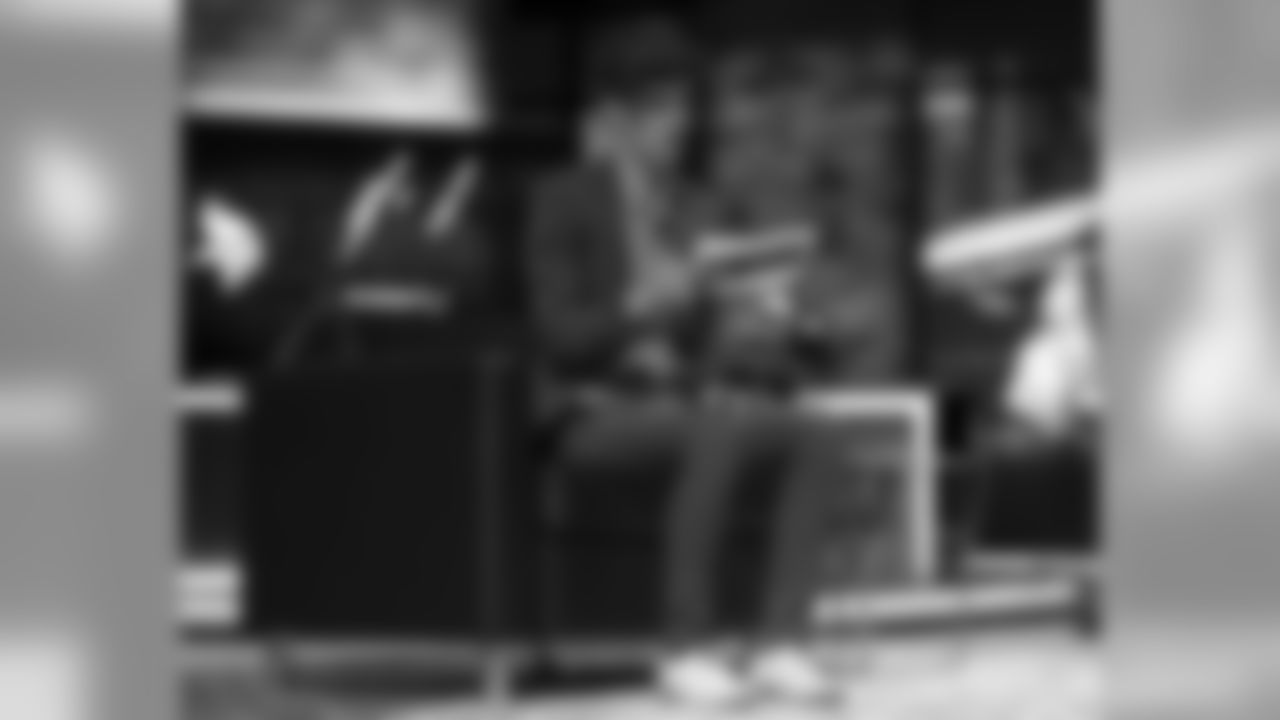
An image from June 21, 2018 of the Minnesota Vikings LGBTQ Summit held at TCO Performance Center in Eagan, MN.
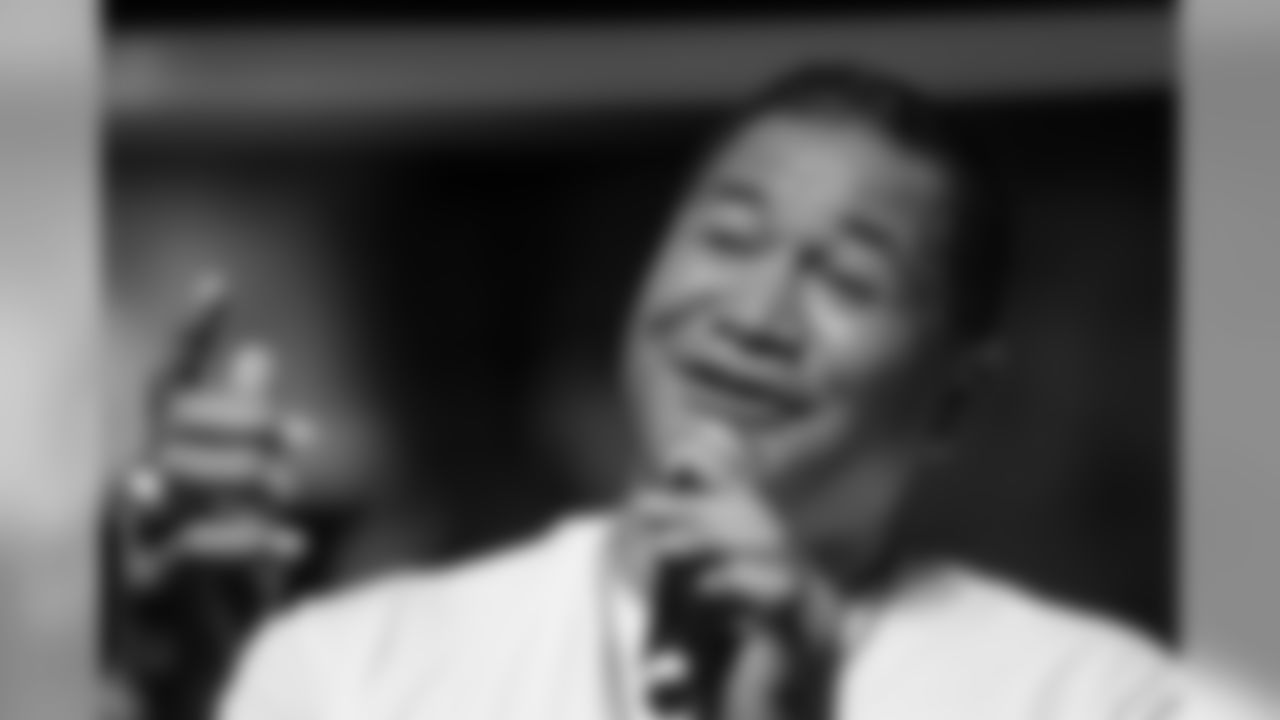
An image from June 21, 2018 of the Minnesota Vikings LGBTQ Summit held at TCO Performance Center in Eagan, MN.

An image from June 21, 2018 of the Minnesota Vikings LGBTQ Summit held at TCO Performance Center in Eagan, MN.

An image from June 21, 2018 of the Minnesota Vikings LGBTQ Summit held at TCO Performance Center in Eagan, MN.
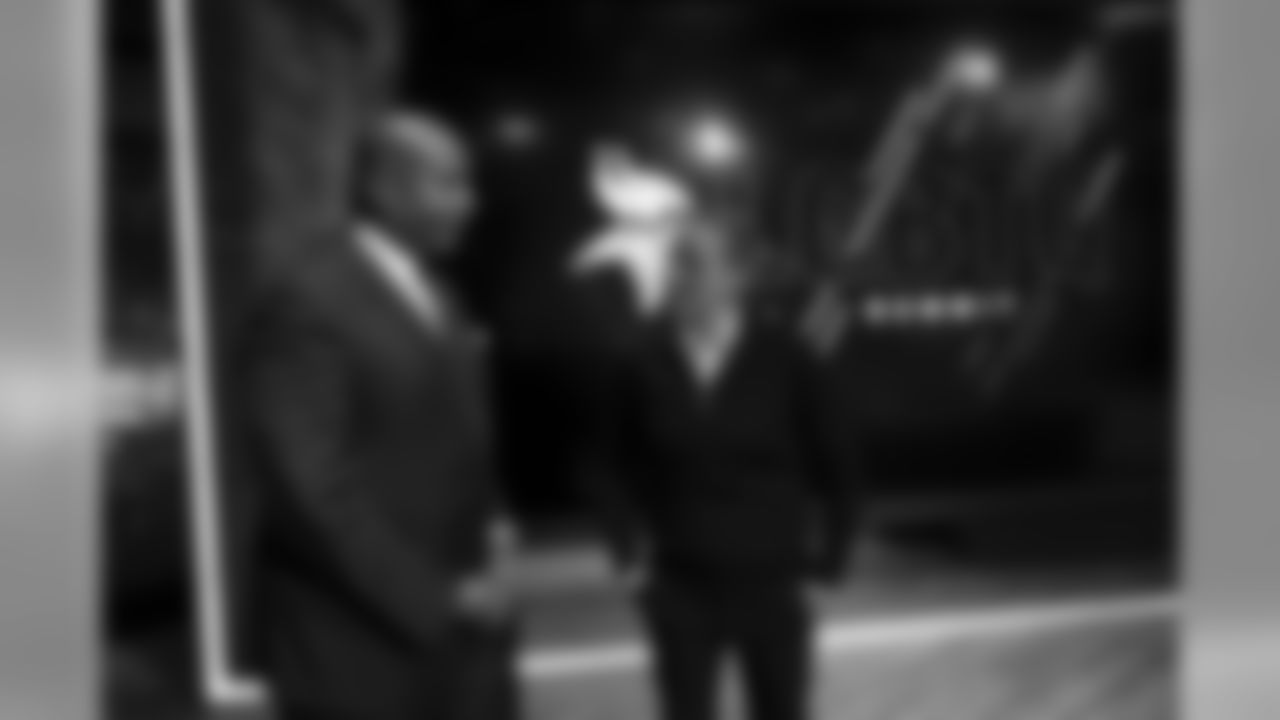
An image from June 21, 2018 of the Minnesota Vikings LGBTQ Summit held at TCO Performance Center in Eagan, MN.
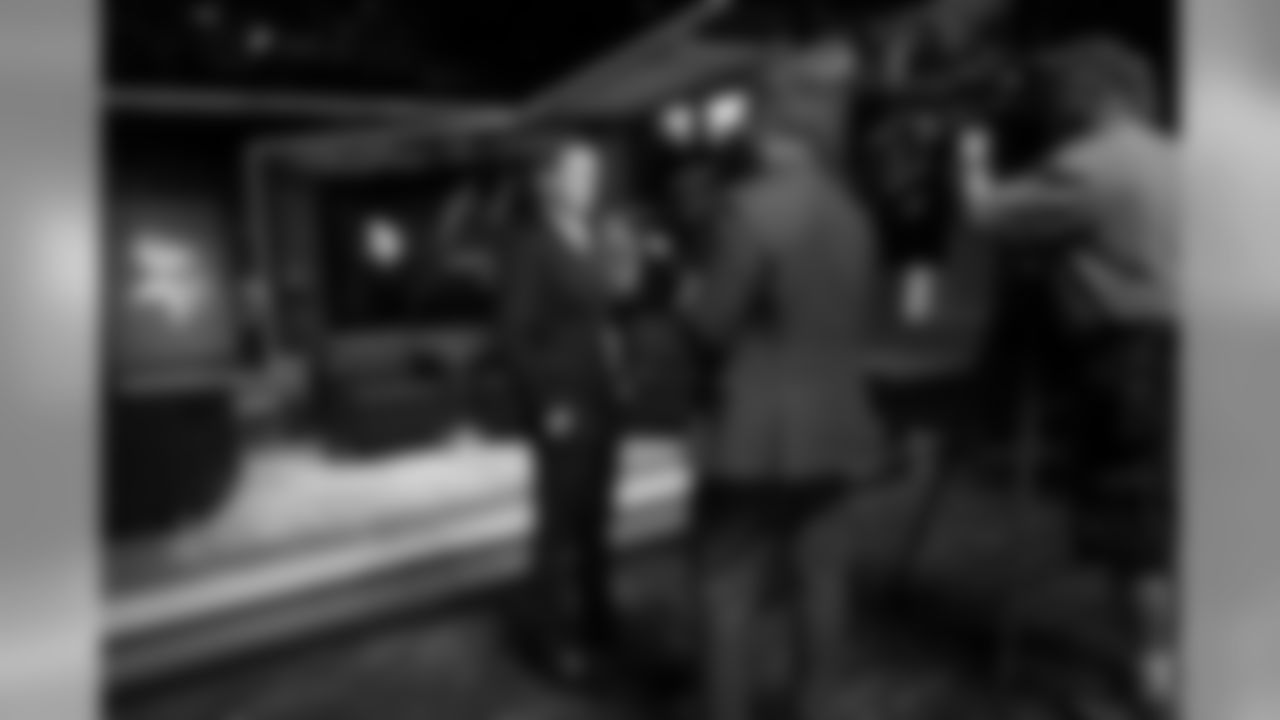
An image from June 21, 2018 of the Minnesota Vikings LGBTQ Summit held at TCO Performance Center in Eagan, MN.

An image from June 21, 2018 of the Minnesota Vikings LGBTQ Summit held at TCO Performance Center in Eagan, MN.
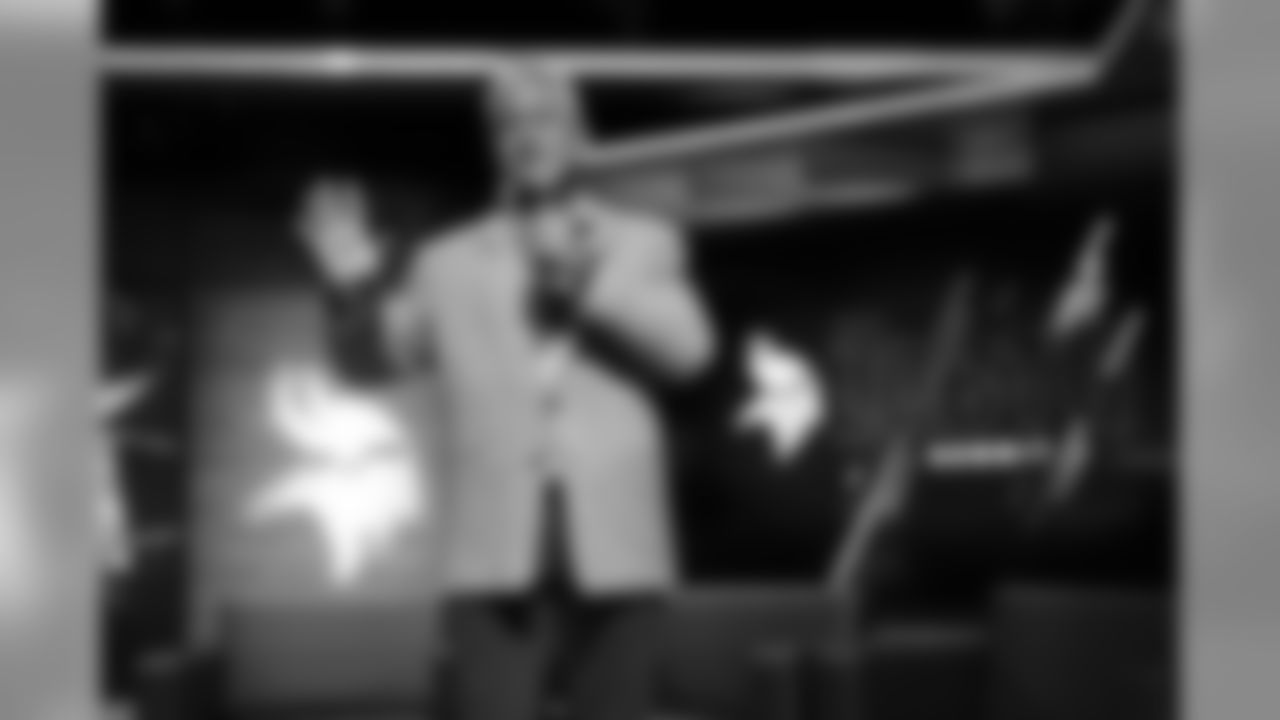
An image from June 21, 2018 of the Minnesota Vikings LGBTQ Summit held at TCO Performance Center in Eagan, MN.
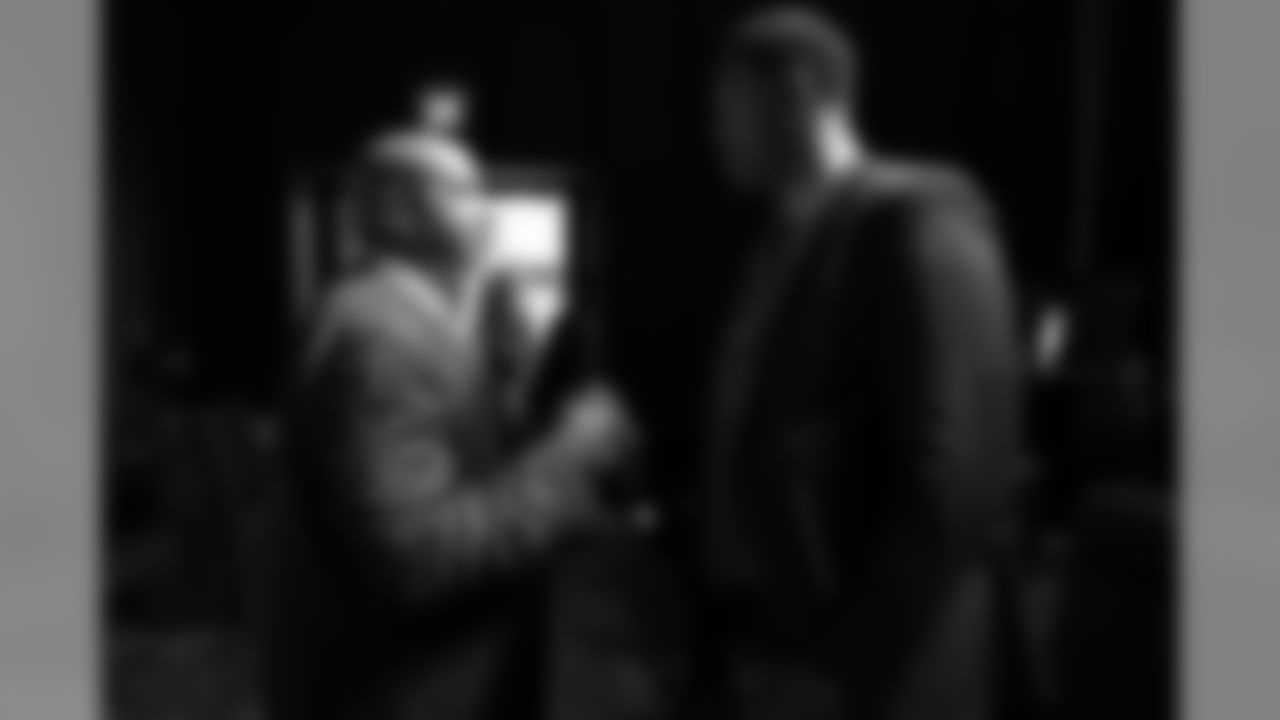
An image from June 21, 2018 of the Minnesota Vikings LGBTQ Summit held at TCO Performance Center in Eagan, MN.
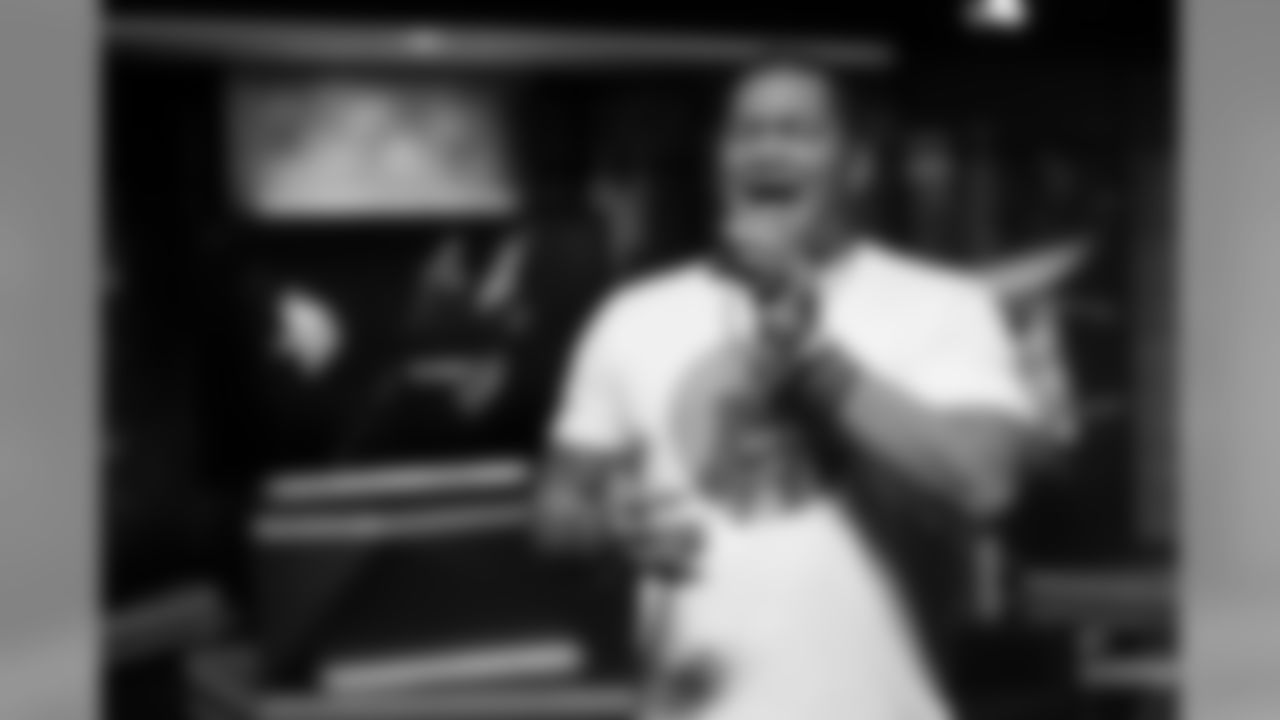
An image from June 21, 2018 of the Minnesota Vikings LGBTQ Summit held at TCO Performance Center in Eagan, MN.
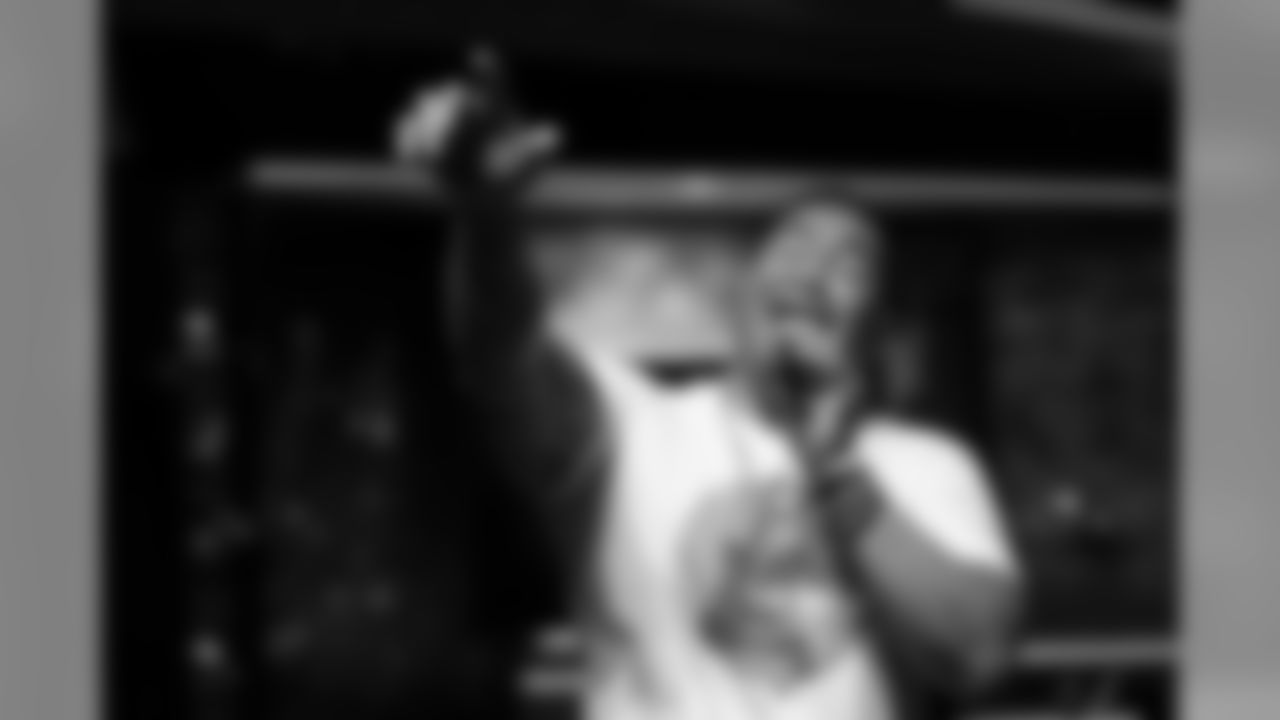
An image from June 21, 2018 of the Minnesota Vikings LGBTQ Summit held at TCO Performance Center in Eagan, MN.
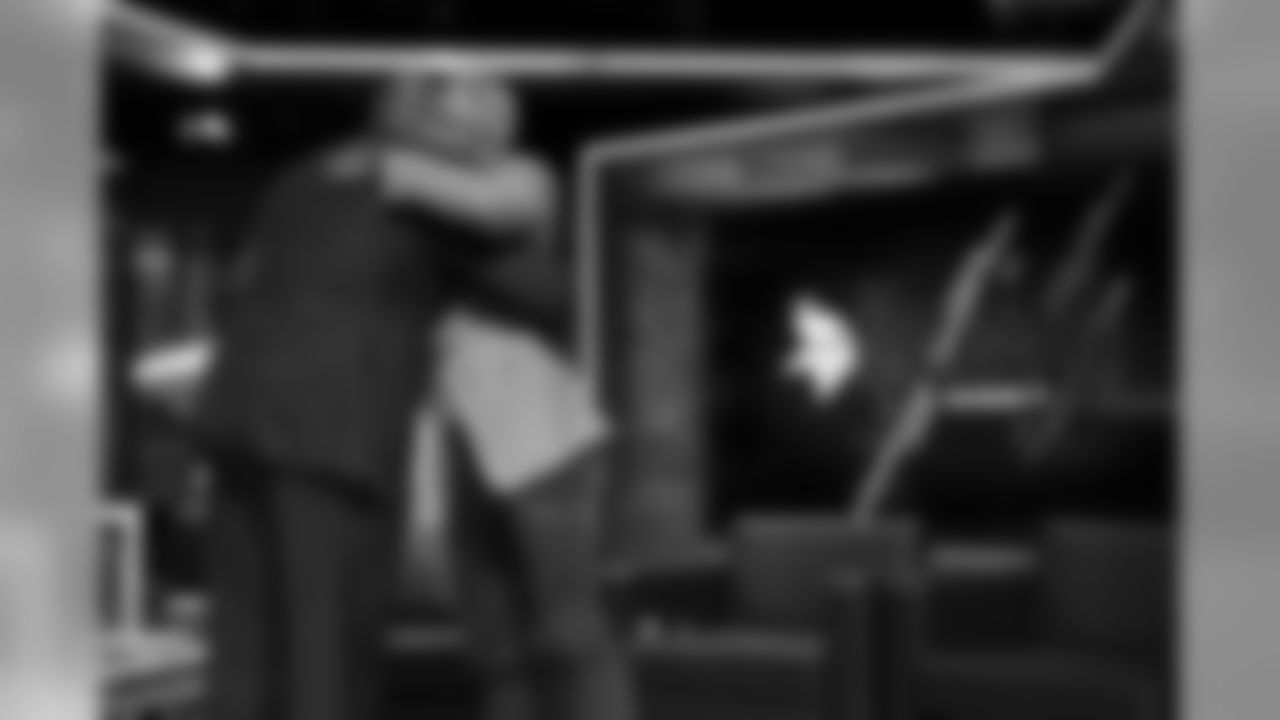
An image from June 21, 2018 of the Minnesota Vikings LGBTQ Summit held at TCO Performance Center in Eagan, MN.
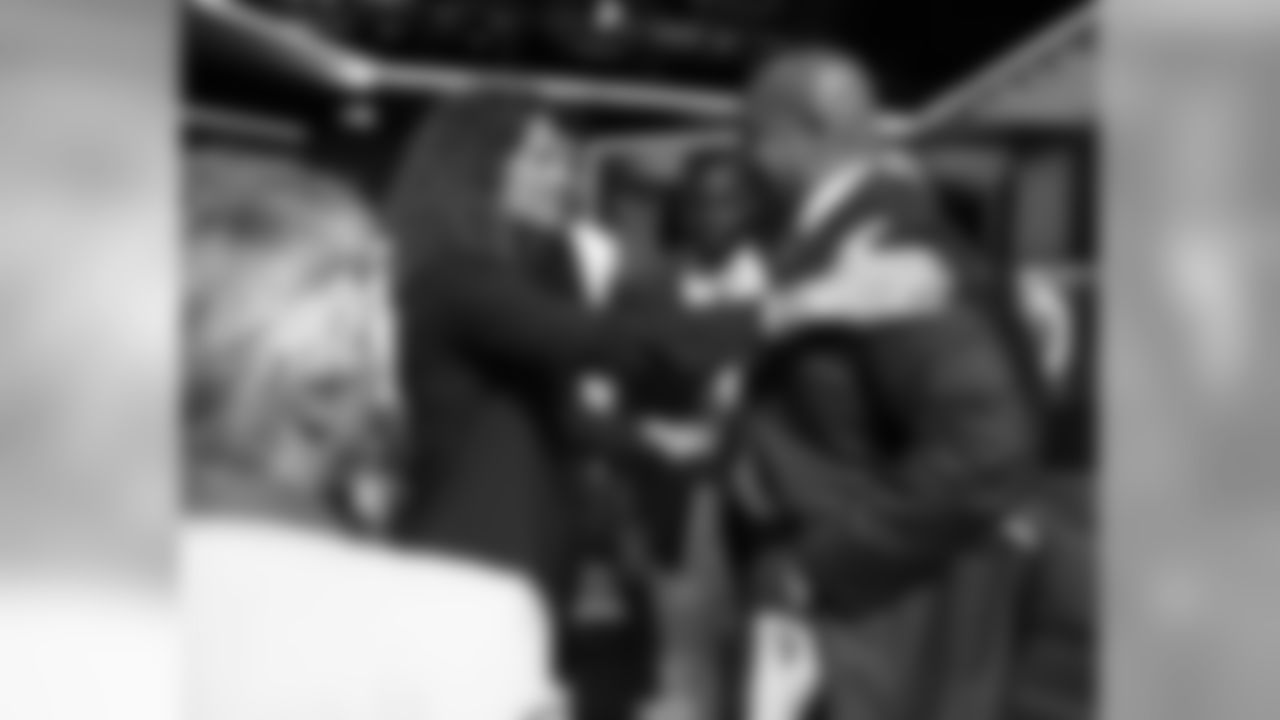
An image from June 21, 2018 of the Minnesota Vikings LGBTQ Summit held at TCO Performance Center in Eagan, MN.
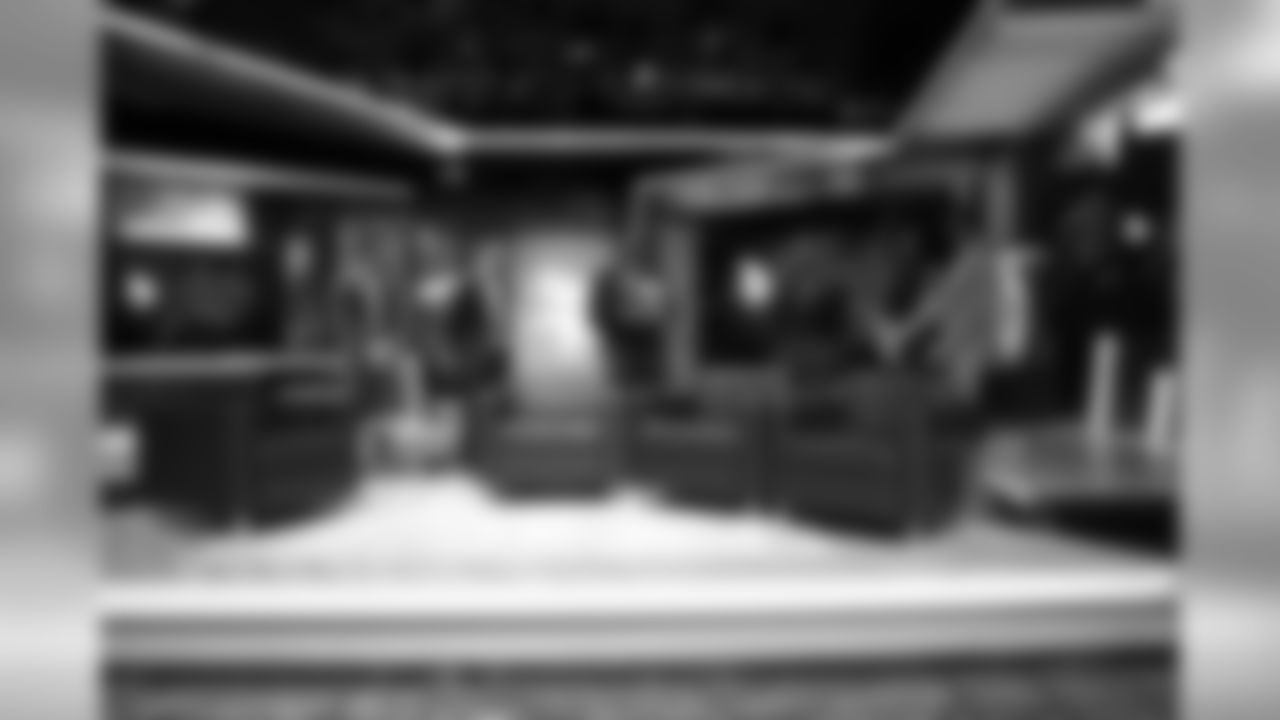
An image from June 21, 2018 of the Minnesota Vikings LGBTQ Summit held at TCO Performance Center in Eagan, MN.
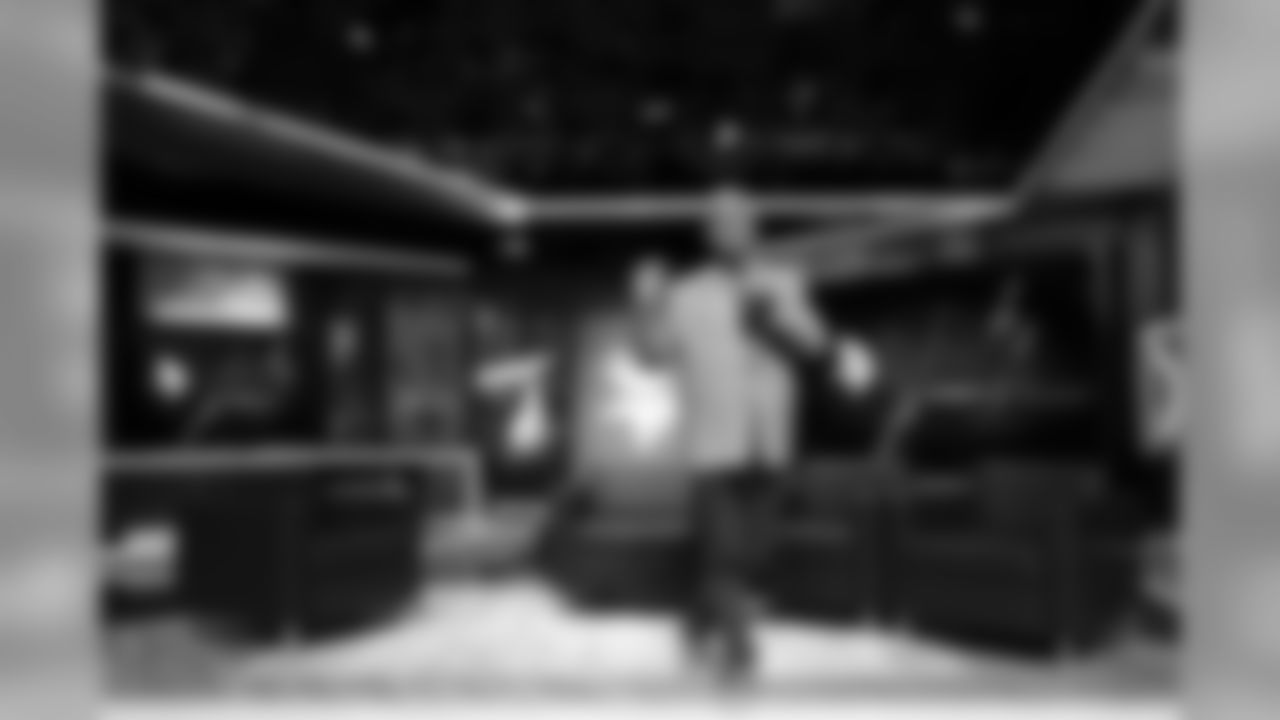
An image from June 21, 2018 of the Minnesota Vikings LGBTQ Summit held at TCO Performance Center in Eagan, MN.

An image from June 21, 2018 of the Minnesota Vikings LGBTQ Summit held at TCO Performance Center in Eagan, MN.
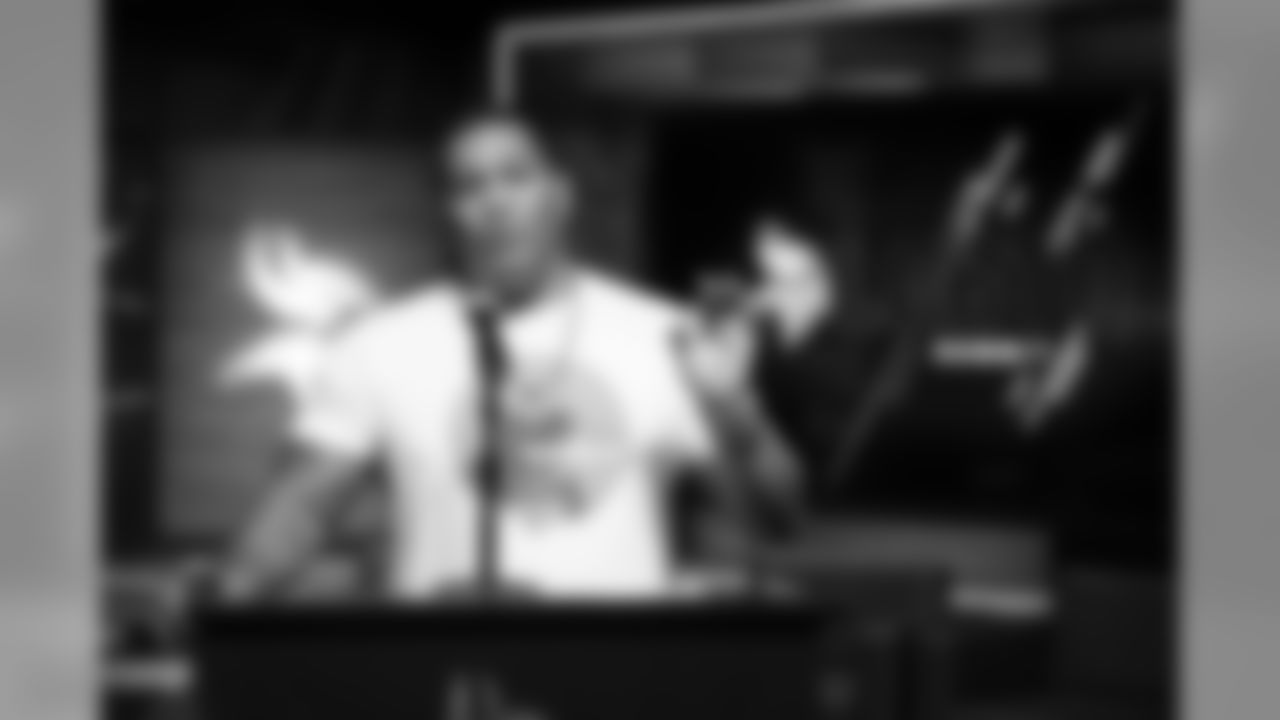
An image from June 21, 2018 of the Minnesota Vikings LGBTQ Summit held at TCO Performance Center in Eagan, MN.

An image from June 21, 2018 of the Minnesota Vikings LGBTQ Summit held at TCO Performance Center in Eagan, MN.
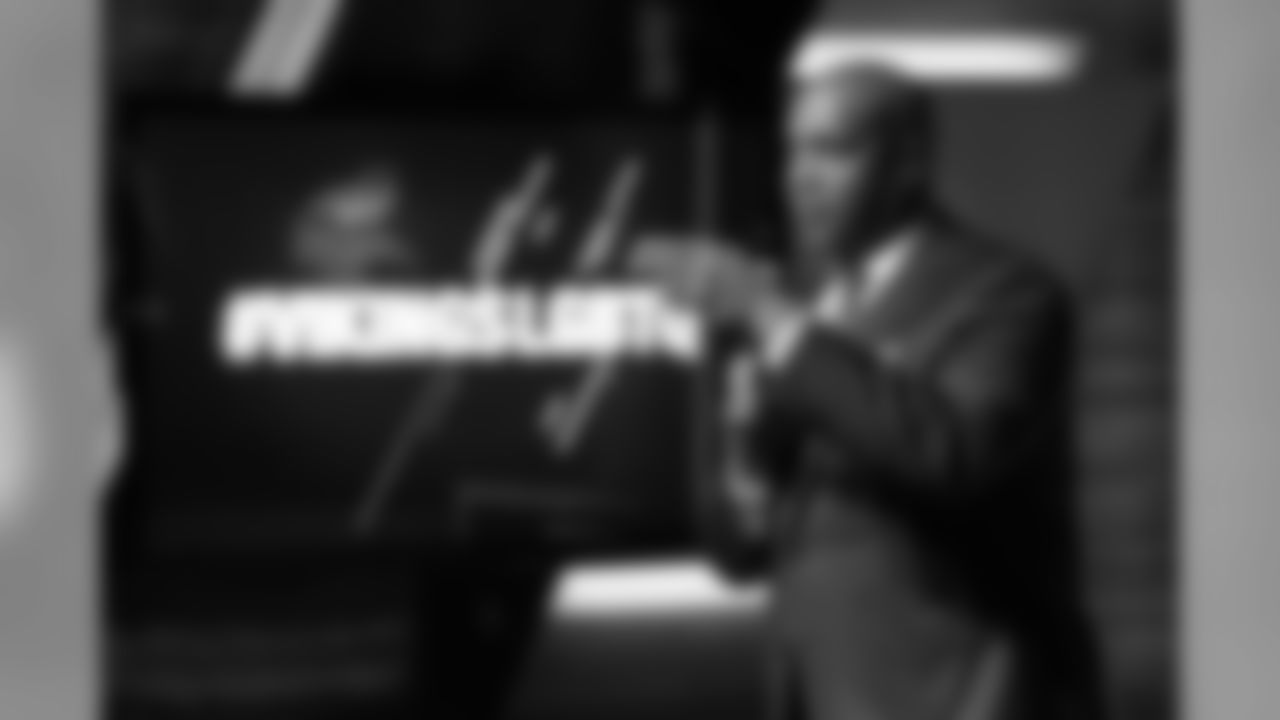
An image from June 21, 2018 of the Minnesota Vikings LGBTQ Summit held at TCO Performance Center in Eagan, MN.

An image from June 21, 2018 of the Minnesota Vikings LGBTQ Summit held at TCO Performance Center in Eagan, MN.
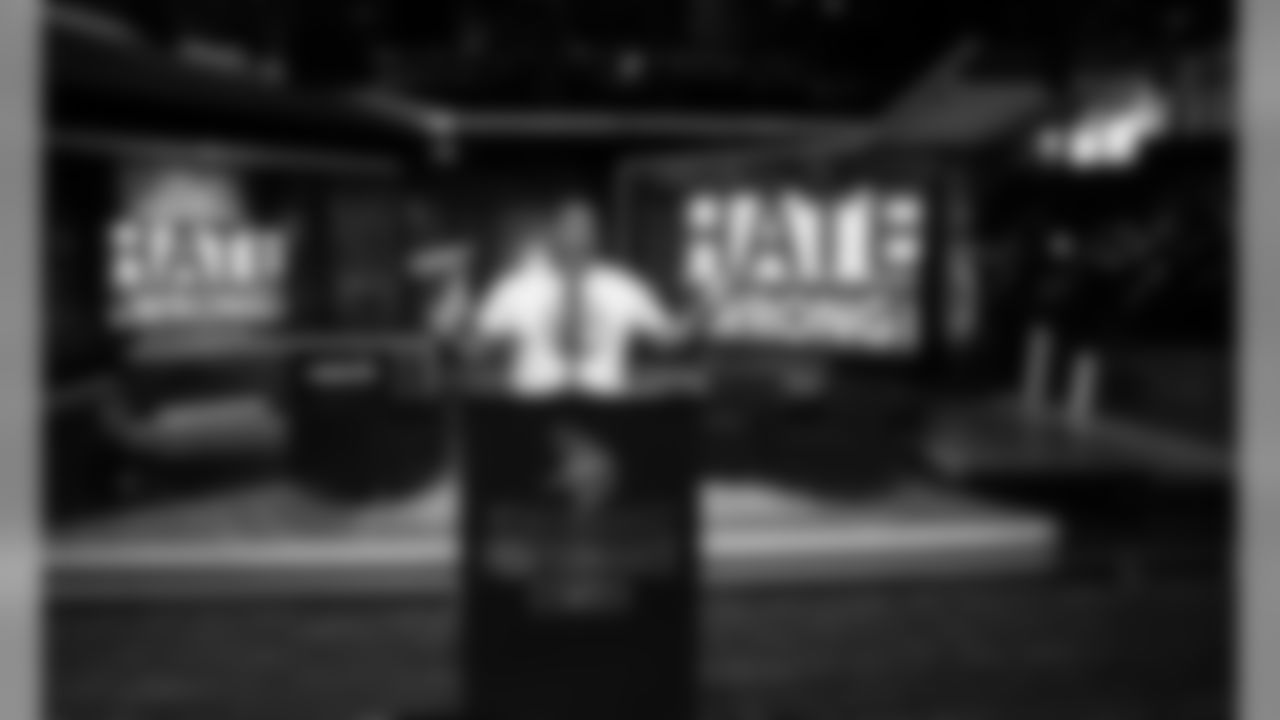
An image from June 21, 2018 of the Minnesota Vikings LGBTQ Summit held at TCO Performance Center in Eagan, MN.
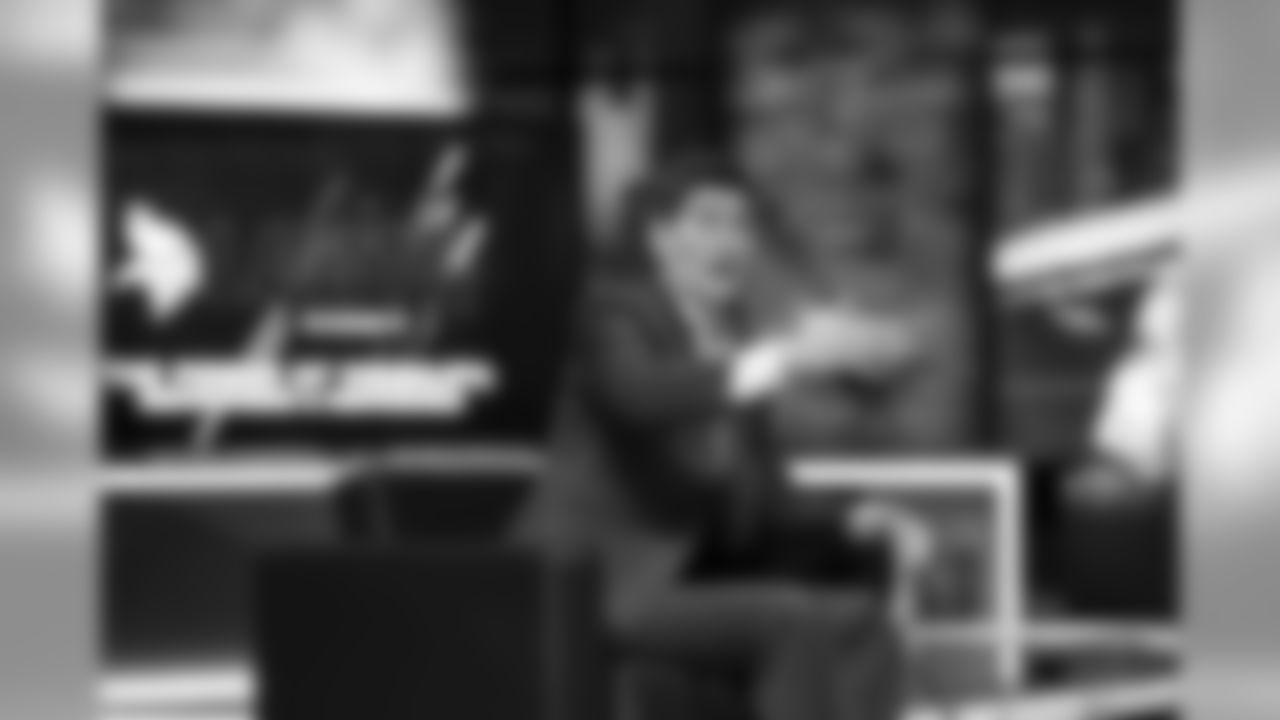
An image from June 21, 2018 of the Minnesota Vikings LGBTQ Summit held at TCO Performance Center in Eagan, MN.
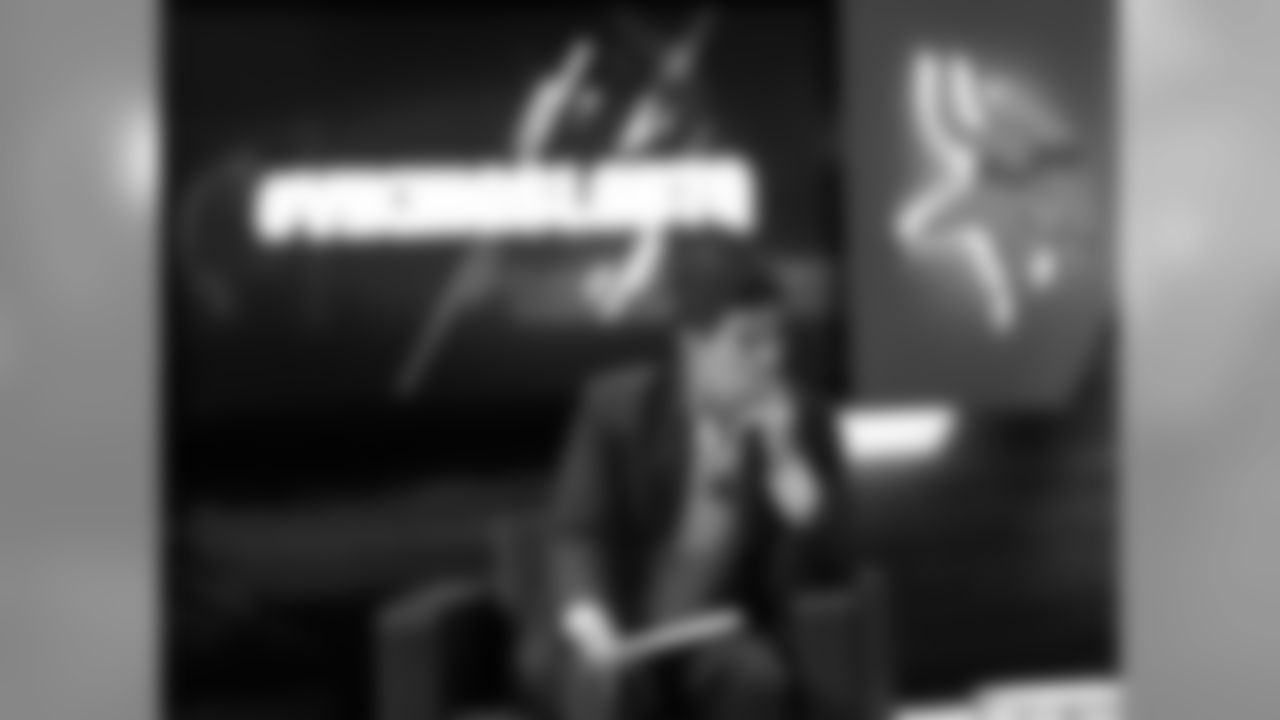
An image from June 21, 2018 of the Minnesota Vikings LGBTQ Summit held at TCO Performance Center in Eagan, MN.
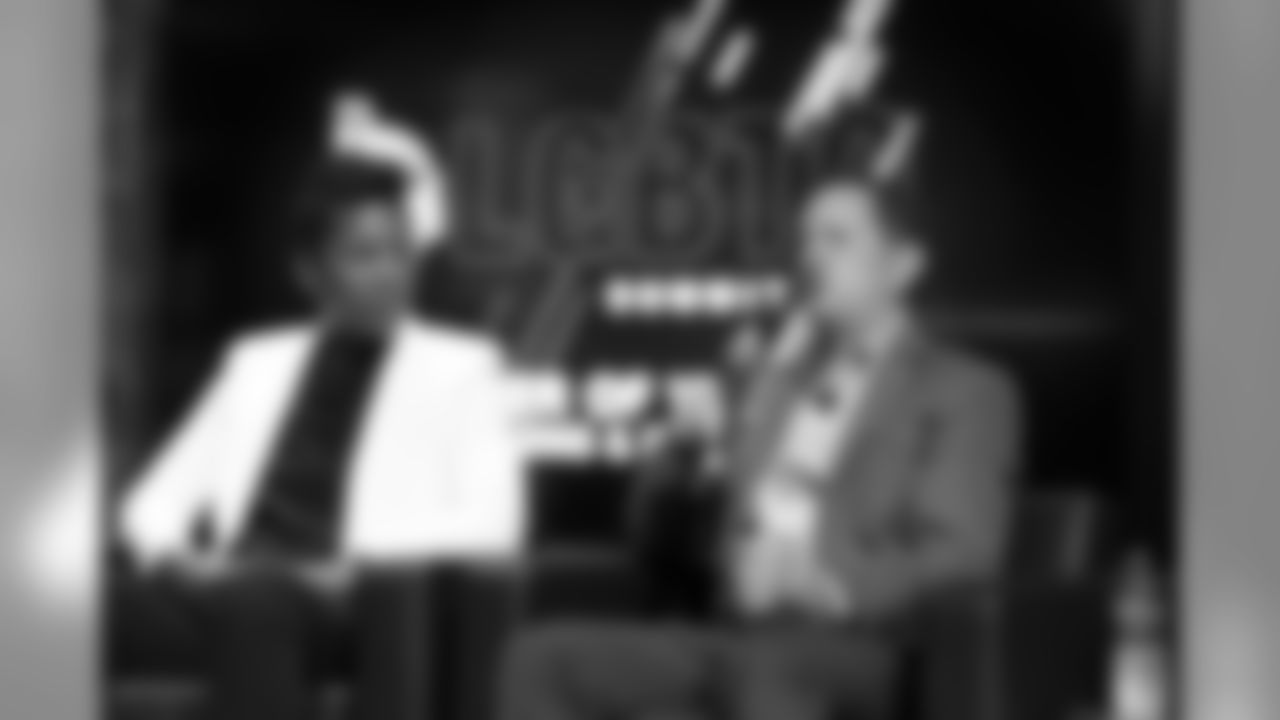
An image from June 21, 2018 of the Minnesota Vikings LGBTQ Summit held at TCO Performance Center in Eagan, MN.
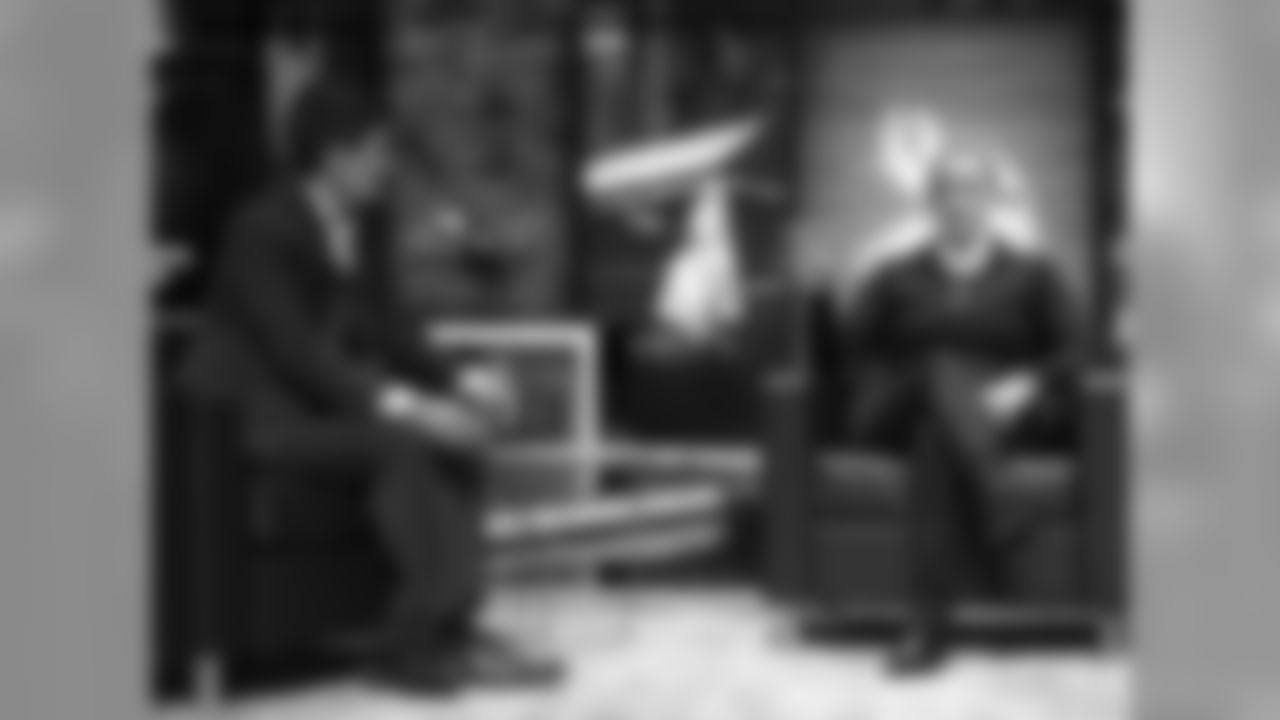
An image from June 21, 2018 of the Minnesota Vikings LGBTQ Summit held at TCO Performance Center in Eagan, MN.
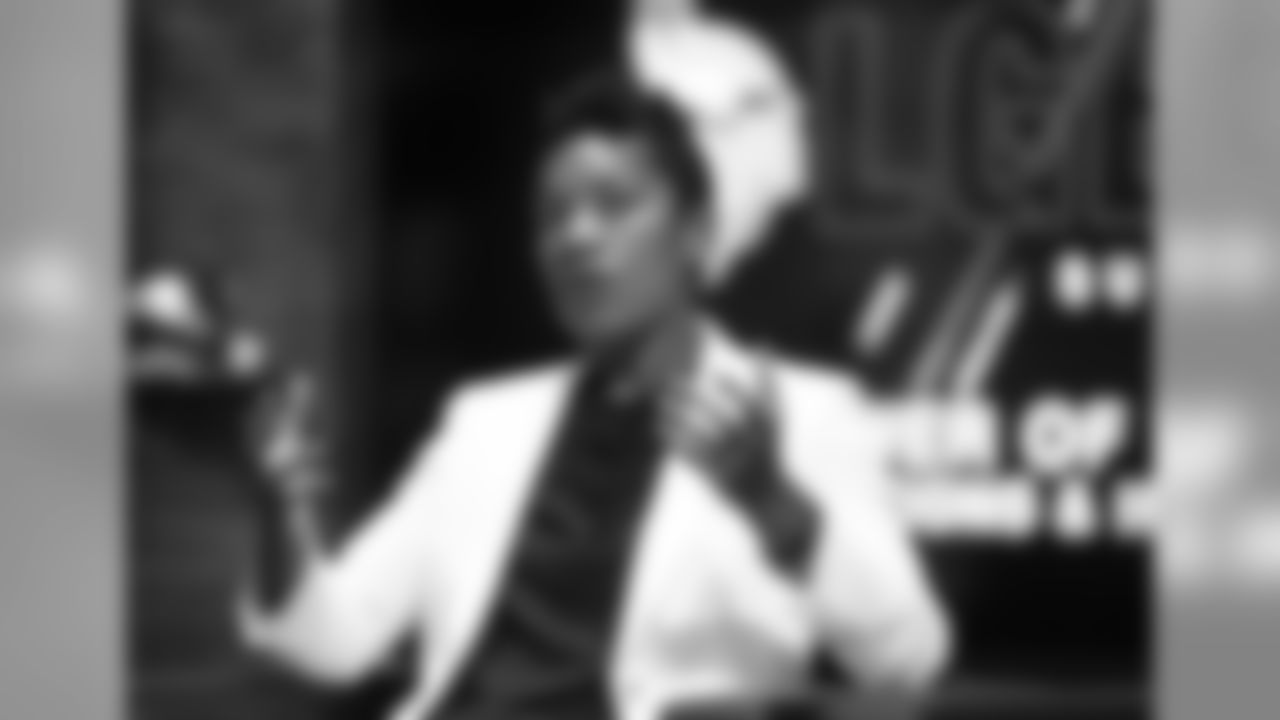
An image from June 21, 2018 of the Minnesota Vikings LGBTQ Summit held at TCO Performance Center in Eagan, MN.

An image from June 21, 2018 of the Minnesota Vikings LGBTQ Summit held at TCO Performance Center in Eagan, MN.
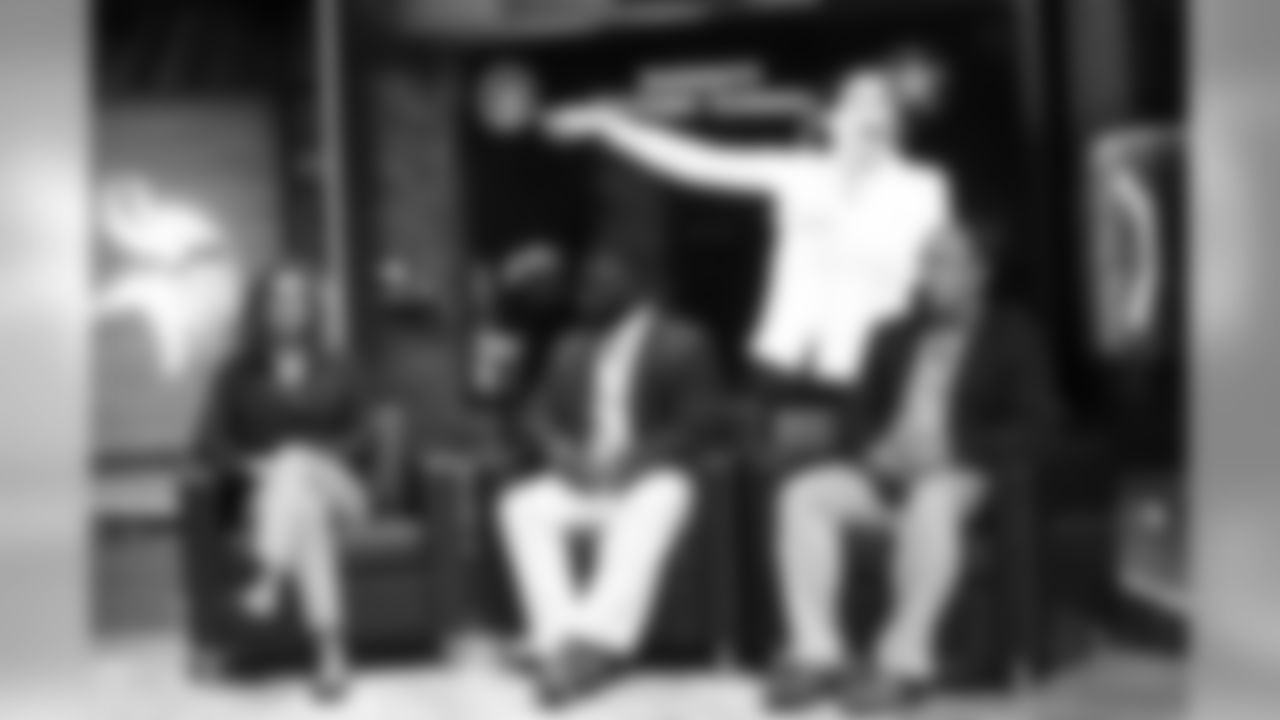
An image from June 21, 2018 of the Minnesota Vikings LGBTQ Summit held at TCO Performance Center in Eagan, MN.

An image from June 21, 2018 of the Minnesota Vikings LGBTQ Summit held at TCO Performance Center in Eagan, MN.
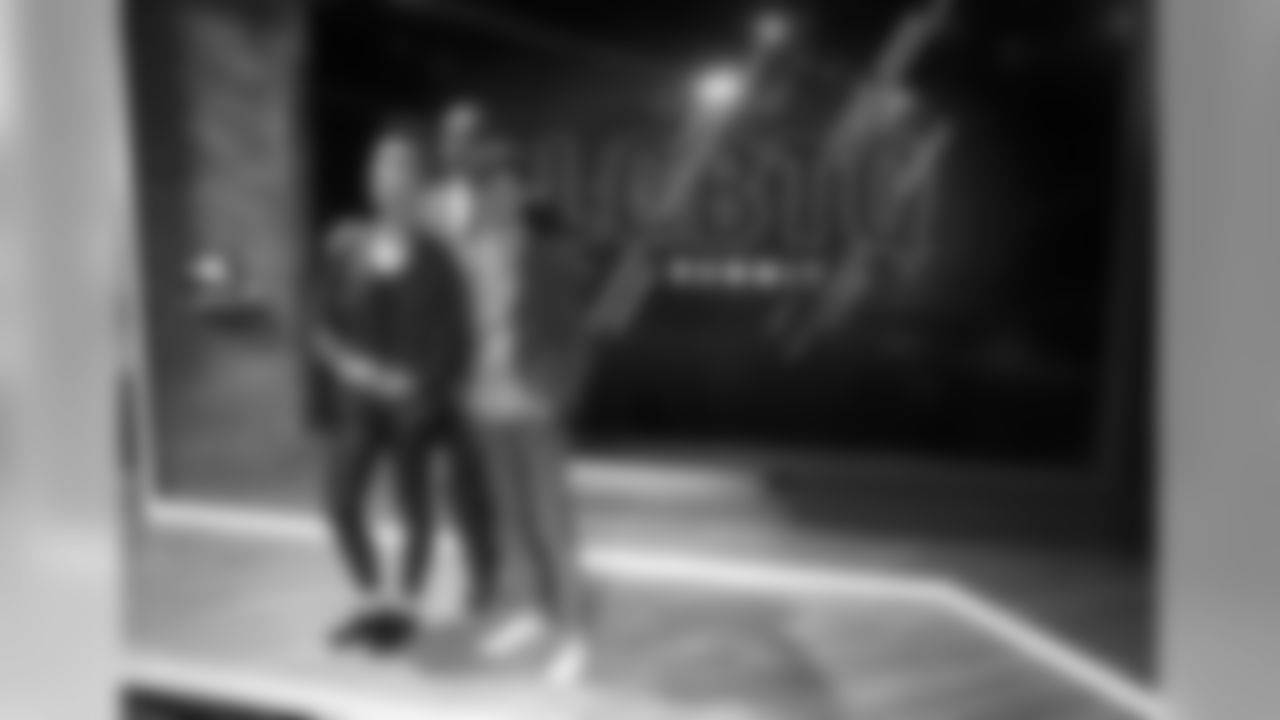
An image from June 21, 2018 of the Minnesota Vikings LGBTQ Summit held at TCO Performance Center in Eagan, MN.
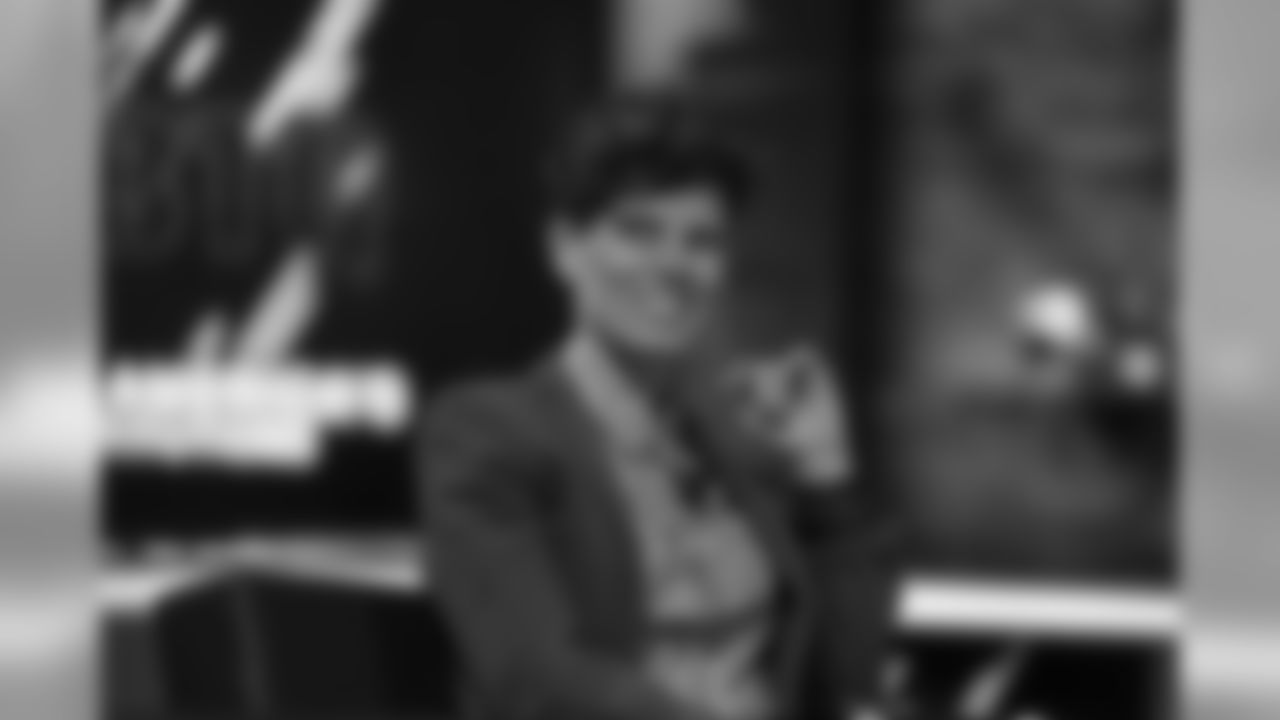
An image from June 21, 2018 of the Minnesota Vikings LGBTQ Summit held at TCO Performance Center in Eagan, MN.
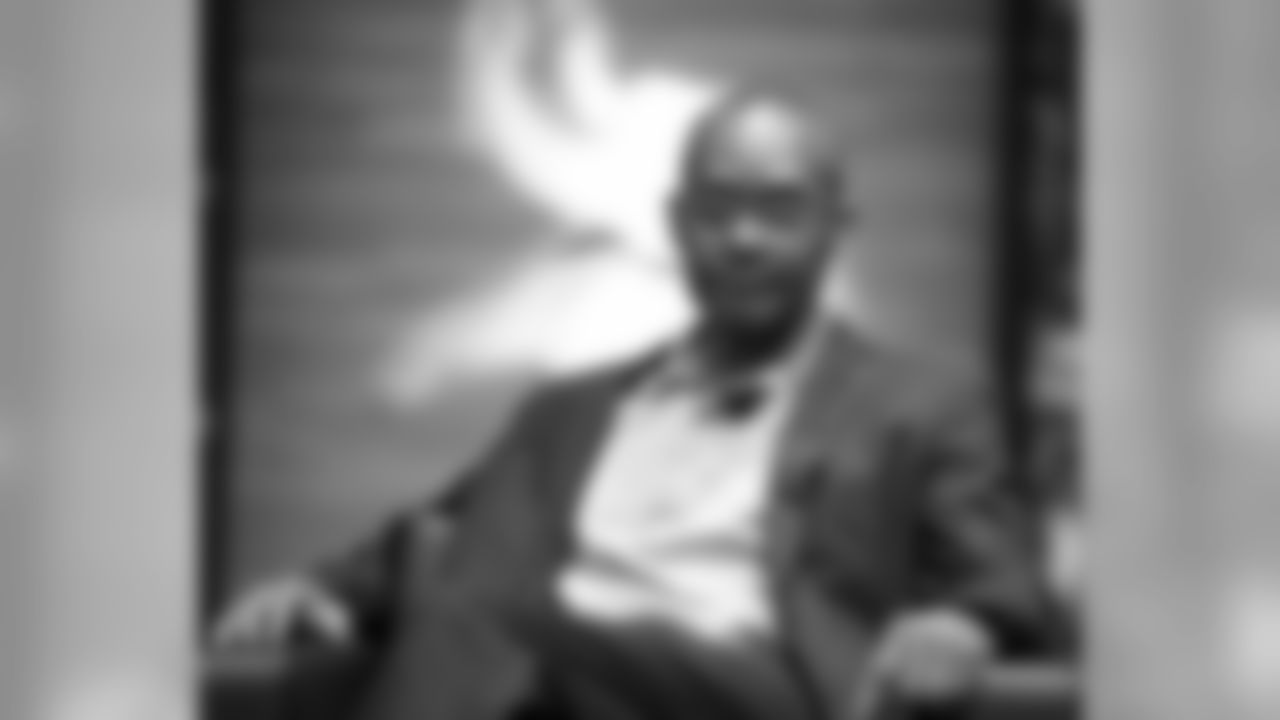
An image from June 21, 2018 of the Minnesota Vikings LGBTQ Summit held at TCO Performance Center in Eagan, MN.
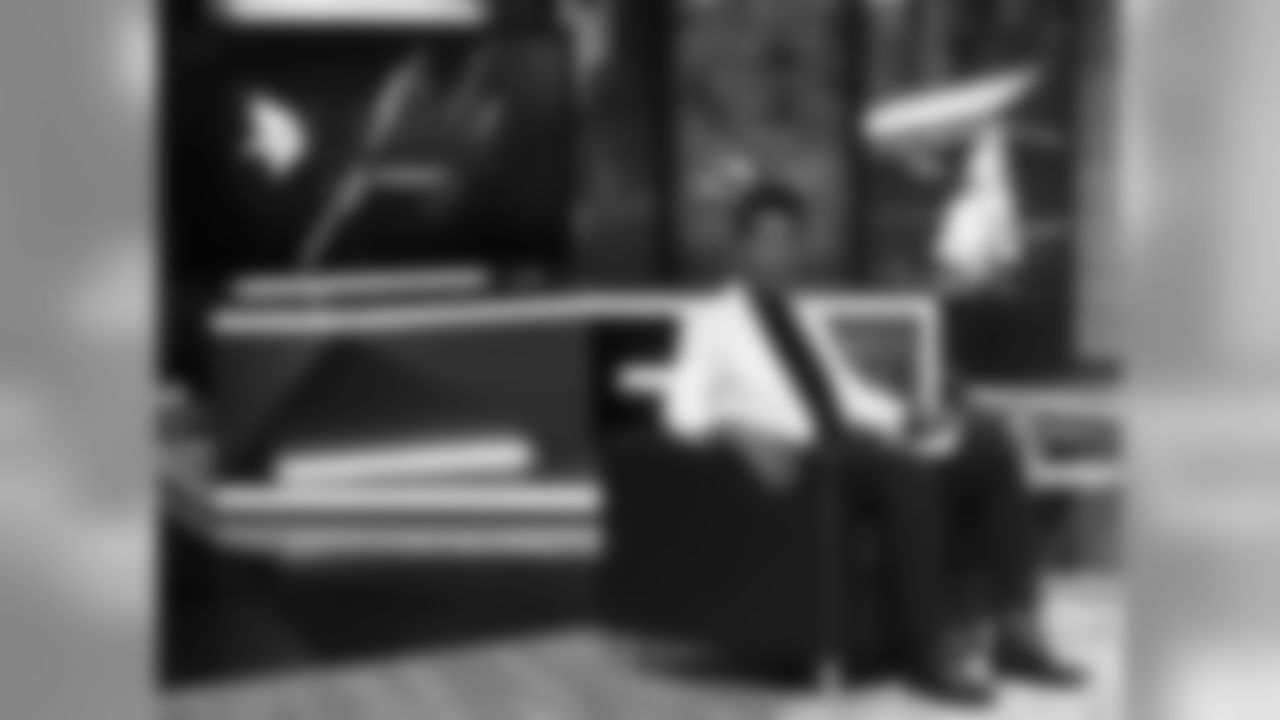
An image from June 21, 2018 of the Minnesota Vikings LGBTQ Summit held at TCO Performance Center in Eagan, MN.

An image from June 21, 2018 of the Minnesota Vikings LGBTQ Summit held at TCO Performance Center in Eagan, MN.
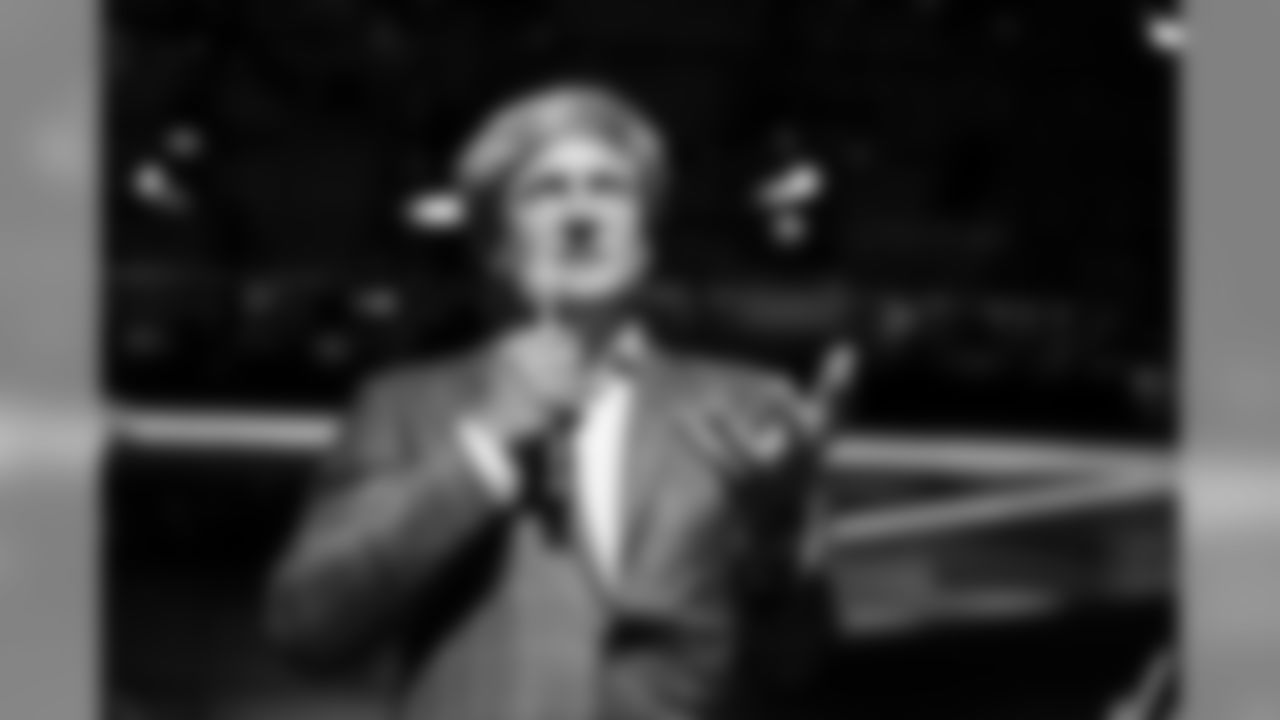
An image from June 21, 2018 of the Minnesota Vikings LGBTQ Summit held at TCO Performance Center in Eagan, MN.
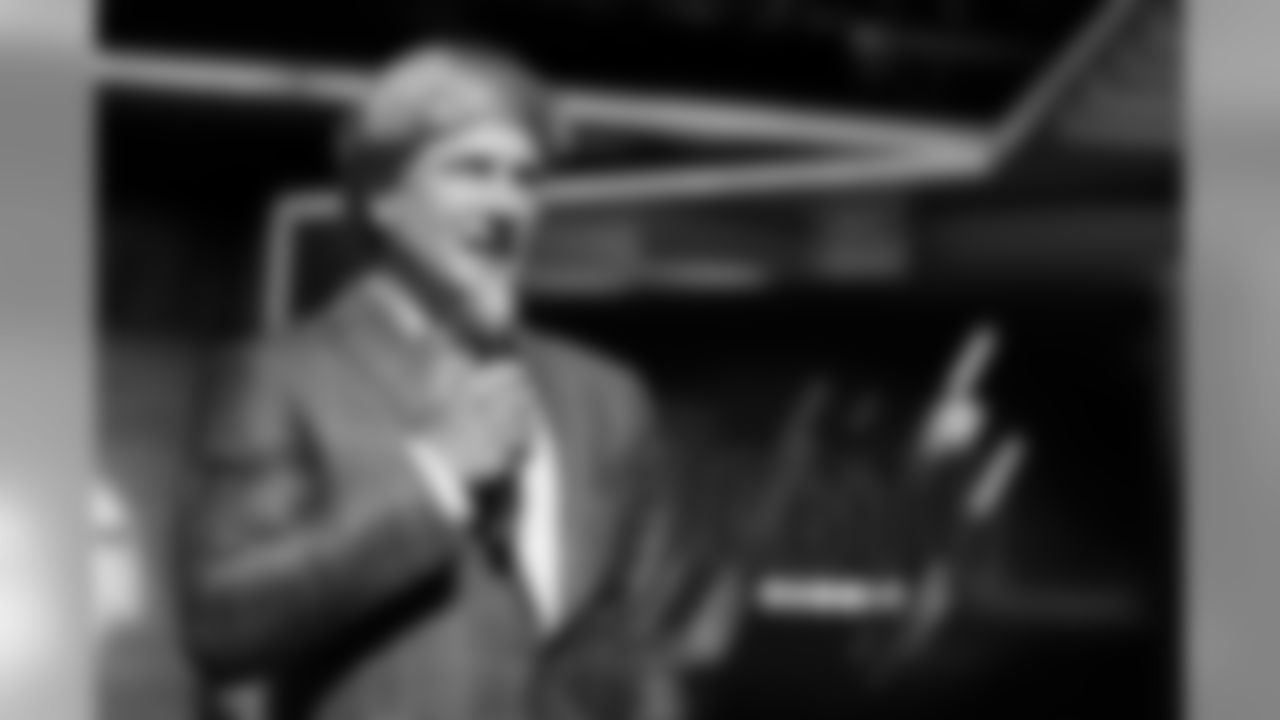
An image from June 21, 2018 of the Minnesota Vikings LGBTQ Summit held at TCO Performance Center in Eagan, MN.

An image from June 21, 2018 of the Minnesota Vikings LGBTQ Summit held at TCO Performance Center in Eagan, MN.

An image from June 21, 2018 of the Minnesota Vikings LGBTQ Summit held at TCO Performance Center in Eagan, MN.
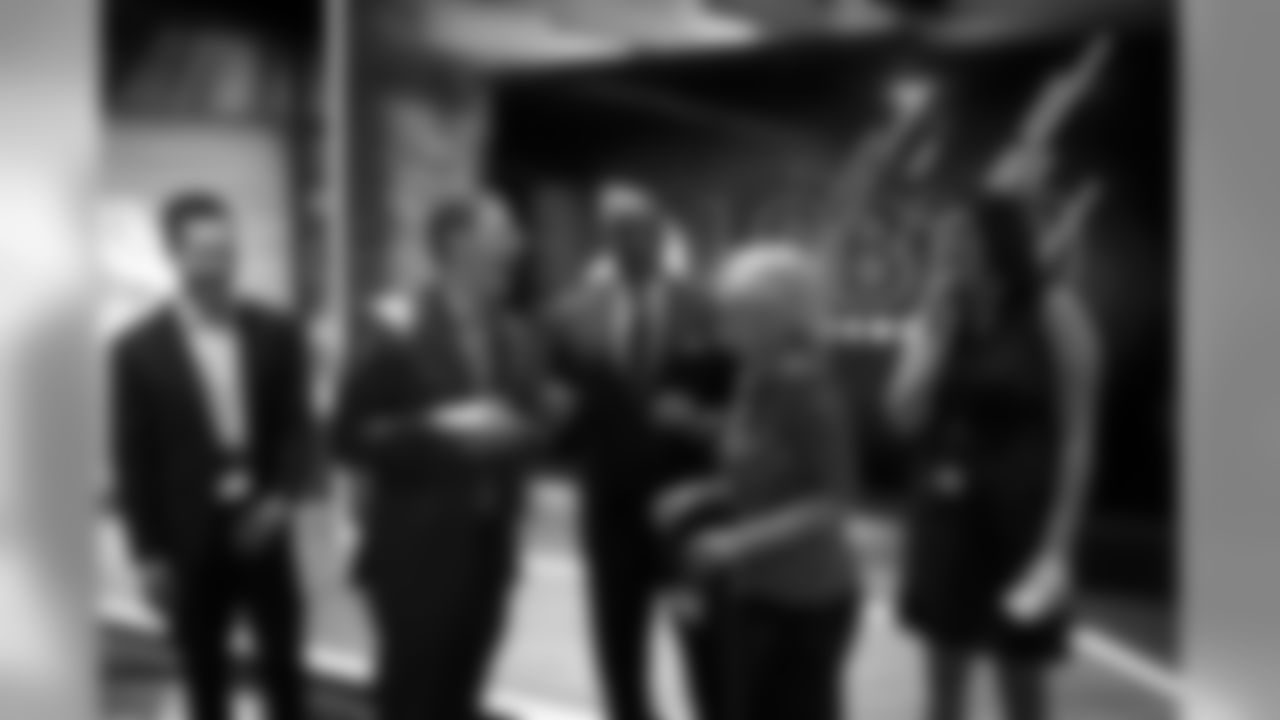
An image from June 21, 2018 of the Minnesota Vikings LGBTQ Summit held at TCO Performance Center in Eagan, MN.

An image from June 21, 2018 of the Minnesota Vikings LGBTQ Summit held at TCO Performance Center in Eagan, MN.
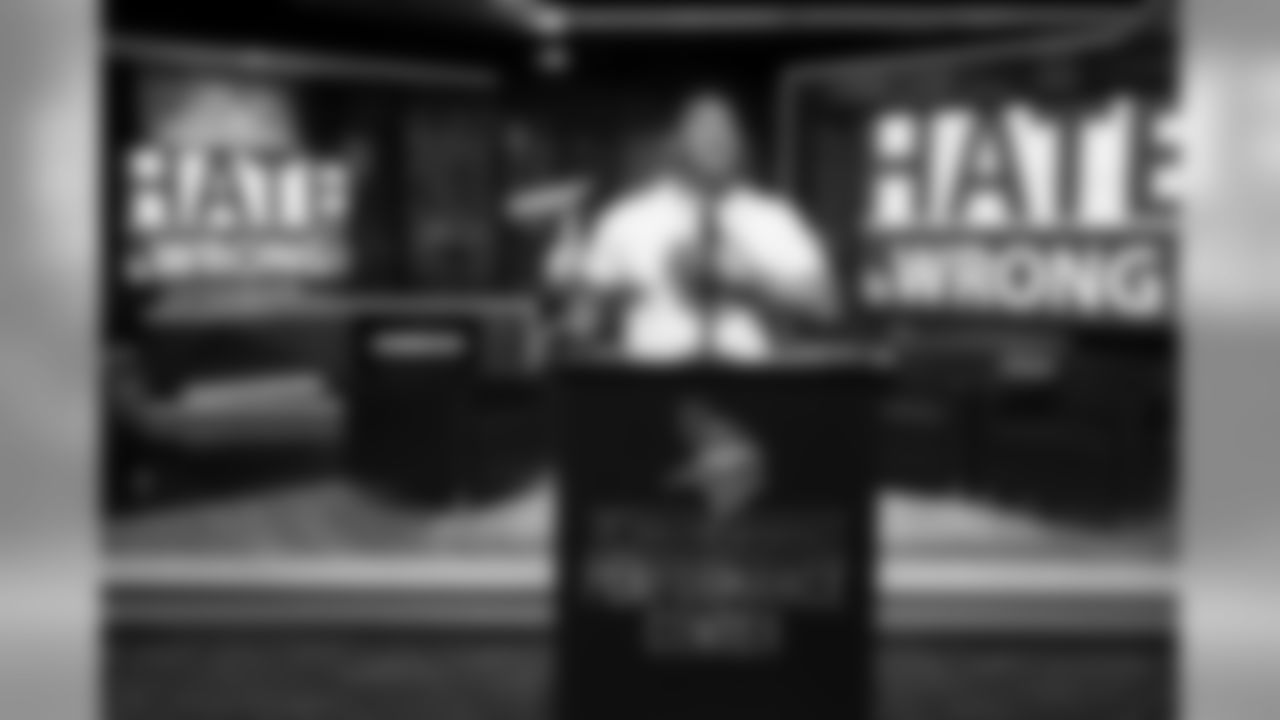
An image from June 21, 2018 of the Minnesota Vikings LGBTQ Summit held at TCO Performance Center in Eagan, MN.
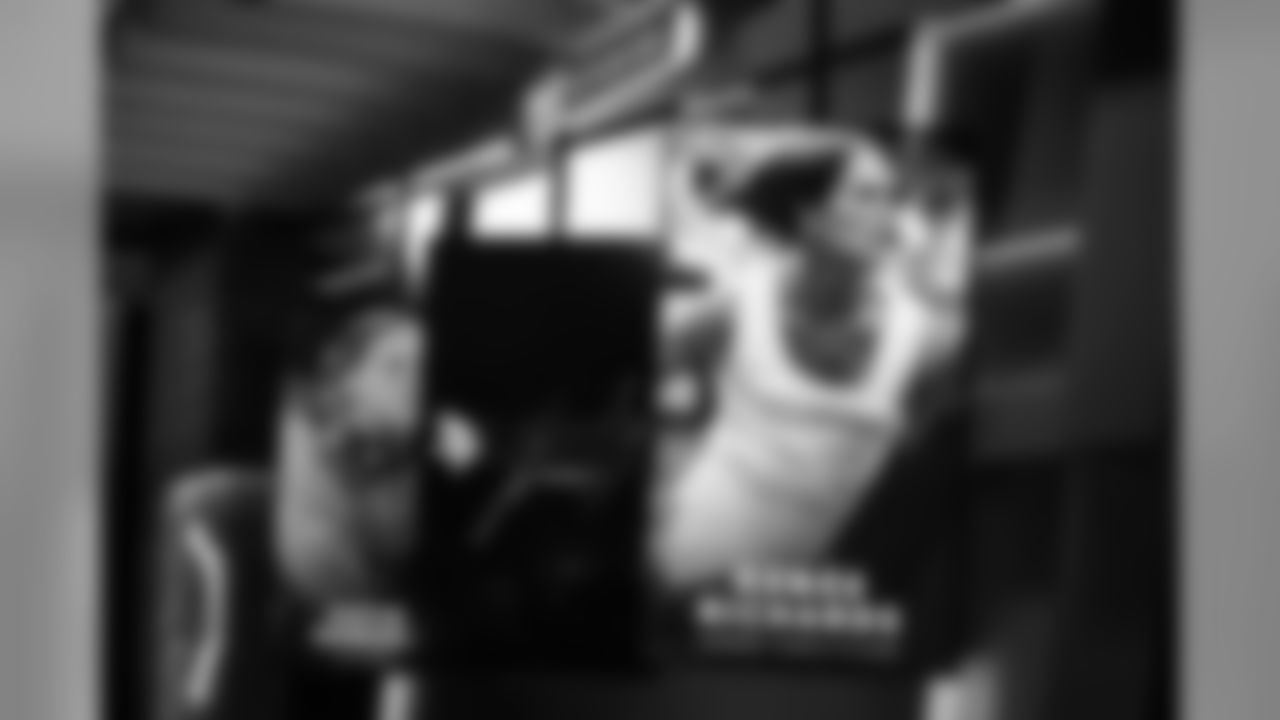
An image from June 21, 2018 of the Minnesota Vikings LGBTQ Summit held at TCO Performance Center in Eagan, MN.
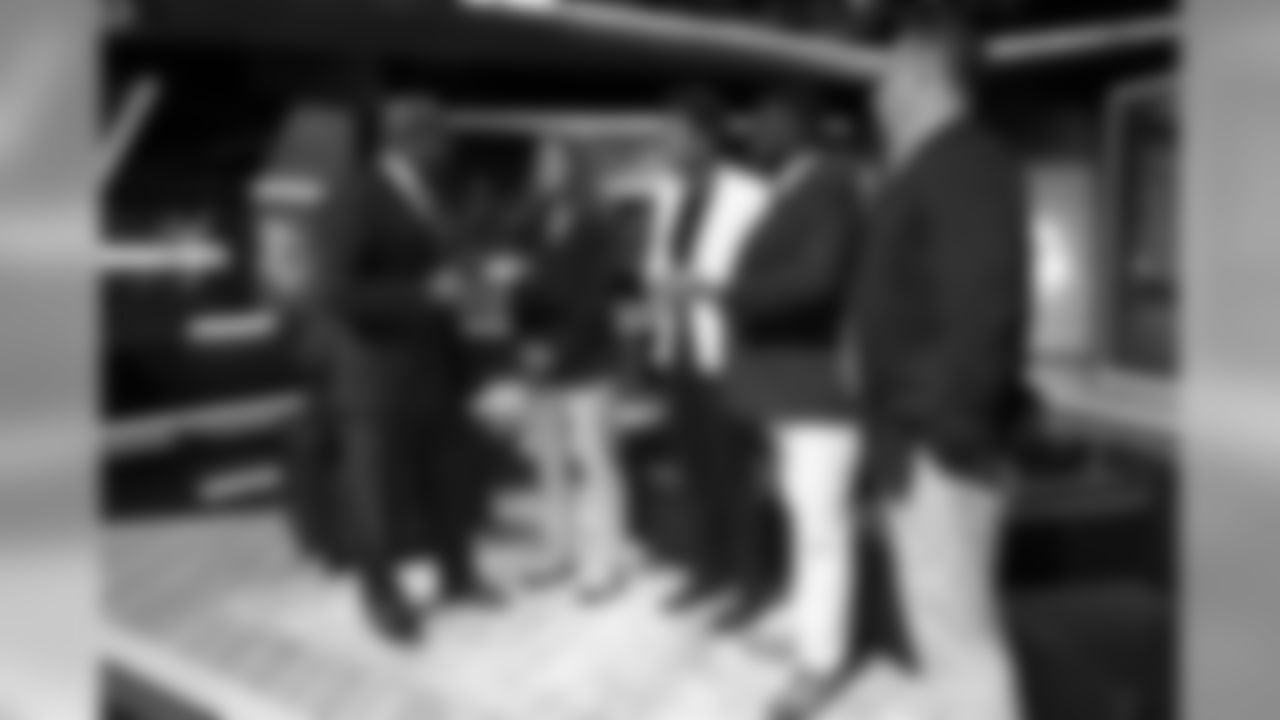
An image from June 21, 2018 of the Minnesota Vikings LGBTQ Summit held at TCO Performance Center in Eagan, MN.
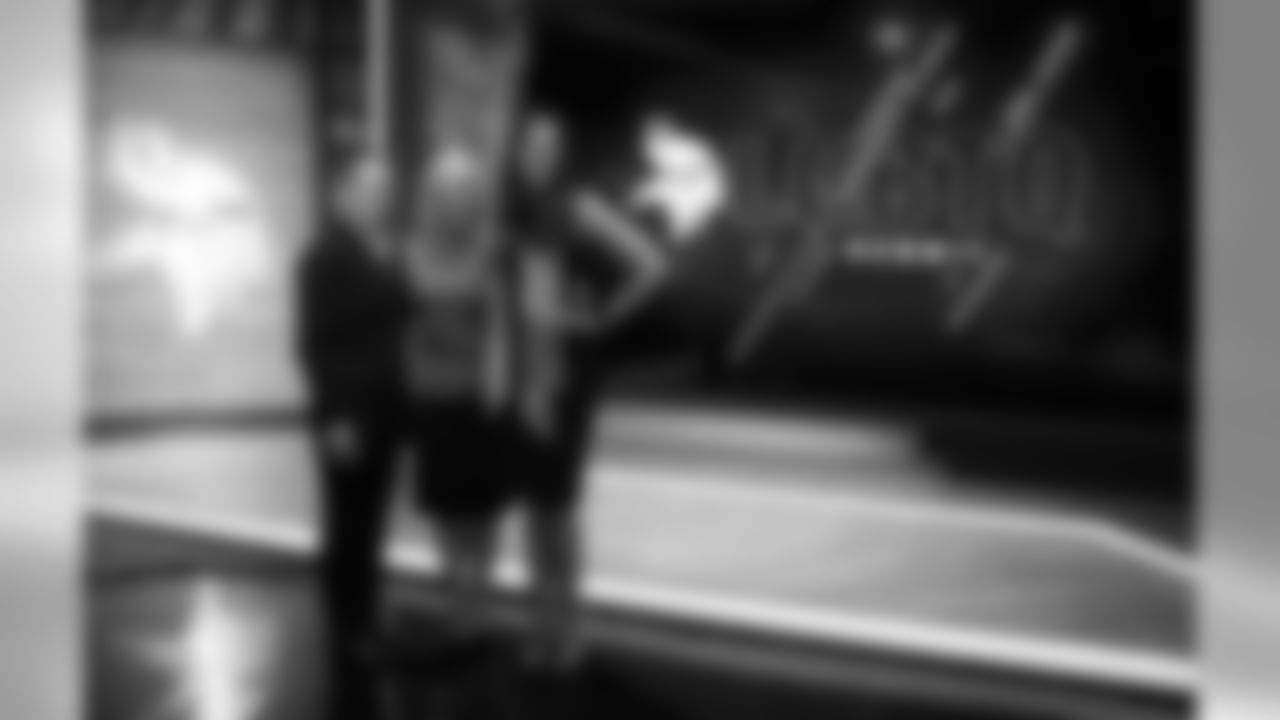
An image from June 21, 2018 of the Minnesota Vikings LGBTQ Summit held at TCO Performance Center in Eagan, MN.
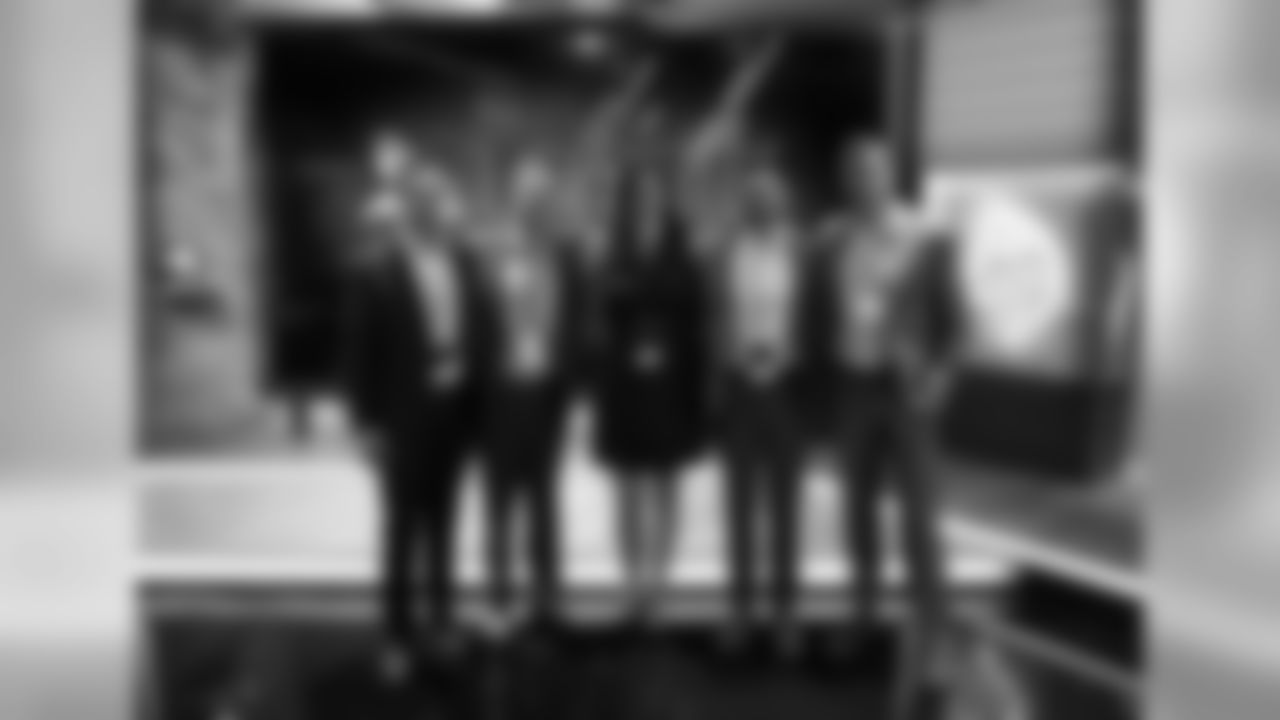
An image from June 21, 2018 of the Minnesota Vikings LGBTQ Summit held at TCO Performance Center in Eagan, MN.
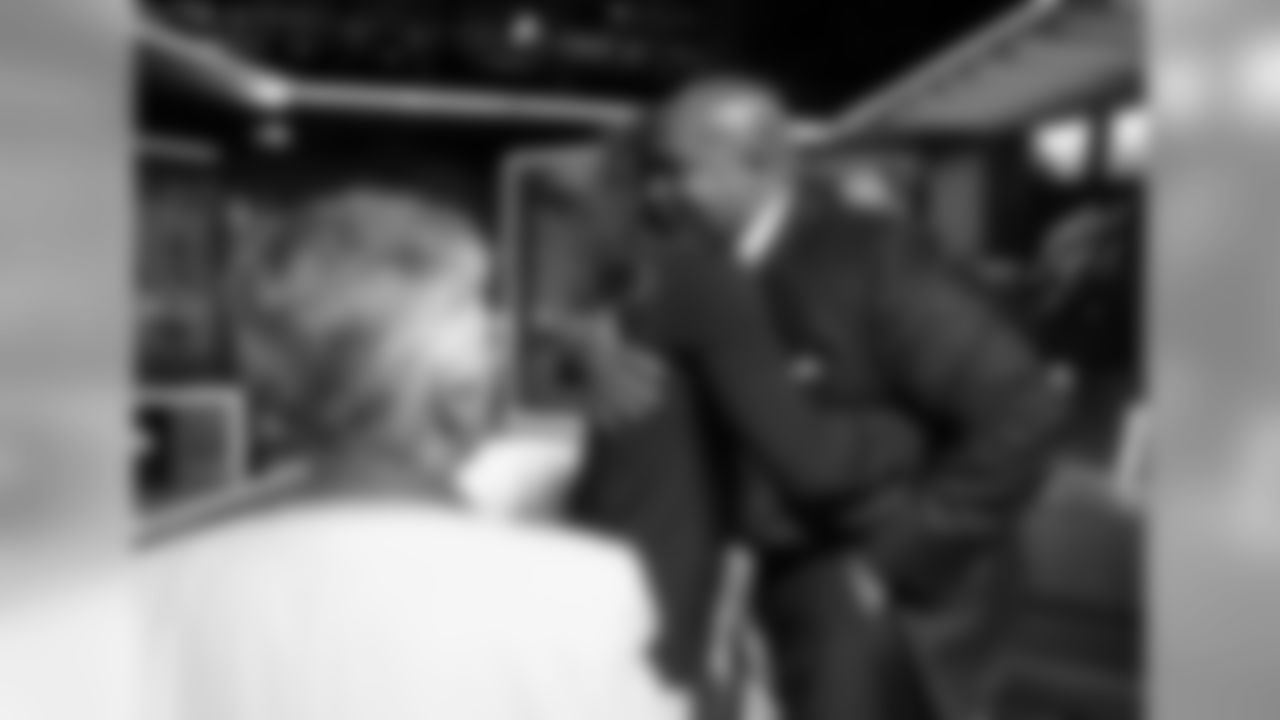
An image from June 21, 2018 of the Minnesota Vikings LGBTQ Summit held at TCO Performance Center in Eagan, MN.
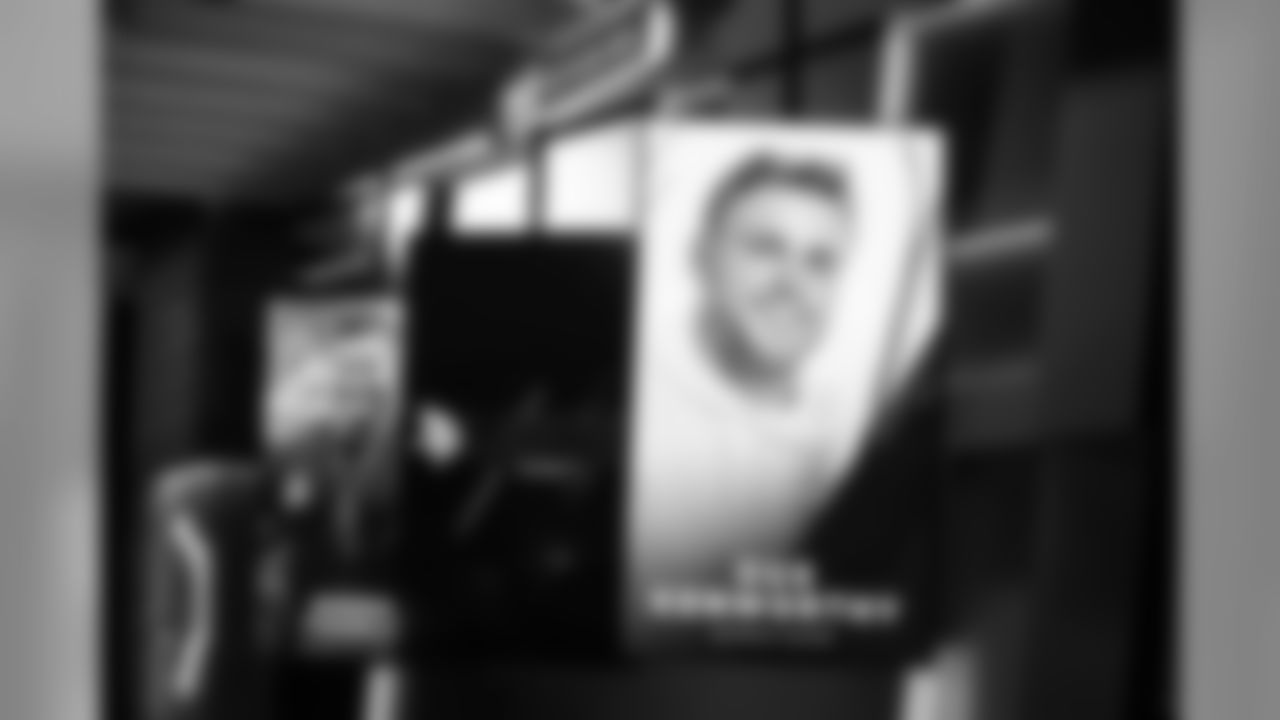
An image from June 21, 2018 of the Minnesota Vikings LGBTQ Summit held at TCO Performance Center in Eagan, MN.
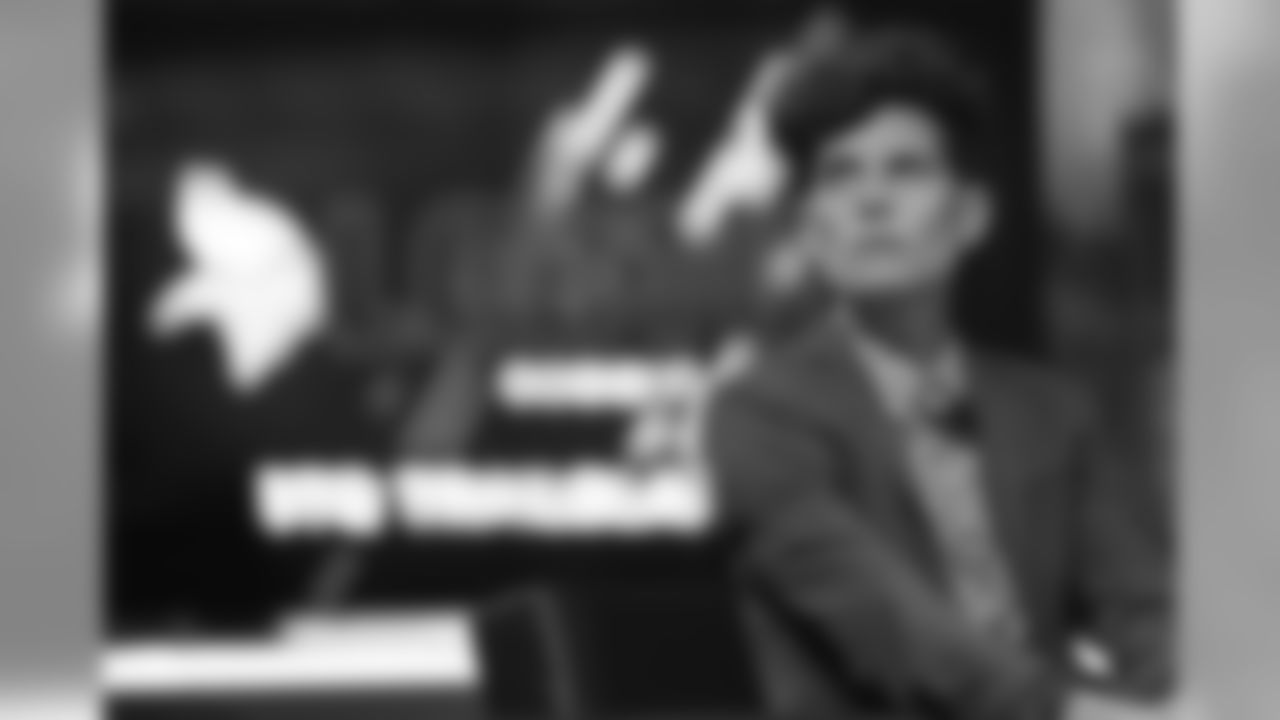
An image from June 21, 2018 of the Minnesota Vikings LGBTQ Summit held at TCO Performance Center in Eagan, MN.
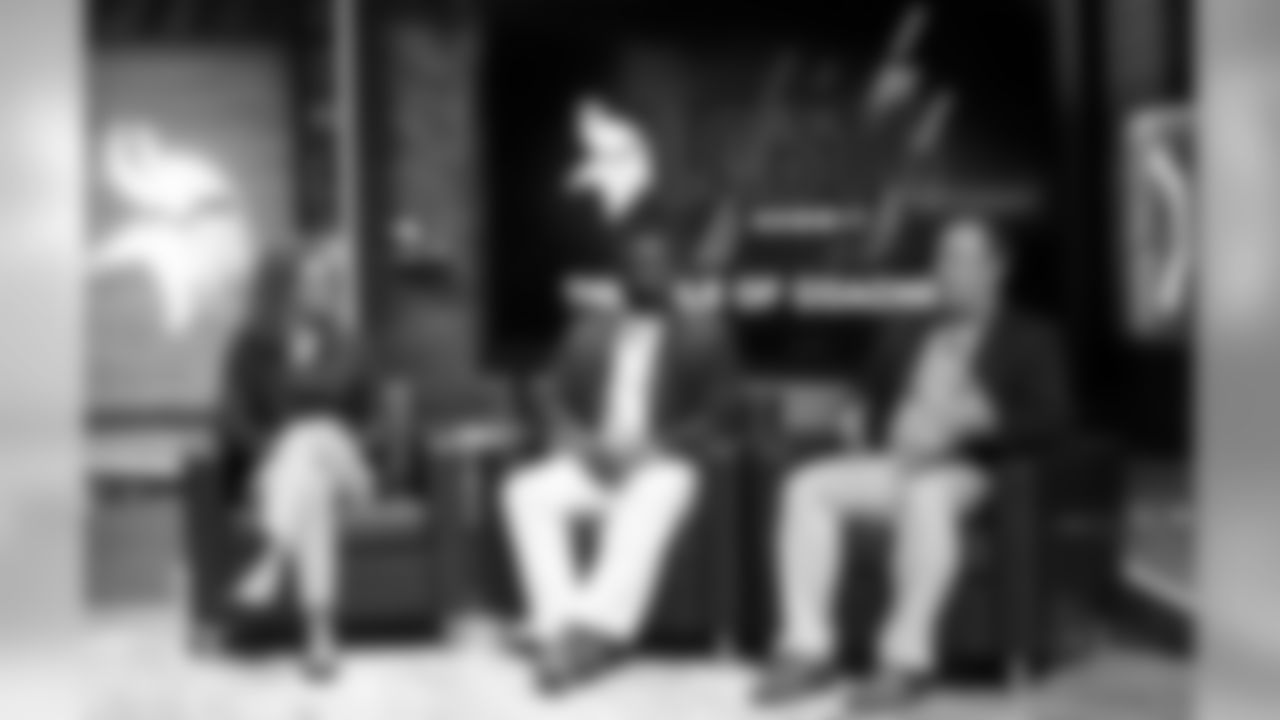
An image from June 21, 2018 of the Minnesota Vikings LGBTQ Summit held at TCO Performance Center in Eagan, MN.
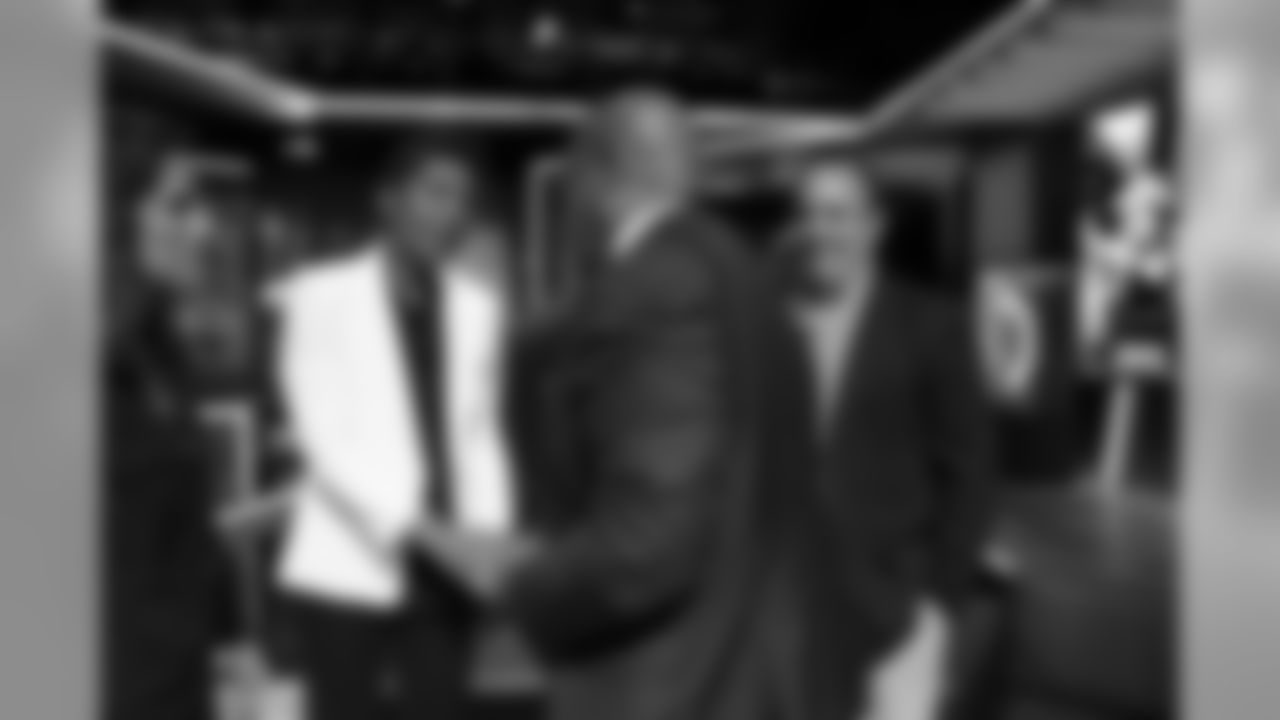
An image from June 21, 2018 of the Minnesota Vikings LGBTQ Summit held at TCO Performance Center in Eagan, MN.

An image from June 21, 2018 of the Minnesota Vikings LGBTQ Summit held at TCO Performance Center in Eagan, MN.

An image from June 21, 2018 of the Minnesota Vikings LGBTQ Summit held at TCO Performance Center in Eagan, MN.
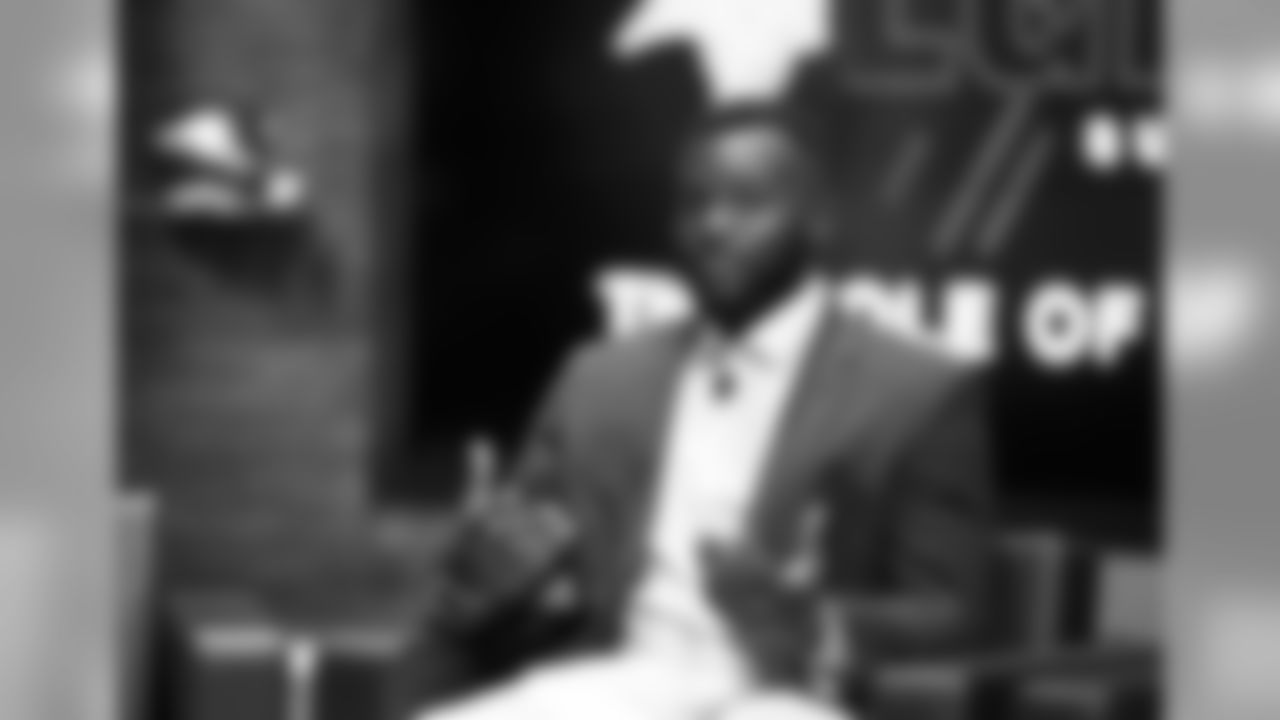
An image from June 21, 2018 of the Minnesota Vikings LGBTQ Summit held at TCO Performance Center in Eagan, MN.
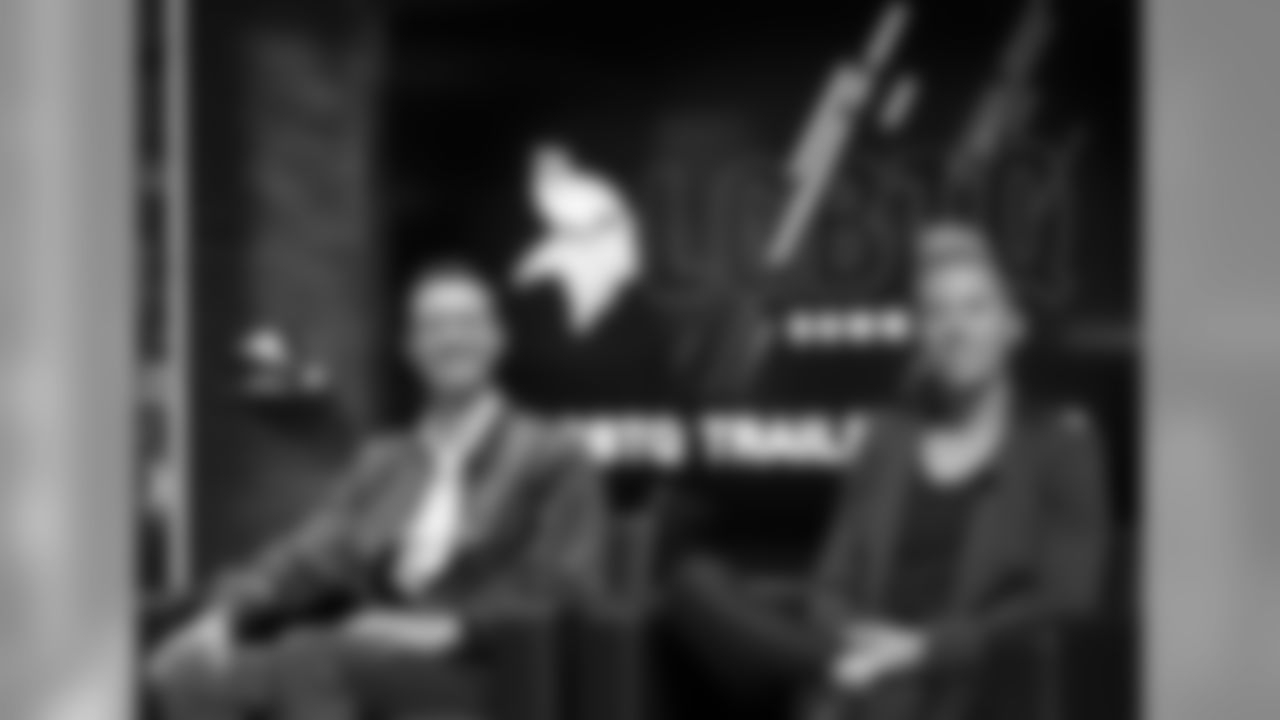
An image from June 21, 2018 of the Minnesota Vikings LGBTQ Summit held at TCO Performance Center in Eagan, MN.

An image from June 21, 2018 of the Minnesota Vikings LGBTQ Summit held at TCO Performance Center in Eagan, MN.
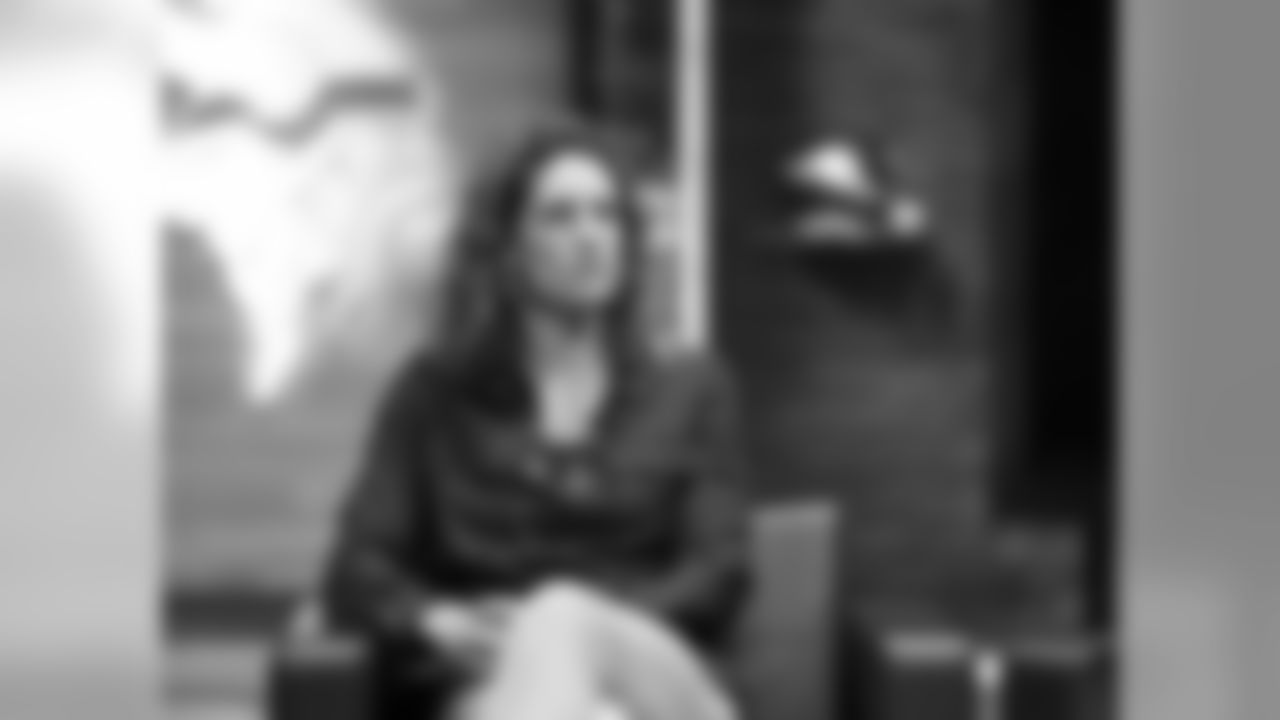
An image from June 21, 2018 of the Minnesota Vikings LGBTQ Summit held at TCO Performance Center in Eagan, MN.
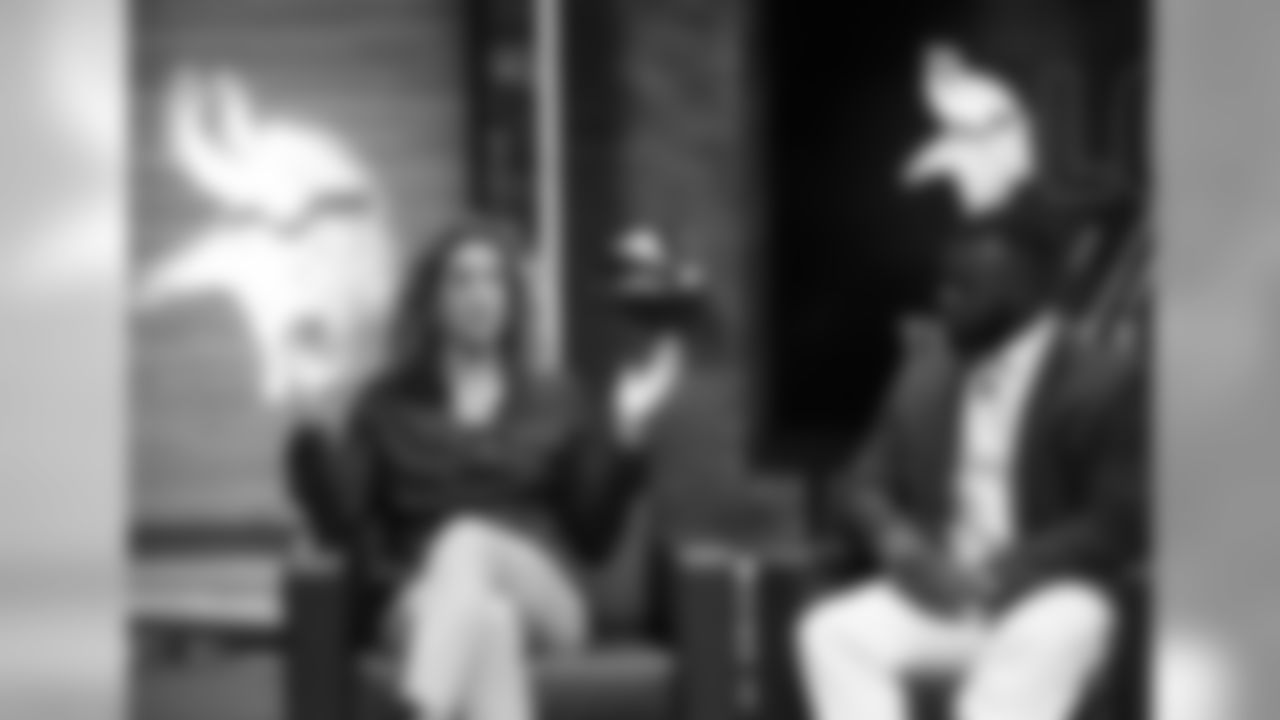
An image from June 21, 2018 of the Minnesota Vikings LGBTQ Summit held at TCO Performance Center in Eagan, MN.
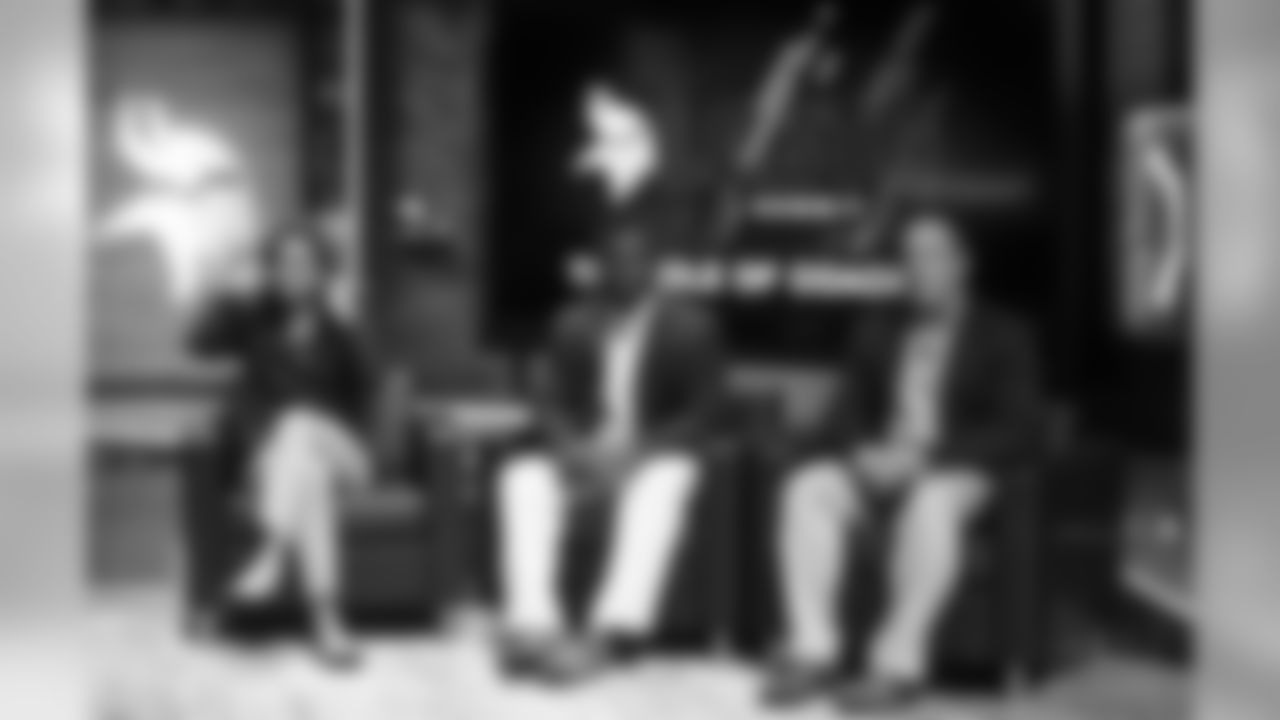
An image from June 21, 2018 of the Minnesota Vikings LGBTQ Summit held at TCO Performance Center in Eagan, MN.
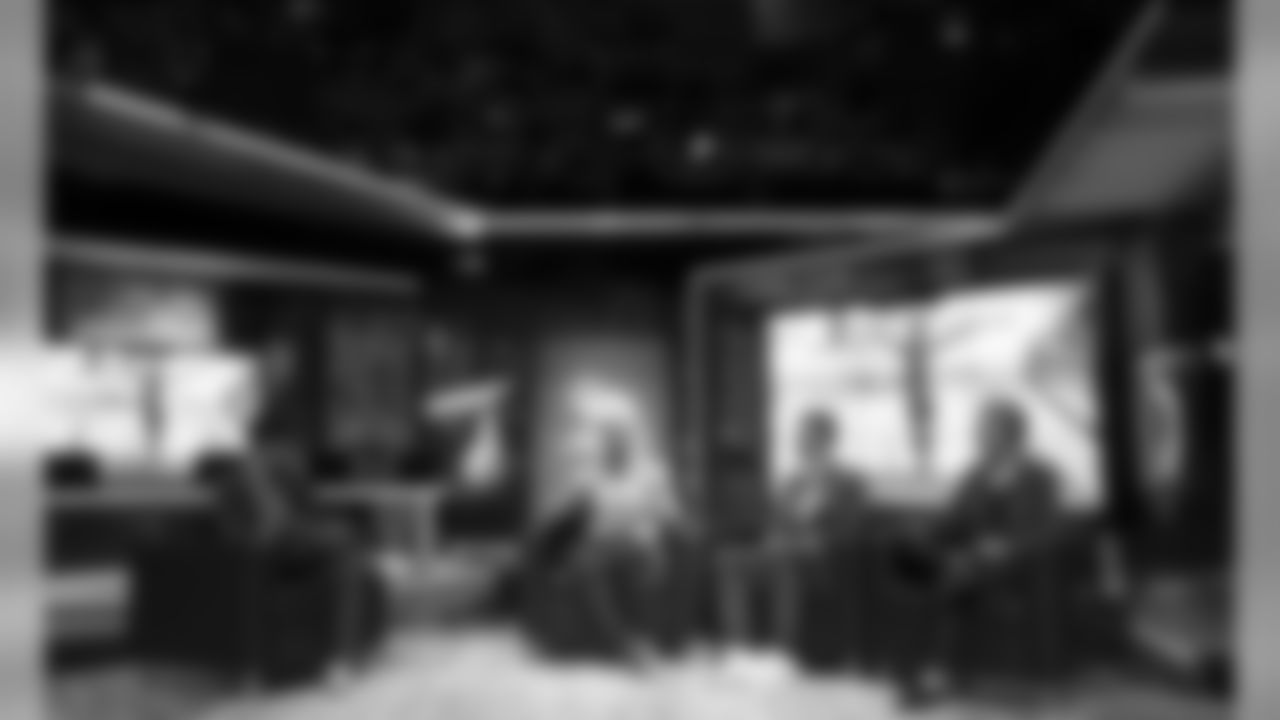
An image from June 21, 2018 of the Minnesota Vikings LGBTQ Summit held at TCO Performance Center in Eagan, MN.
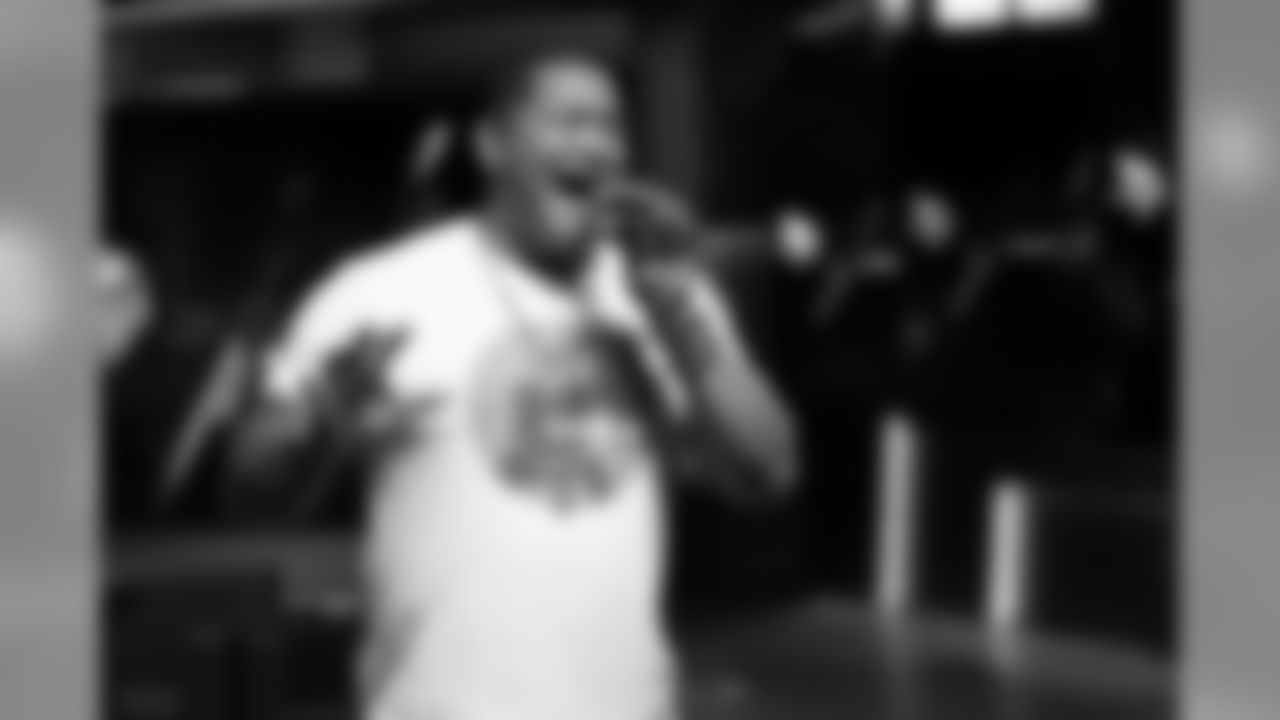
An image from June 21, 2018 of the Minnesota Vikings LGBTQ Summit held at TCO Performance Center in Eagan, MN.
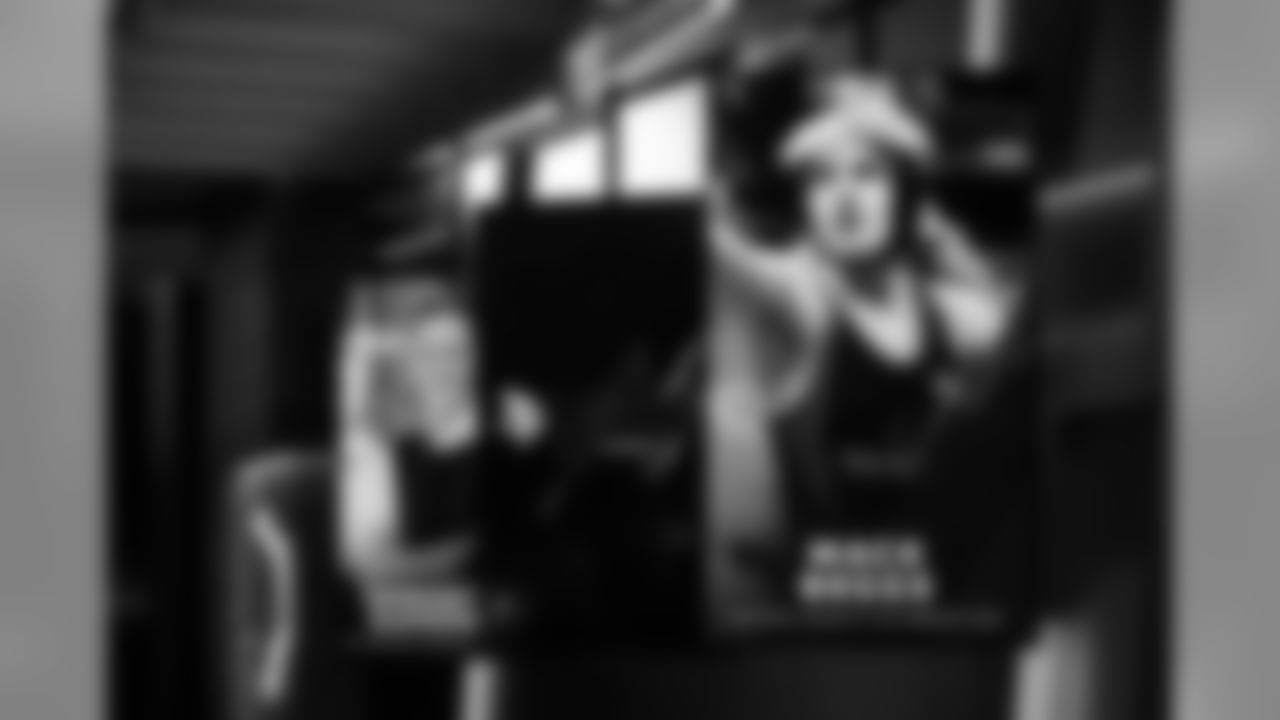
An image from June 21, 2018 of the Minnesota Vikings LGBTQ Summit held at TCO Performance Center in Eagan, MN.
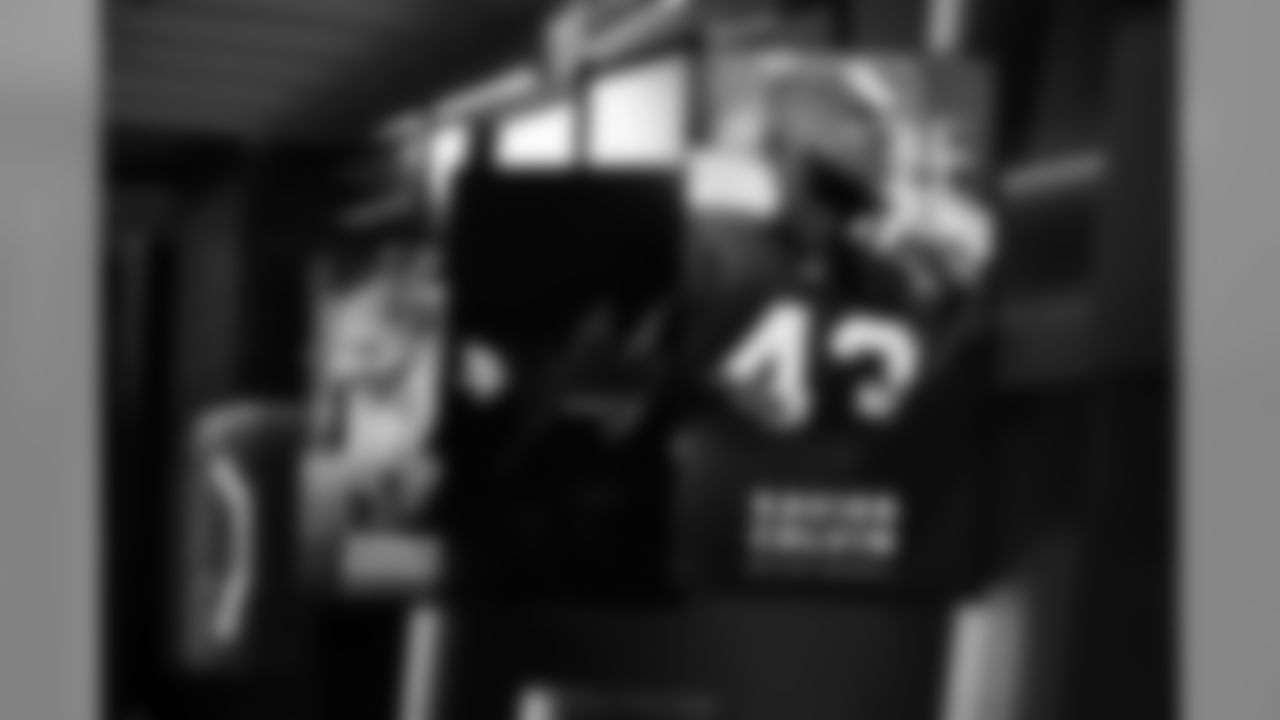
An image from June 21, 2018 of the Minnesota Vikings LGBTQ Summit held at TCO Performance Center in Eagan, MN.
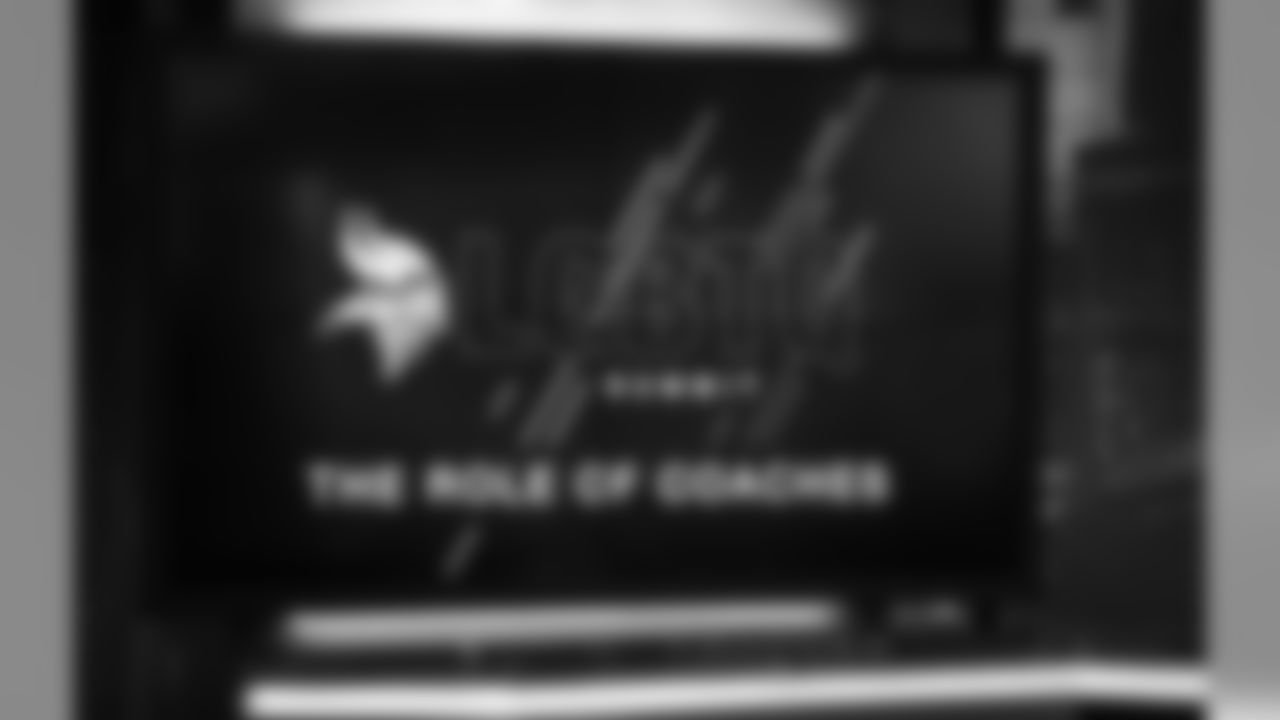
An image from June 21, 2018 of the Minnesota Vikings LGBTQ Summit held at TCO Performance Center in Eagan, MN.
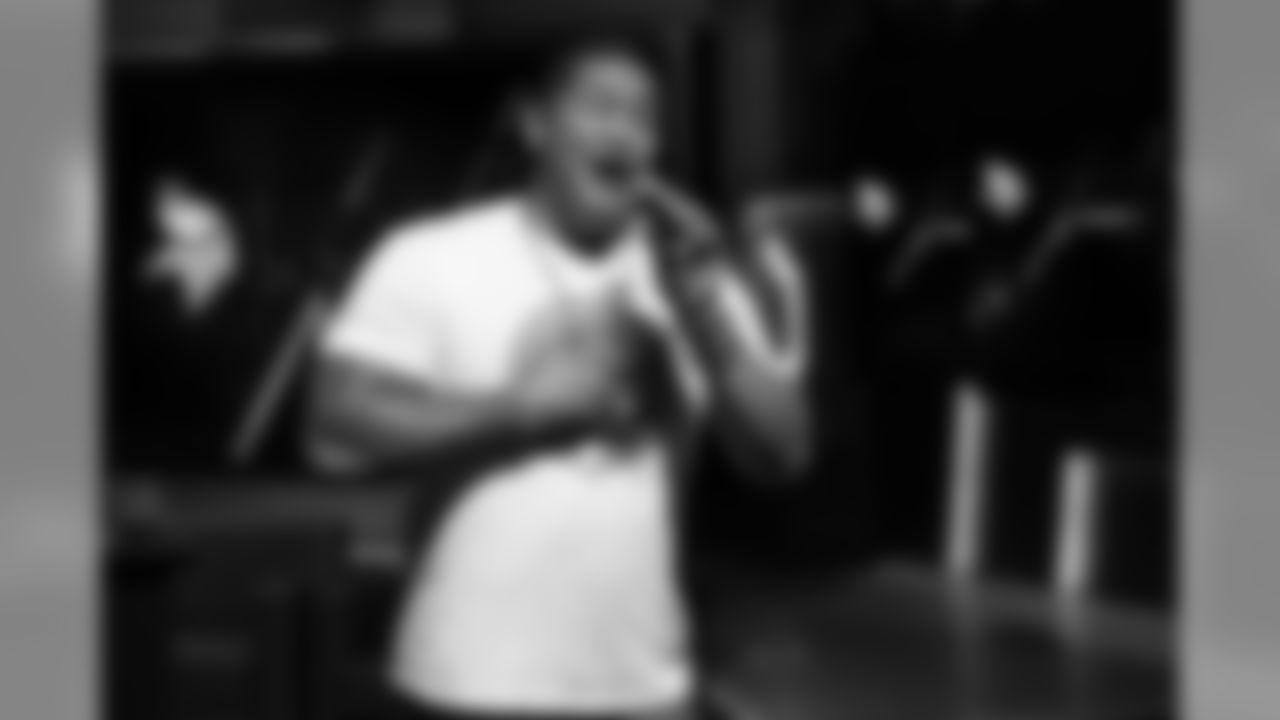
An image from June 21, 2018 of the Minnesota Vikings LGBTQ Summit held at TCO Performance Center in Eagan, MN.
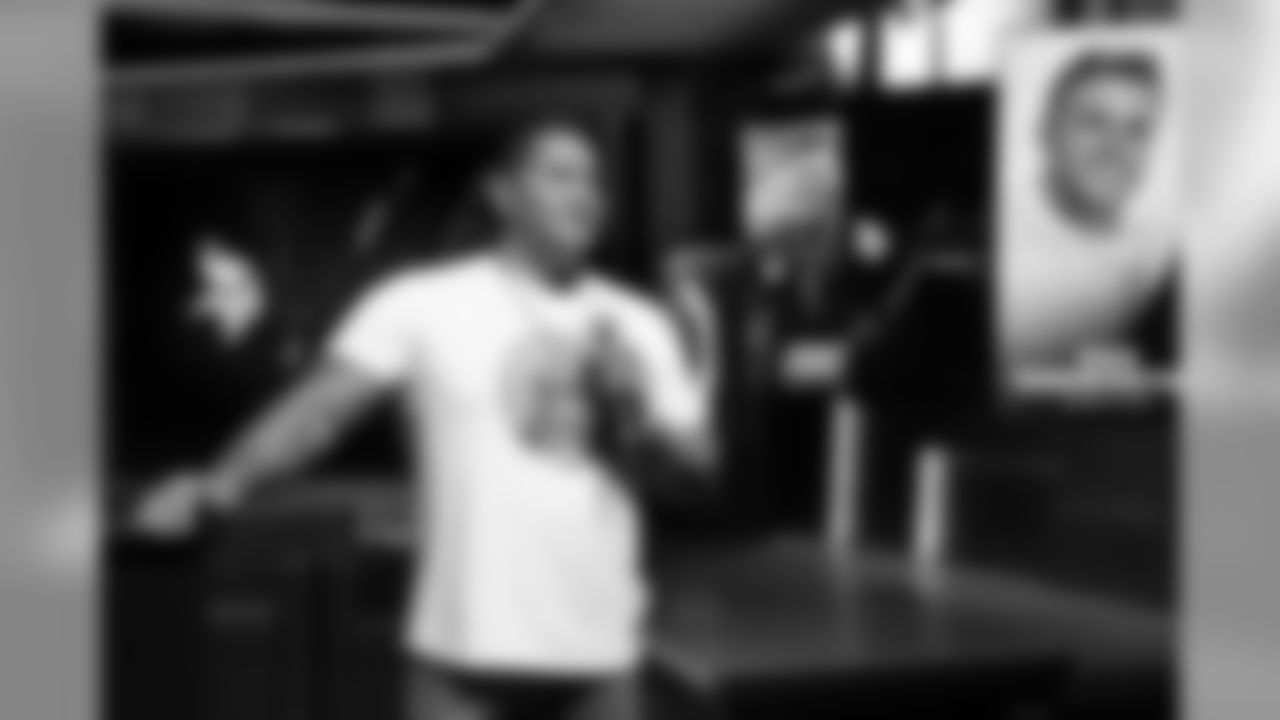
An image from June 21, 2018 of the Minnesota Vikings LGBTQ Summit held at TCO Performance Center in Eagan, MN.
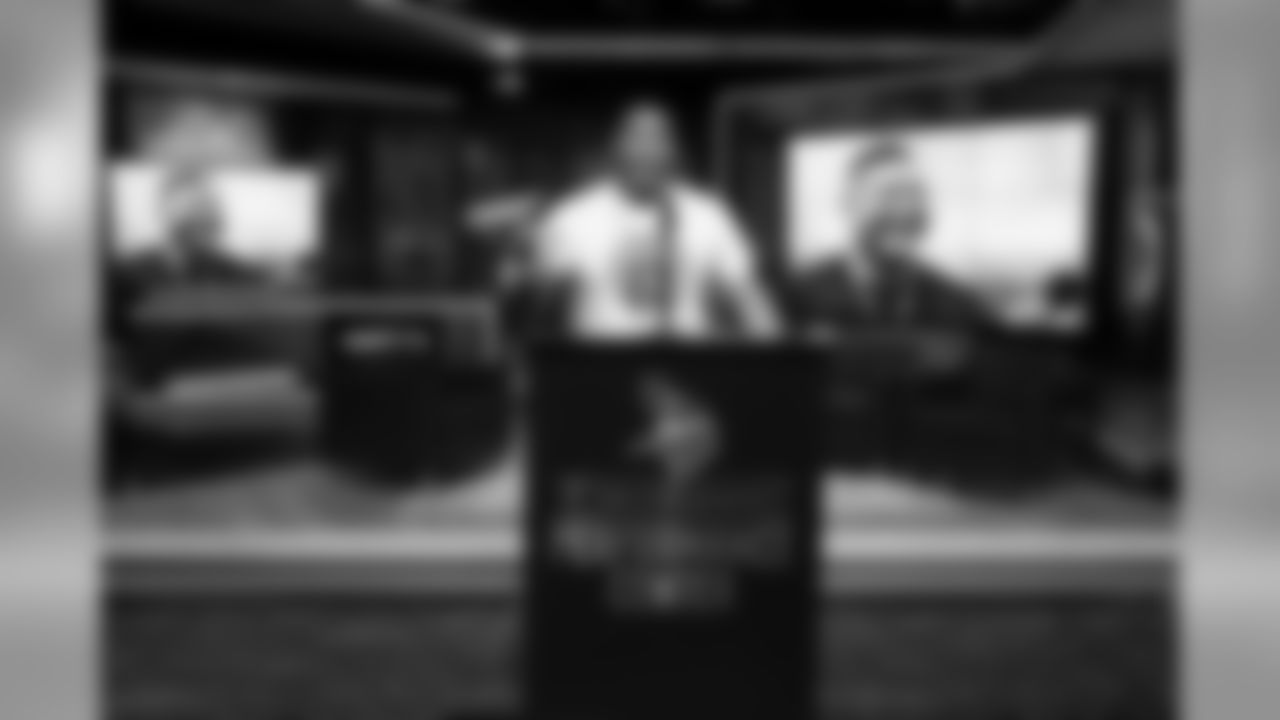
An image from June 21, 2018 of the Minnesota Vikings LGBTQ Summit held at TCO Performance Center in Eagan, MN.
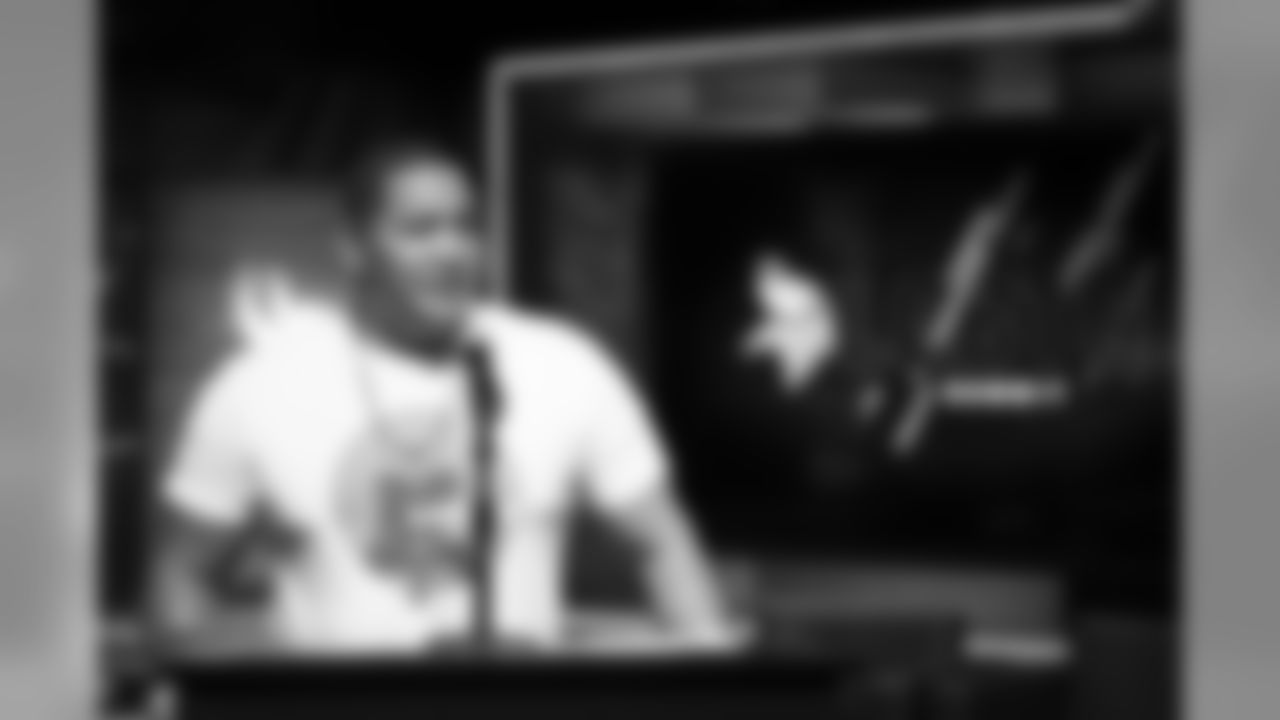
An image from June 21, 2018 of the Minnesota Vikings LGBTQ Summit held at TCO Performance Center in Eagan, MN.
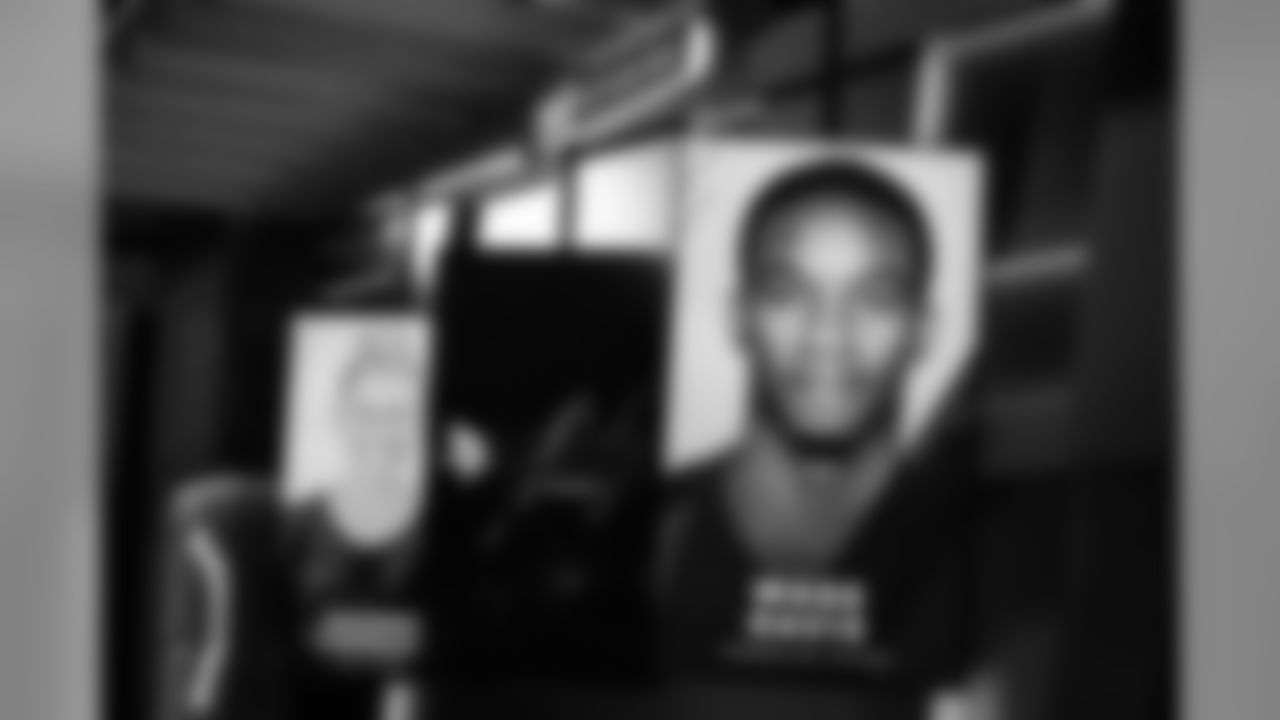
An image from June 21, 2018 of the Minnesota Vikings LGBTQ Summit held at TCO Performance Center in Eagan, MN.
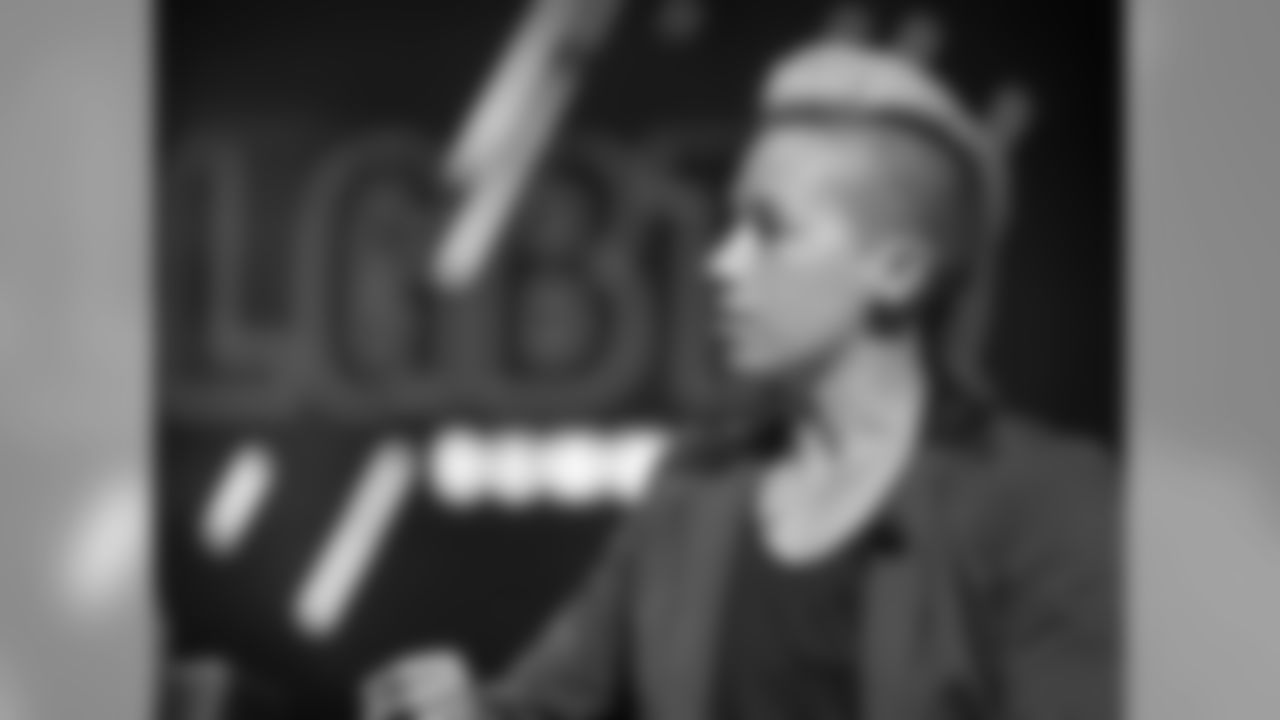
An image from June 21, 2018 of the Minnesota Vikings LGBTQ Summit held at TCO Performance Center in Eagan, MN.
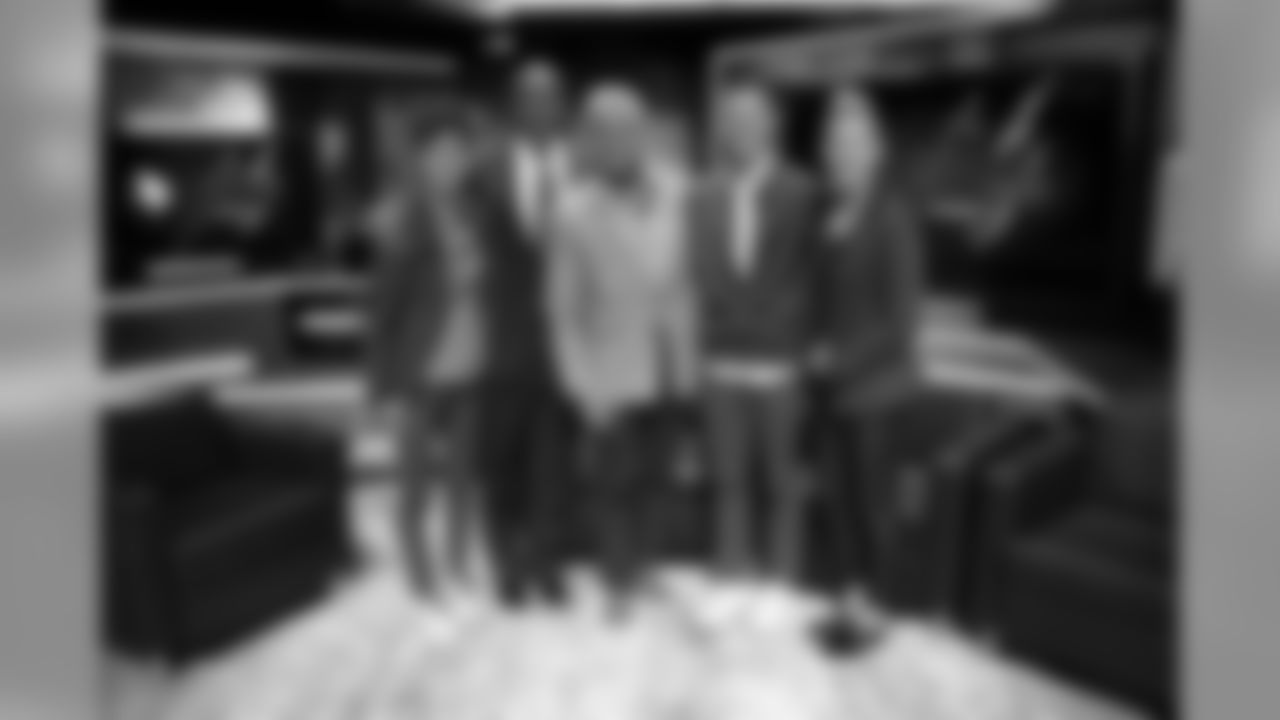
An image from June 21, 2018 of the Minnesota Vikings LGBTQ Summit held at TCO Performance Center in Eagan, MN.
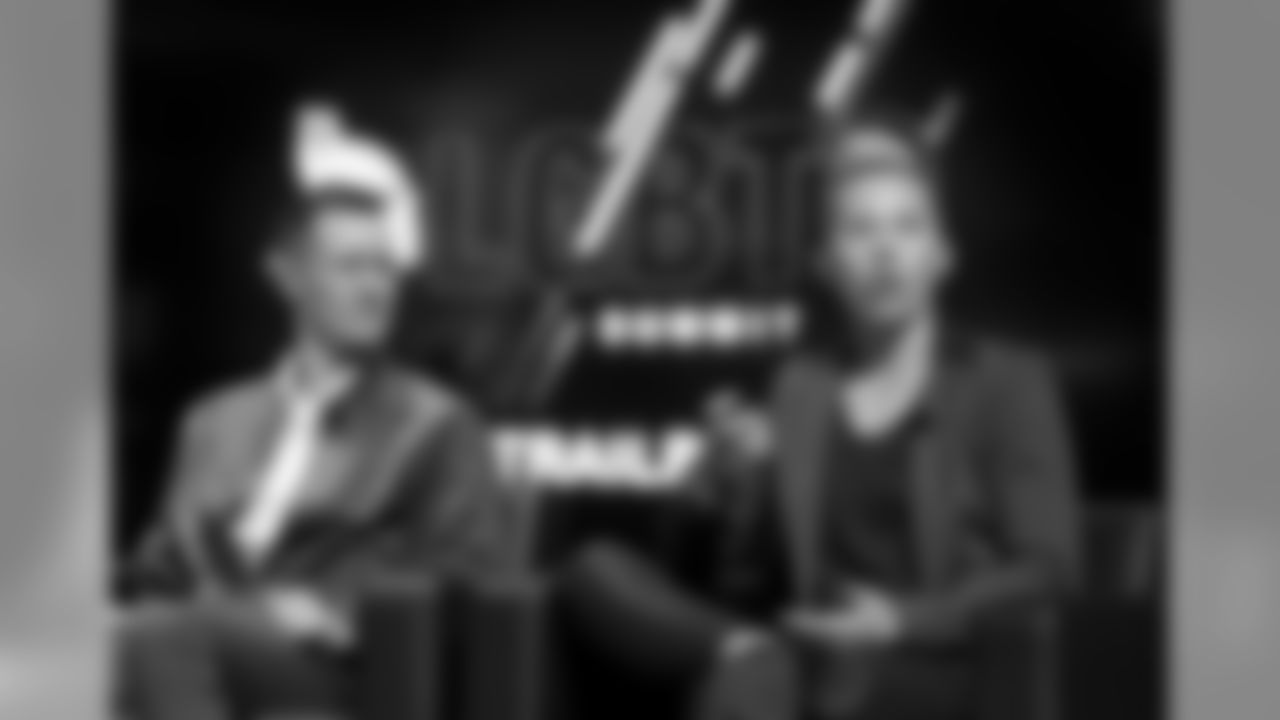
An image from June 21, 2018 of the Minnesota Vikings LGBTQ Summit held at TCO Performance Center in Eagan, MN.
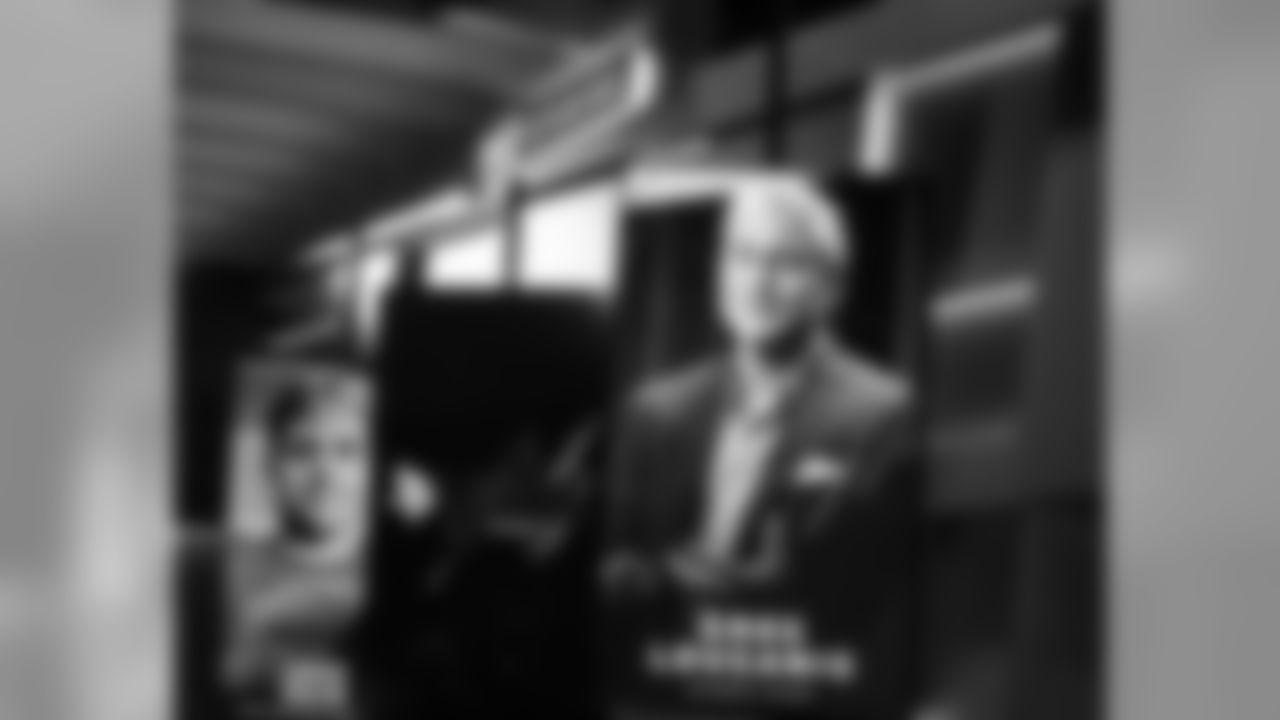
An image from June 21, 2018 of the Minnesota Vikings LGBTQ Summit held at TCO Performance Center in Eagan, MN.
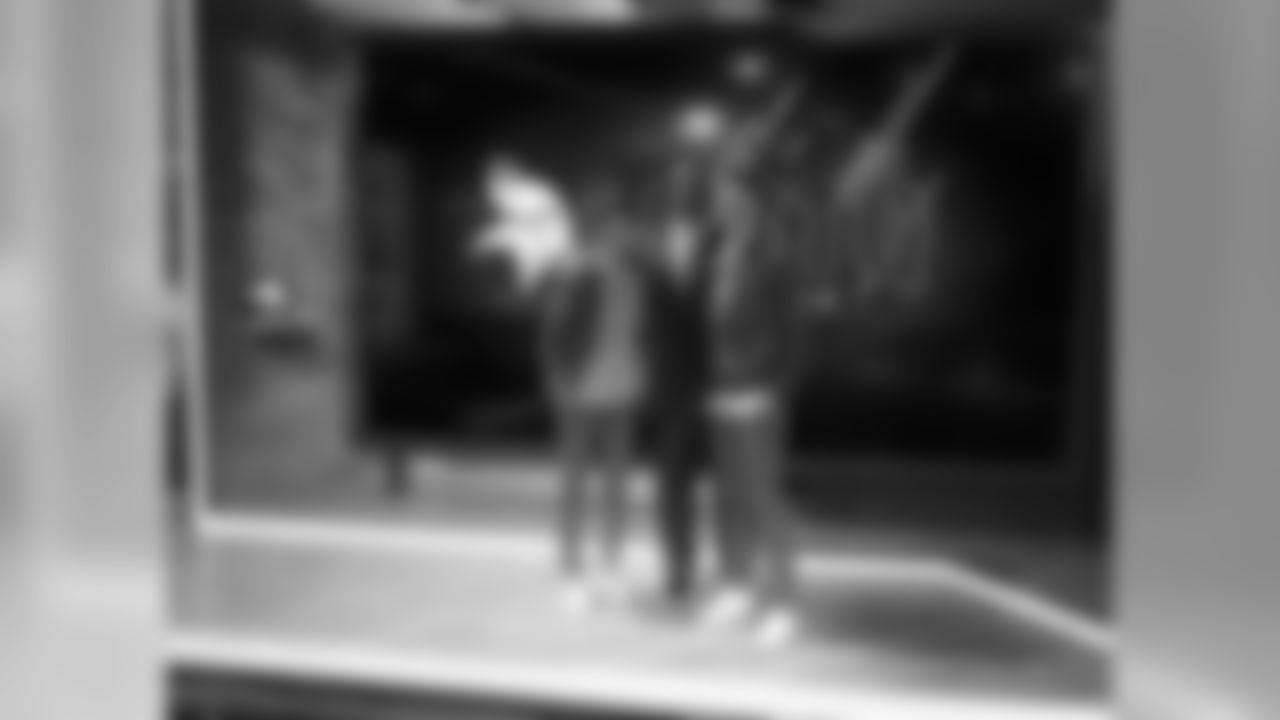
An image from June 21, 2018 of the Minnesota Vikings LGBTQ Summit held at TCO Performance Center in Eagan, MN.

An image from June 21, 2018 of the Minnesota Vikings LGBTQ Summit held at TCO Performance Center in Eagan, MN.
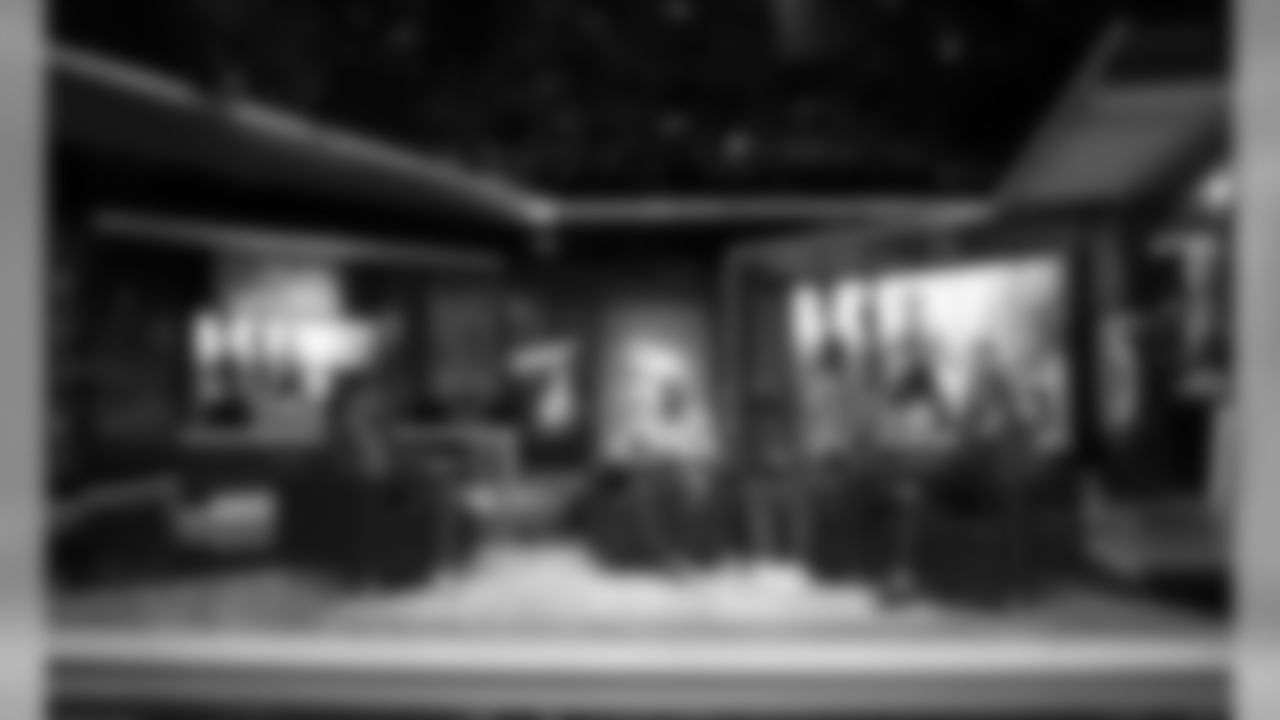
An image from June 21, 2018 of the Minnesota Vikings LGBTQ Summit held at TCO Performance Center in Eagan, MN.

An image from June 21, 2018 of the Minnesota Vikings LGBTQ Summit held at TCO Performance Center in Eagan, MN.
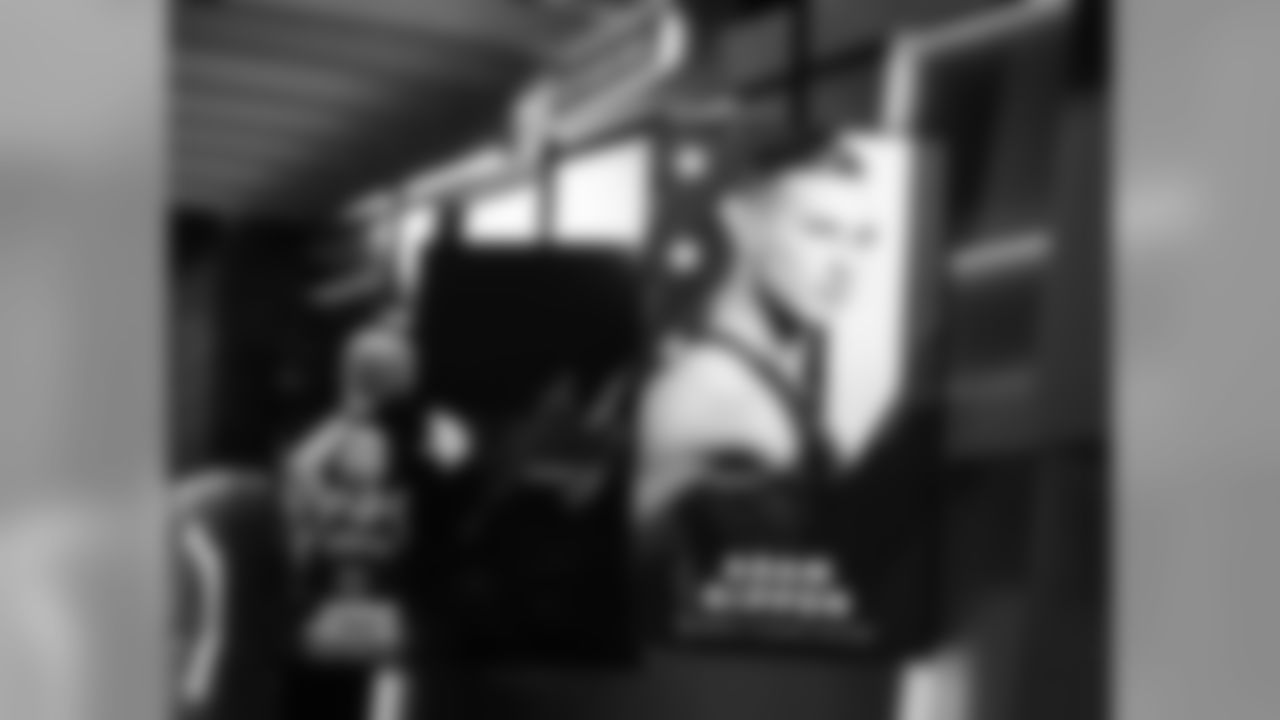
An image from June 21, 2018 of the Minnesota Vikings LGBTQ Summit held at TCO Performance Center in Eagan, MN.
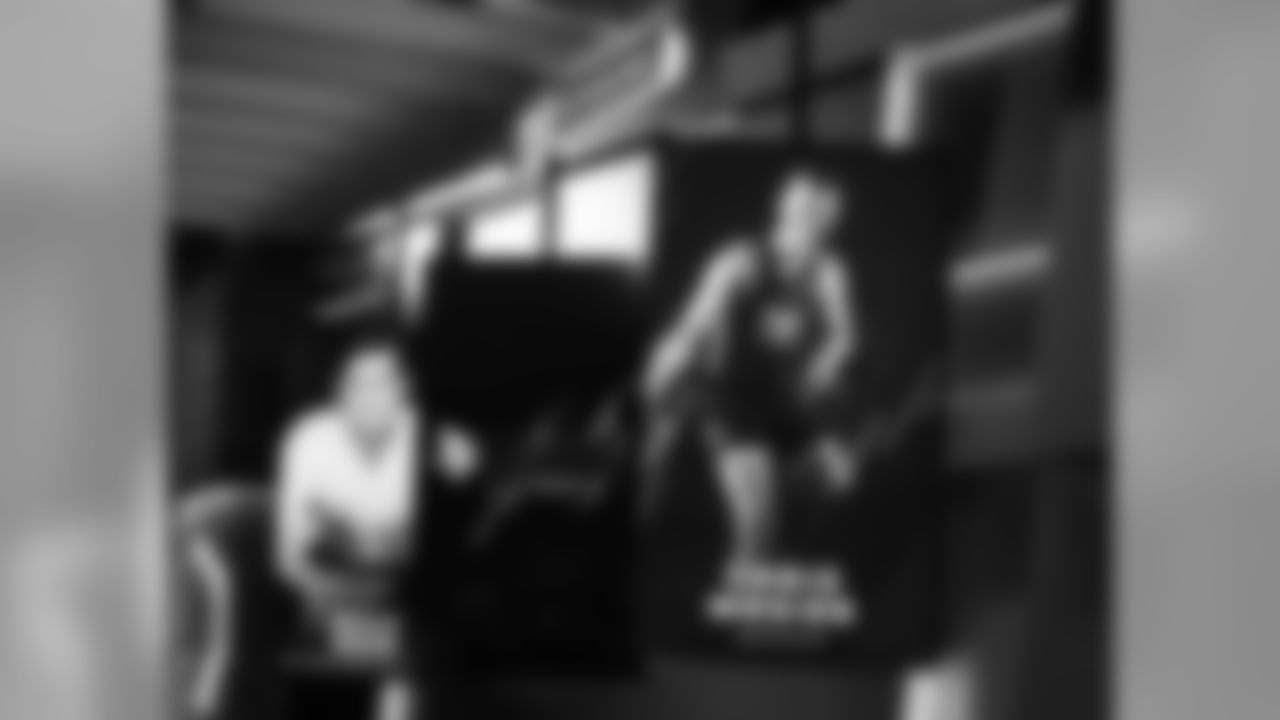
An image from June 21, 2018 of the Minnesota Vikings LGBTQ Summit held at TCO Performance Center in Eagan, MN.

An image from June 21, 2018 of the Minnesota Vikings LGBTQ Summit held at TCO Performance Center in Eagan, MN.
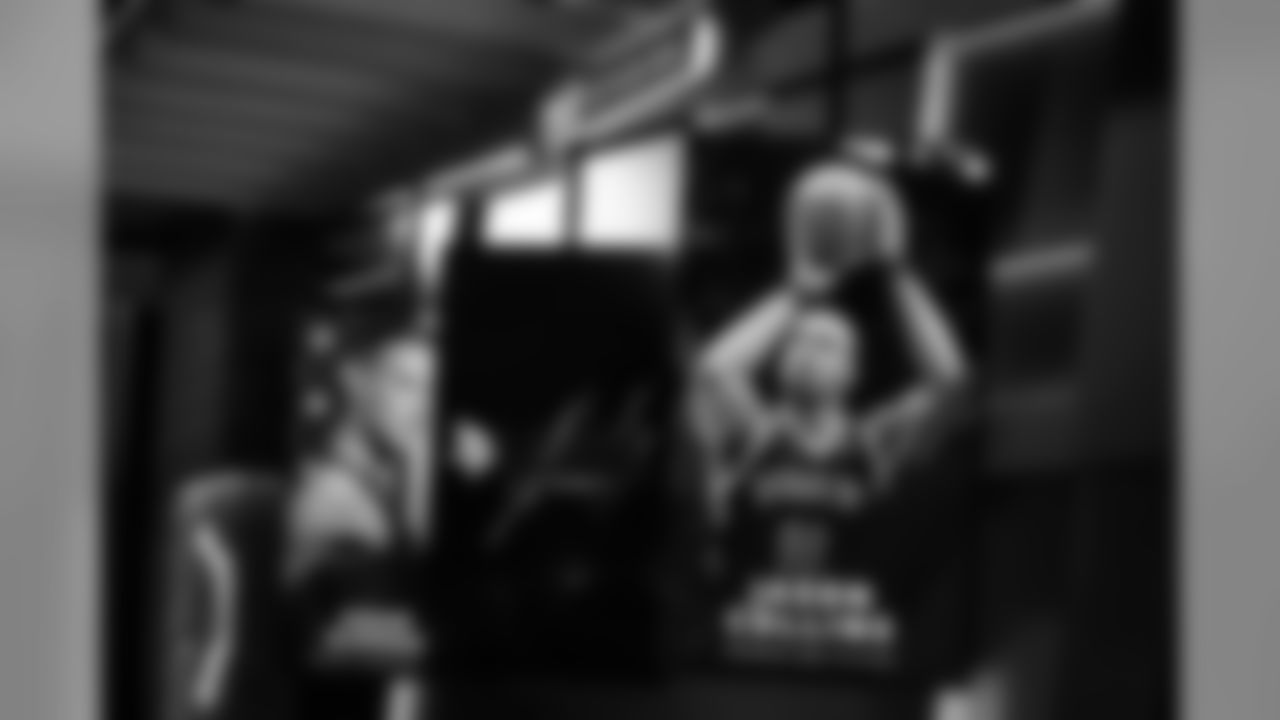
An image from June 21, 2018 of the Minnesota Vikings LGBTQ Summit held at TCO Performance Center in Eagan, MN.
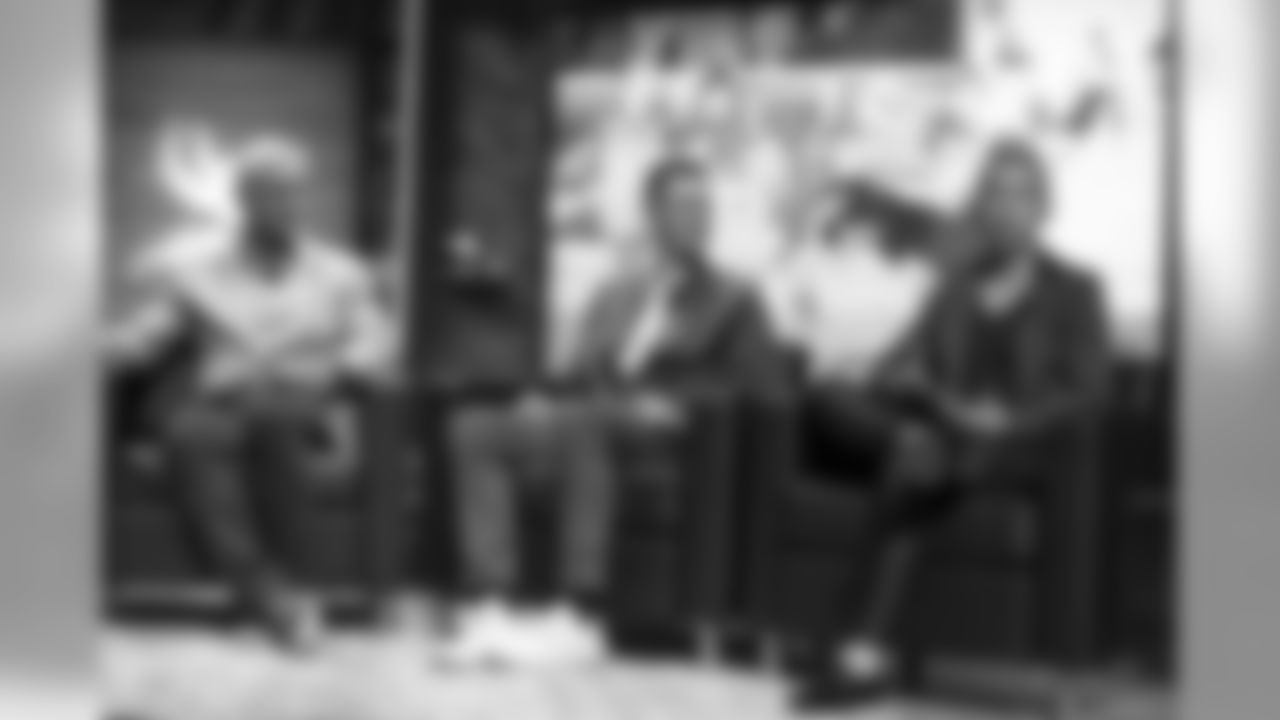
An image from June 21, 2018 of the Minnesota Vikings LGBTQ Summit held at TCO Performance Center in Eagan, MN.

An image from June 21, 2018 of the Minnesota Vikings LGBTQ Summit held at TCO Performance Center in Eagan, MN.
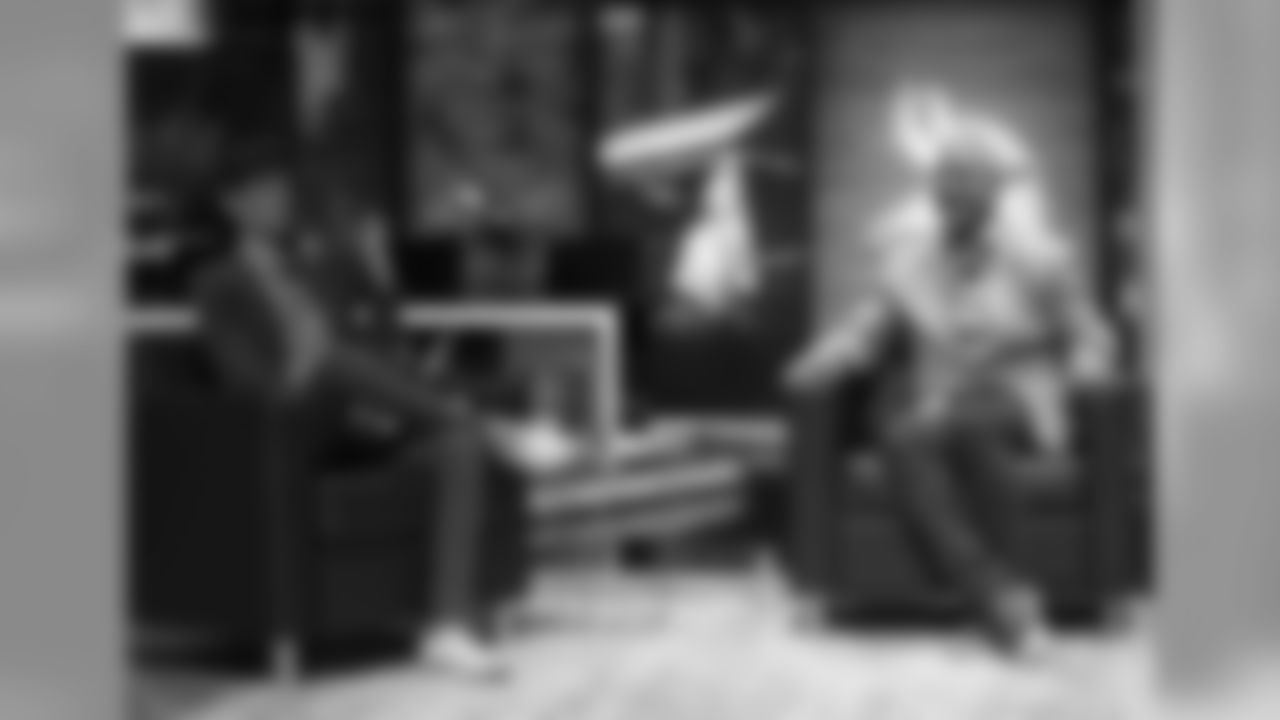
An image from June 21, 2018 of the Minnesota Vikings LGBTQ Summit held at TCO Performance Center in Eagan, MN.
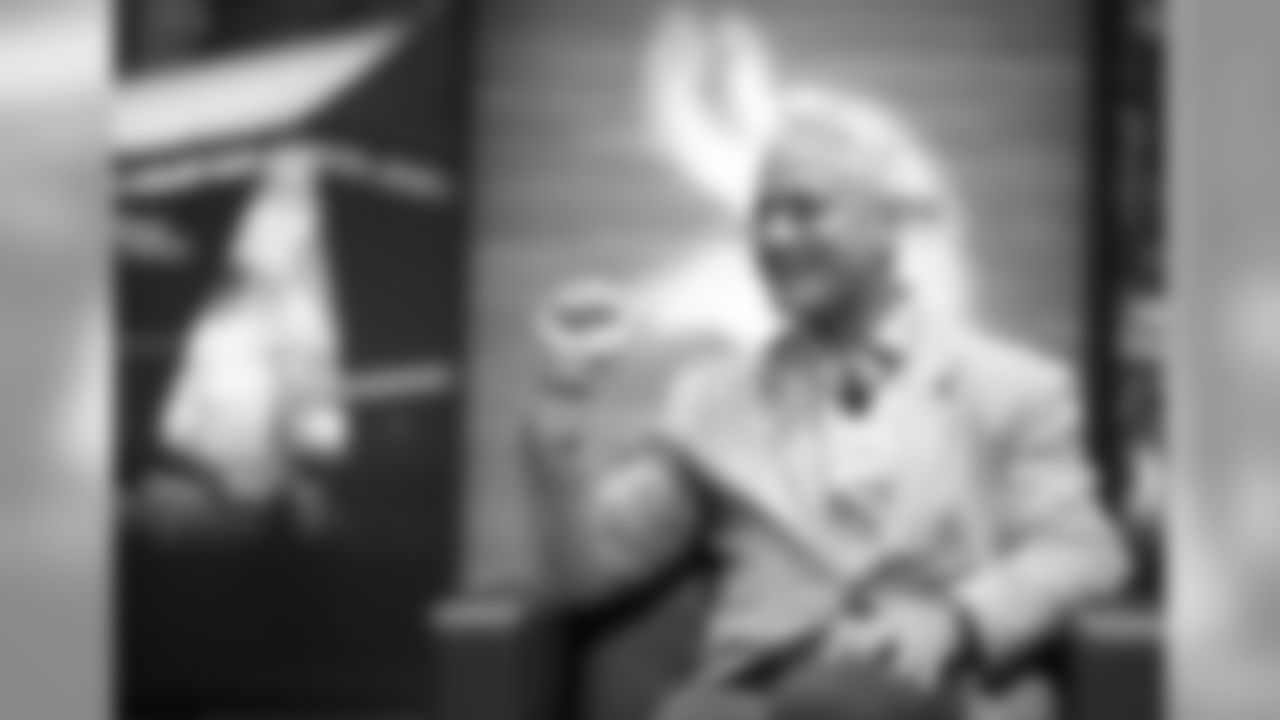
An image from June 21, 2018 of the Minnesota Vikings LGBTQ Summit held at TCO Performance Center in Eagan, MN.

An image from June 21, 2018 of the Minnesota Vikings LGBTQ Summit held at TCO Performance Center in Eagan, MN.
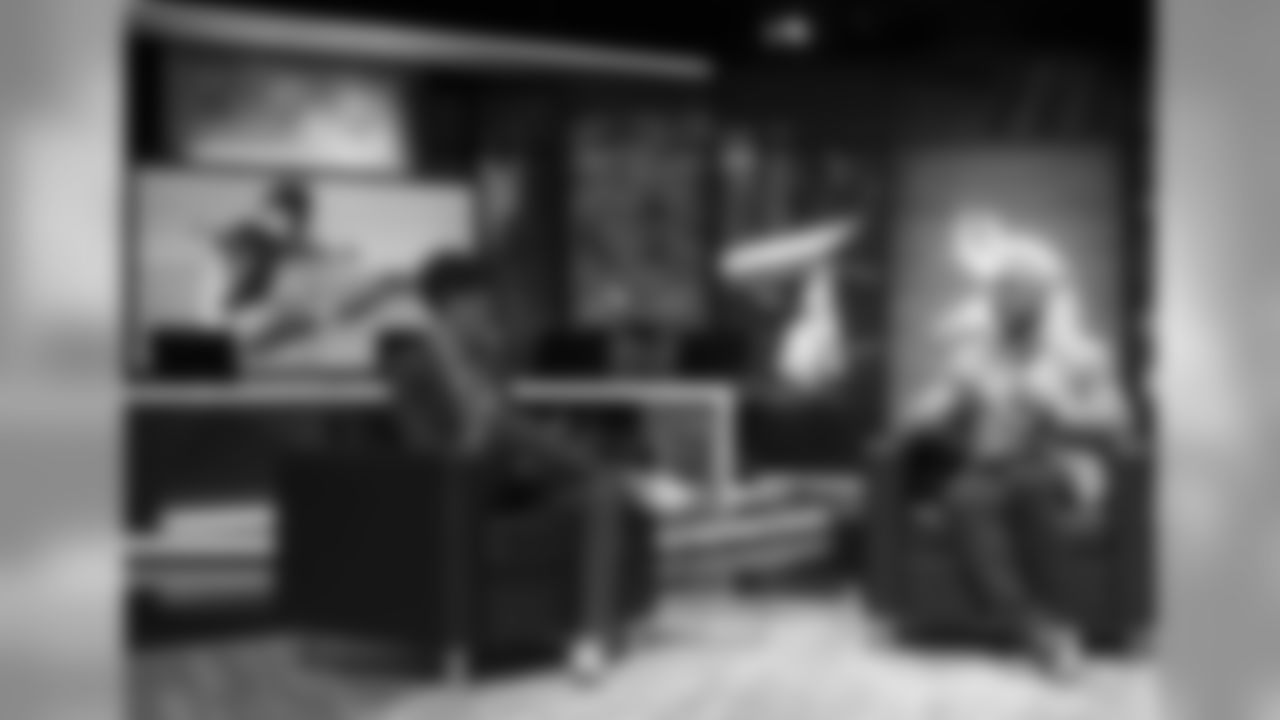
An image from June 21, 2018 of the Minnesota Vikings LGBTQ Summit held at TCO Performance Center in Eagan, MN.
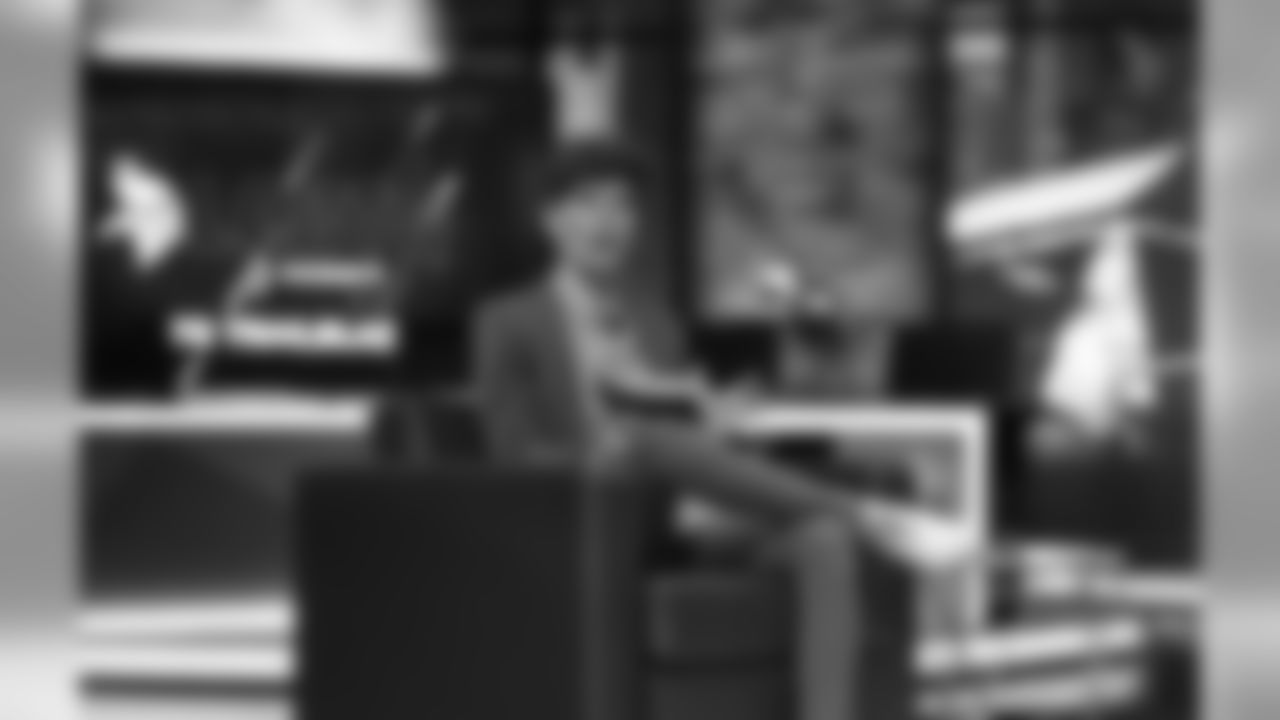
An image from June 21, 2018 of the Minnesota Vikings LGBTQ Summit held at TCO Performance Center in Eagan, MN.

An image from June 21, 2018 of the Minnesota Vikings LGBTQ Summit held at TCO Performance Center in Eagan, MN.
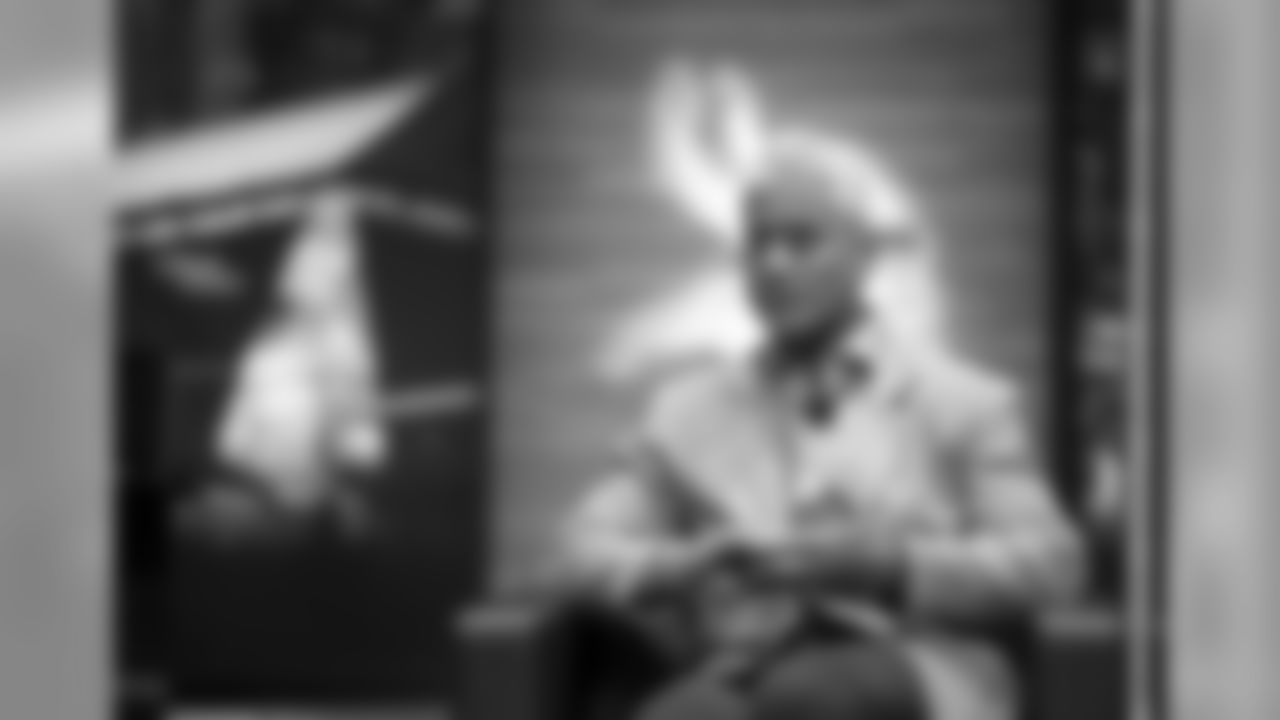
An image from June 21, 2018 of the Minnesota Vikings LGBTQ Summit held at TCO Performance Center in Eagan, MN.

An image from June 21, 2018 of the Minnesota Vikings LGBTQ Summit held at TCO Performance Center in Eagan, MN.

An image from June 21, 2018 of the Minnesota Vikings LGBTQ Summit held at TCO Performance Center in Eagan, MN.
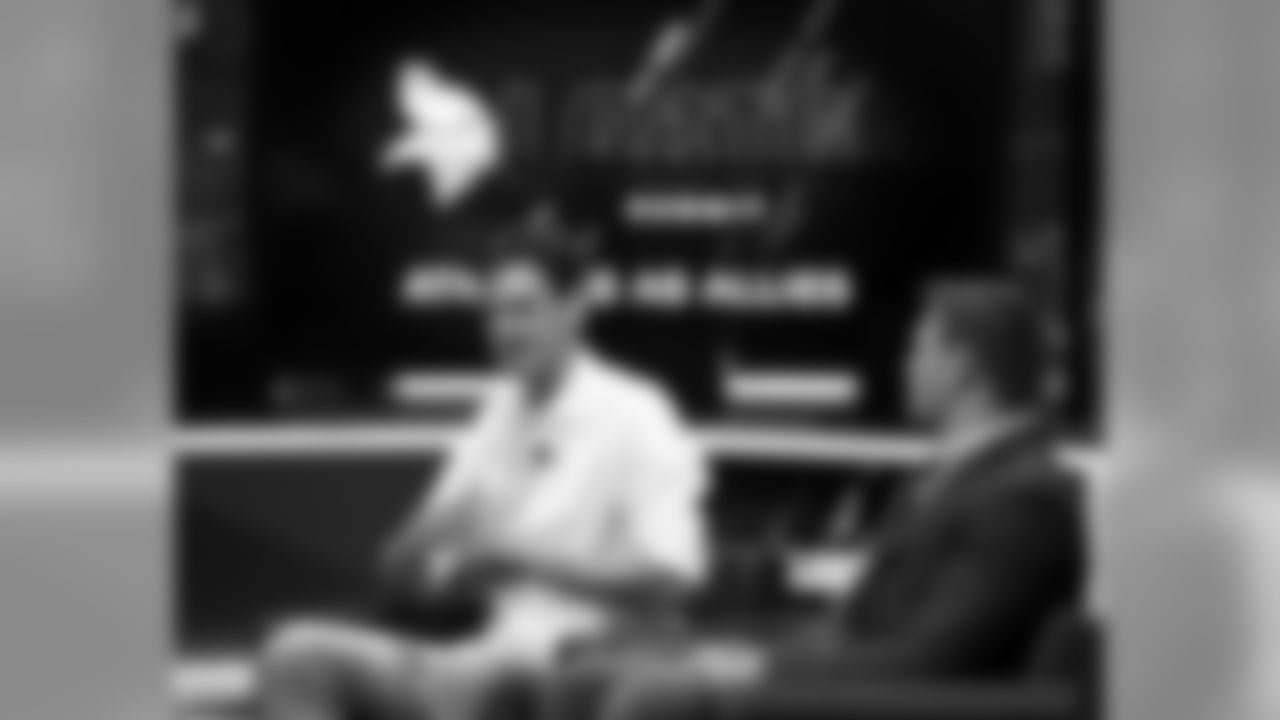
An image from June 21, 2018 of the Minnesota Vikings LGBTQ Summit held at TCO Performance Center in Eagan, MN.
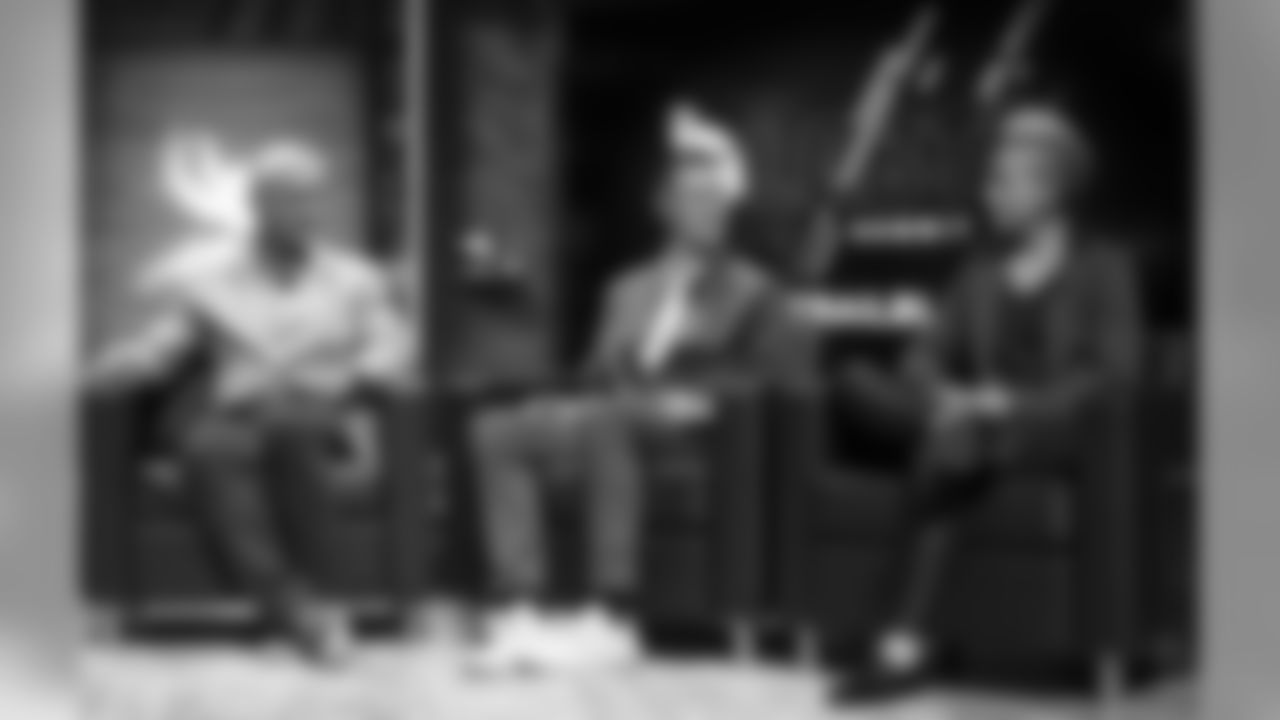
An image from June 21, 2018 of the Minnesota Vikings LGBTQ Summit held at TCO Performance Center in Eagan, MN.
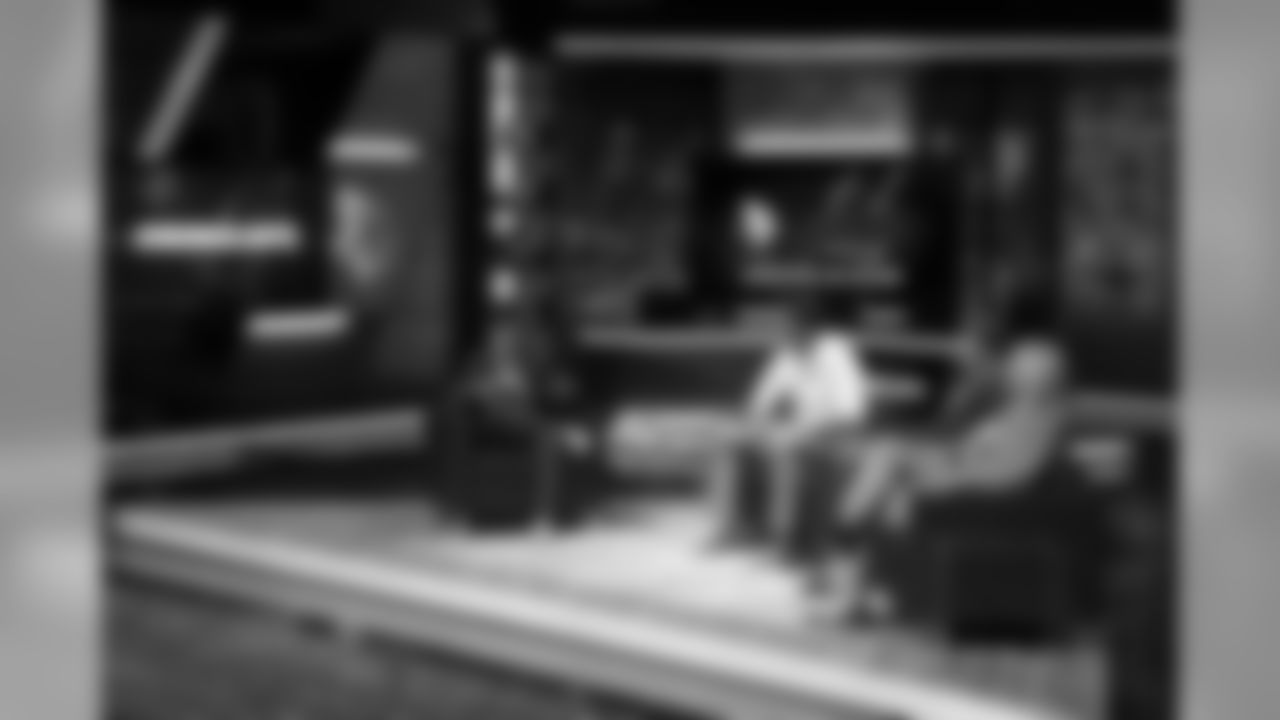
An image from June 21, 2018 of the Minnesota Vikings LGBTQ Summit held at TCO Performance Center in Eagan, MN.
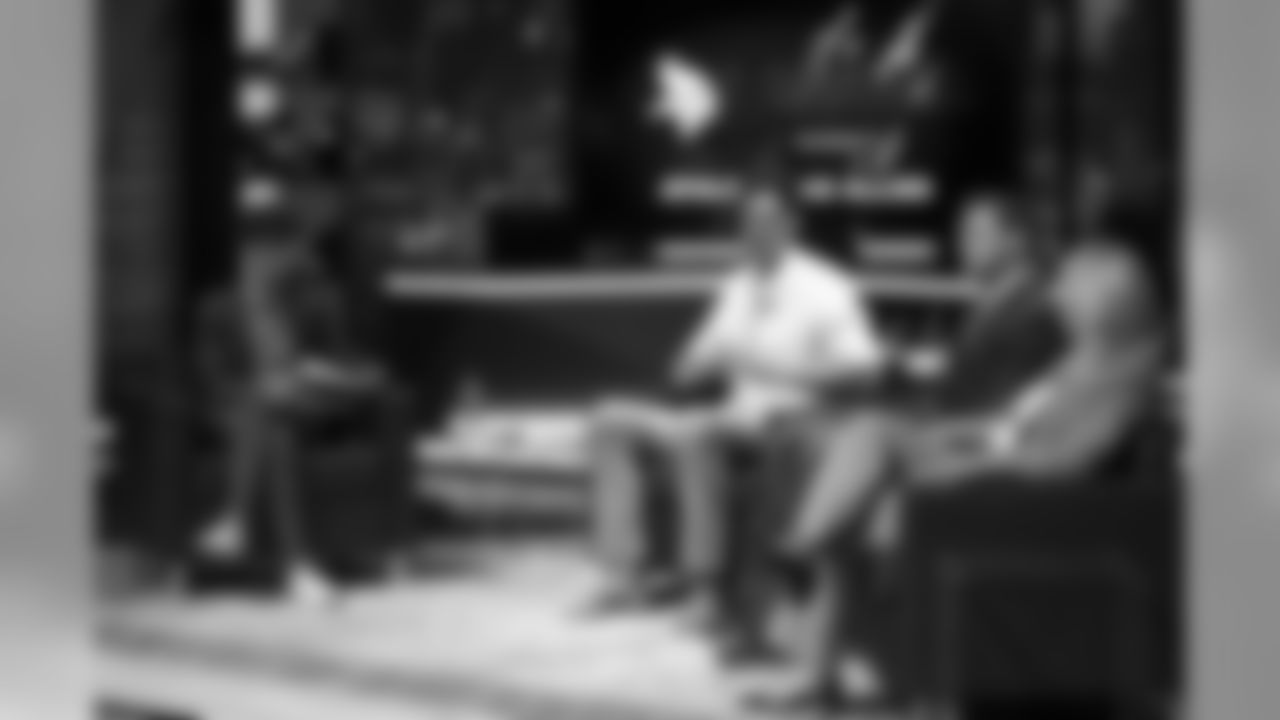
An image from June 21, 2018 of the Minnesota Vikings LGBTQ Summit held at TCO Performance Center in Eagan, MN.

An image from June 21, 2018 of the Minnesota Vikings LGBTQ Summit held at TCO Performance Center in Eagan, MN.
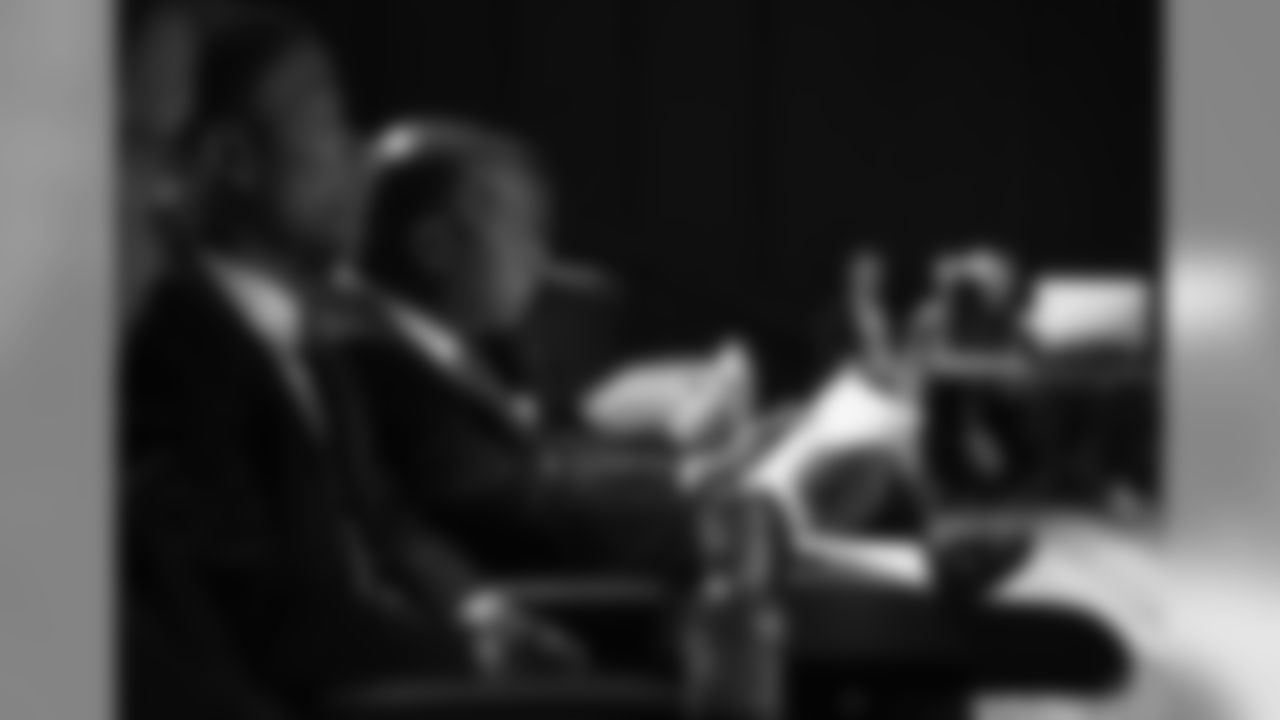
An image from June 21, 2018 of the Minnesota Vikings LGBTQ Summit held at TCO Performance Center in Eagan, MN.

An image from June 21, 2018 of the Minnesota Vikings LGBTQ Summit held at TCO Performance Center in Eagan, MN.
EAGAN, Minn. — There were laughs and tears mixed in with plenty of eye-opening discussions.
The Vikings hosted an LGBTQ (lesbian, gay, bisexual, transgender and queer) Summit on Thursday at Twin Cities Orthopedics Performance Center, the first event of its kind that focused on inclusion, awareness and sensitivity.
Those in attendance were encouraged on a historic day across the sports landscape.
"For a football franchise to host an LGBTQ summit, it's incredible," said Greg Louganis, a former Olympic diver who came out as gay in 1995 and is now an LGBTQ activist. "To have that kind of support, it's great to open up the conversation and have people come in and hear stories and experiences and learn from each other."
Added former Vikings punter Chris Kluwe: "This is a historic first in that it's the first NFL team to put on an event like this. Hopefully it serves as a model for other NFL teams that this isn't some scary, terrifying thing."
Kluwe and Louganis were among the 18 people who spoke at the summit, a group that included current and former athletes, collegiate coaches and administrators at both the professional and college level.
Representatives from 13 other NFL teams arrived in Minnesota to learn more. Representatives from the Timberwolves, Wild, Lynx and the University of Minnesota also attended.
Vikings Chief Operating Officer Kevin Warren told the crowd that the Vikings organization was proud to be the first NFL organization to host such a symposium.
"We have promised each other that we're going to create an environment that is sensitive, that is inclusive and that embraces diversity and gives people an opportunity to be the best they can be," Warren said. "We need to make sure that everyone — regardless of your background, your race, your color, your gender [or] your sexual orientation — needs to be a place that people can feel comfortable [and] they can feel safe."

Kluwe was on the opening panel that was moderated by KARE 11 journalist Jana Shortal. It included Hudson Taylor, a former All-American wrestler who is now a straight ally for LGBTQ rights, and Amy Wilson, the Director of Inclusion for the NCAA.
The group talked about how all athletes can be allies to those in the LGBTQ community and why Kluwe has been an outspoken supporter of various social issues in recent years.
"People want to be treated fairly," said Kluwe, who played for the Vikings from 2005-2012. "But if we do not address that and do not understand that people are different and they present in different ways and how different sexualities and people are different skin colors and maybe different religions, we're just going to keep having that same fight over and over and over again.
"I, for one, would prefer not to have that fight over and over and over again," Kluwe added.
Taylor said the masculine culture around sports leaves little room for LGBTQ athletes to feel comfortable in their own skin, and that LGBTQ athletes give up playing sports twice as often as heterosexual athletes.
Taylor is the founder of Athlete Ally, a nonprofit group whose mission is to eliminate homophobia and transphobia in sports. He gave his thoughts on why there is not currently an out, gay player in the NFL.
"As a young male athlete, I'm taught what is good is masculine and what is bad is feminine," Taylor said. "The knee-jerk reaction when that comes up is to assert that you are heterosexual and not a member of the LGBTQ community.
"It's not by accident that sport does not allow an out athlete," Taylor opined.
There are have been some out athletes in the past, and they were highlighted on the second panel of the day.
Shortal was joined by Louganis and triathlete Chris Mosier, who was the first transgender athlete to be sponsored by Nike. Joanna Lohman, a midfielder for the Washington Spirit of the National Women's Soccer League, also was on the panel.
Each athlete shared the ups and downs of their journey as an LGBTQ athlete.
"Coming out isn't a moment, it's an everyday existence," said Lohman, who is a lesbian.
Louganis was a gold-medal diver at both the 1984 and 1988 Summer Olympics. While he has helped pave the way for current LGBTQ athletes, Louganis said it's important to use the correct language these days when trying to spread his message of hope and acceptance.
"When you open up that door and give permission to talk about these things, you'd be suprised at a lot of the responses," Louganis said. "There is more support than you really believe. With these kids, it's creating a safe environment.
"And to create a safe environment, you have to give a part of yourself in order for them to gain your trust," Louganis added. "I think that's really key to creating an inclusive environment."
Mosier, a five-time member of Team USA's triathlete team, spoke to the fact that just as athletes can't all be put in the same box based on their skill set, LGBTQ athletes are also each diverse in their own right.
"You don't put a field full of quarterbacks out there," Mosier said. "Our backgrounds and our personalities are what makes us whole and what make us stronger teams.
"We are humans who are also athletes, and coaches and fans," Mosier said. "So we are diverse experiences that we bring with us everywhere we go."
But it's not just athletes who have a role in creating an inclusive environment, a topic the third panel spent nearly an hour on.
That panel included current Butler University linebacker Xavier Colvin, who came out as gay in August. He was joined by Butler Defensive Coordinator Joe Cheshire and Vanderbilt Women's Basketball Coach Stephanie White.
Colvin recalled the moment he stood in front of his teammates less than a year ago and revealed his true sexual orientation to them.
"I told them that I was gay and I made it clear that I didn't want anything to change," Colvin said. "It didn't. If anything, I grew some stronger relationships with friends who were understanding.
"It's been a long journey, but it's been a great one," Colvin added.
Colvin said he has had plenty of support at Butler, including from Cheshire and the Bulldogs coaching staff.
Cheshire was asked what his response would be from a potential football recruit or his family who said they would be uncomfortable with having Colvin on the team.
"We accept Xavier as a part of our team and our culture. Our culture is one of tolerance, and everyone is treated the same no matter what … that comes from the top down," said Cheshire, who said he has a gay brother. "If someone is going to come in and look at that as a negative, that is his interpretation, and [he] probably wouldn't be a guy who would fit our culture anyway.
"It kind of answers itself," Cheshire said.

Executives from the NFL and NCAA spoke on an afternoon panel, while the final panel was made up of resources that LGBTQ allies could turn to in order to be more informed and involved. That panel included Samantha Rapoport, the NFL's Director of Football Development, and Brian Kitts, the co-founder of You Can Play, an initiative that has helped change the culture in locker rooms across the country.
"The entire day has been a complete out-of-body experience for me. For the first two hours, I couldn't believe I was staring at an NFL logo with the 'LGBTQ letters' [next to it]," Rapoport said.
Kitts, in assessing progress of acceptance becoming the norm, added: "I think that 10 years ago, I'm not sure that we would be having this discussion … 10 years from now, I hope that we're not."
Former Vikings defensive tackle Esera Tuaolo also shared his personal story of coming out in 2002 after he had retired from a nine-year NFL career.
Tuaolo gave a stark reminder of why he waited until his career was over to reveal his sexuality.
"If I had come out during my NFL career, I probably wouldn't have had an NFL career," he said.
Hannah Gordon is the Chief Administrative Officer & General Counsel for the San Francisco 49ers, one of the 13 teams represented Thursday.
Gordon said her organization was thrilled to come to the event to try and gain a better understanding about a variety of issues.
"This is a phenomenal event and one that we want to participate in and learn from and potentially look at the ways we can support the LGBTQ community," Gordon said. "It was really incredible that they put on a thoughtful, well-produced, meaningful event where there was a lot of practical advice."
Everyone from Kluwe to Louganis raved about how well the historic event unfolded Thursday in Eagan.
But they also cautioned that in order for real progress to be made, events like the LGBTQ Summit can be a one-time thing and then rarely addressed in the future.
"It's all too easy to say, 'OK, we had the event and let's go back to the status quo.' That happens over and over and over again with all sorts of social rights issues," Kluwe said. "If there were a couple other events like this next year, then it shows that teams are willing to change and actually listen and understand why this is an issue and how they can help solve the issue."
Added Louganis: "This is a wonderful start and is really positive. It's great to start the conversation, but you have to take the steps to move forward."









